I got up at 3:30a PDT to moderate a session on XR ethics at the @Shift_Medical conf
Dr Philipp Kellmeyer (MD), University of Freiburg
Laura Elan, @XRSIdotorg
Thomas Süptitz & Steffen Buchholz, The Federal Ministry of Health (BMG)
Mihir Mistry, Secureworks
https://shiftmedical.eu/program ">https://shiftmedical.eu/program&q...
Dr Philipp Kellmeyer (MD), University of Freiburg
Laura Elan, @XRSIdotorg
Thomas Süptitz & Steffen Buchholz, The Federal Ministry of Health (BMG)
Mihir Mistry, Secureworks
https://shiftmedical.eu/program ">https://shiftmedical.eu/program&q...
2/ Dr. Philipp Kellmeyer had some great slides & pointers to the intersection of AI, XR, & Ethics:
https://responsible-ai.org/
https://responsible-ai.org/">... href=" https://www.nature.com/news/four-ethical-priorities-for-neurotechnologies-and-ai-1.22960">https://www.nature.com/news/four...
https://responsible-ai.org/
3/ There& #39;s an accountability gap with human-AI interactions.
https://pubmed.ncbi.nlm.nih.gov/27634714/ ">https://pubmed.ncbi.nlm.nih.gov/27634714/...
https://pubmed.ncbi.nlm.nih.gov/27634714/ ">https://pubmed.ncbi.nlm.nih.gov/27634714/...
4/ Laura Elan of @XRSIdotorg, talking about the intersection of medical XR with safety & security.
5/ Laura Elan also talked about the unique privacy concerns and the @XRSIdotorg mission and calls to action.
6/ Thomas Süptitz & Steffen Buchholz of The Federal Ministry of Health (BMG) talking about Hacking XR, Views from a regulatory perspective, specifically some of the EU-specific regulations for XR & medical devices.
8/ Mihir Mistry, Secureworks talking about Healthcare Cybersecurity including the threat landscape and protecting medical information.
9/ I just moderated a panel on XR & Privacy in Medical XR with Dr. Philipp Kellmeyer ( @neuroastics), @XRSIdotorg& #39;s Laura Elan, & @Secureworks& #39; Mihir Mistry at @Shift_Medical covering biometric info convergence, telemedicine, top ethical concerns, & interdisciplinary inspirations.
10/ Pretty amazing @shift_medical presentation on "The Smart Hospital of The Future and How We Built It" by Dr Hannes Kenngott ( @hkenngott). There& #39;s a huge amount of innovation that& #39;s happening at Heidelberg University Hospital.
11/ Interesting to see the integration of lots of different types of sensors in a Smart Hospital context during @HKenngott& #39;s talk on the Heidelberg University Hospital.
12/ @HKenngott showed how augmented reality-assisted surgery to overlay measurement data.
13/ @HKenngott also showed how the virtual & the real interact in his Smart Hospital presentation about Heidelberg University Hospital. BIM Model information to create a dynamic Digital Twin to track room capacity, resource allocation, & different types of virtual training.
14/ Technology is changing so quickly that the design of the Smart Hospital features of Heidelberg University Hospital needed to integrate a lot of cutting-edge spatial technologies where the software platforms are not fully built yet, & so they& #39;ll be pushing software updates.
15/ @ApoQlar CEO Sirko Pelzl talked about their VSI Holomedicine Platform that can be used for training, patient education, pre-op planning, surgery, telemedicine, & documentation. They did the first heart surgery with @hololens 2. He announced a hologram collaboration platform.
16/ @ApoQlar showed a number of different ways in which augmented reality makes a lot of sense in a medical context to overlay spatial visualizations and data visualizations in a hands-free way. There& #39;s already a lot of monitors that are radiating information.
17/ @ApoQlar also showed some examples of overlaying information for different surgical procedures including lymph node surgery, hydrocephalus surgery, & visceral surgery.
18/ Johns Hopkins University& #39;s @AzimiEhsan talked about "SurgeonMR: Interactive Platform for Surgical Procedures in Mixed Reality"
19/ @AzimiEhsan showed how SurgeonMR is being used in a training, guidance, & visualization for the registration, planning, & insertion of a catheter.
20/ AR for training is going to have a lot of applications, especially in the medical context where they saw a 35% improvement in target accuracy. Before they were getting a 33% miss rate in ventriculostomy procedures.
21/ @e_liz_dc of the @XRAssociation gave an overview of how XRA is looking at XR Public Policy, XR Awareness, and XR Research & Best Practices.
XRA has funding from @htcvive, @GoogleARV, @Oculus, Microsoft, & Sony Interactive Entertainment.
https://xra.org/ ">https://xra.org/">...
XRA has funding from @htcvive, @GoogleARV, @Oculus, Microsoft, & Sony Interactive Entertainment.
https://xra.org/ ">https://xra.org/">...
22/ @e_liz_dc showed some @XRAssociation Resources:
Supercharging the Virtual Workforce: Distance Learning & the Future of Work
https://www.youtube.com/watch?v=R-lcm6yZggQ
XR">https://www.youtube.com/watch... Primer 2.0: A starter guide for XR Developers
https://xra.org/research/xr-primer-2-0-a-starter-guide-for-developers/
2020">https://xra.org/research/... AR & VR Survey Report
https://xra.org/research/2020-augmented-and-virtual-reality-survey-report/">https://xra.org/research/...
Supercharging the Virtual Workforce: Distance Learning & the Future of Work
https://www.youtube.com/watch?v=R-lcm6yZggQ
XR">https://www.youtube.com/watch... Primer 2.0: A starter guide for XR Developers
https://xra.org/research/xr-primer-2-0-a-starter-guide-for-developers/
2020">https://xra.org/research/... AR & VR Survey Report
https://xra.org/research/2020-augmented-and-virtual-reality-survey-report/">https://xra.org/research/...
23/ @e_liz_dc showed this framework to help make sense of the medical XR landscape.
Patient-focused therapies:
Escape, distraction, desensitization.
Provider-focused:
3D visualization, holographic visualization/overlay, simulation training or assessment, augmented haptic sim
Patient-focused therapies:
Escape, distraction, desensitization.
Provider-focused:
3D visualization, holographic visualization/overlay, simulation training or assessment, augmented haptic sim
24/ @XRAssociation& #39;s @e_liz_dc gave some more examples of XR medical use cases including: simulation & training, therapeutic desensitization, 3D visualization, & therapeutic distraction.
25/ Mohamed Jean-Philippe Sangaré gave an overview of the Swiss Society of Virtual, Augmented & Mixed Reality ( @RealiTvirtuelle) & their upcoming #DimensionsXR2020 conference Oct 28-30.
He gave some philosophical ruminations on different types of reality.
https://ssvar.ch/ ">https://ssvar.ch/">...
He gave some philosophical ruminations on different types of reality.
https://ssvar.ch/ ">https://ssvar.ch/">...
26/ Here& #39;s a few more slides from Mohamed Jean-Philippe Sangaré& #39;s more philosophical talk on reality.
He started to show this video on "Wigner& #39;s Friend Paradox: Is Observation Inherently Flawed?" to challenge whether or not an objective reality exists.
https://www.youtube.com/watch?v=5AodzEpvzZw">https://www.youtube.com/watch...
He started to show this video on "Wigner& #39;s Friend Paradox: Is Observation Inherently Flawed?" to challenge whether or not an objective reality exists.
https://www.youtube.com/watch?v=5AodzEpvzZw">https://www.youtube.com/watch...
27/ Harald Eifert, talked about EurA AG& #39;s consulting services, as well as their XRMed workshops & innovation network
https://www.xrmed.de/ ">https://www.xrmed.de/">...
https://www.xrmed.de/ ">https://www.xrmed.de/">...
28/ @VDC_Fellbach& #39;s Christoph Runde talked about the Virtual Dimension Center (VDC) in Fellbach, Germany which is a B2B network for AR & VR in Germany.
https://www.vdc-fellbach.de/en/ ">https://www.vdc-fellbach.de/en/"...
https://www.vdc-fellbach.de/en/ ">https://www.vdc-fellbach.de/en/"...
29/ Steven Max Patterson ( @stevep2007) talked about medVR & @MedVRhack, which is a spin-off of the @mitrealityhack.
30/ @stevep2007 gave more context on the origins of the @MedVRhack, showed an impressive list of affiliations, sponors, & collaborators, & their curriculum, which was developed by Vangelis Lympouridis ( @enosisvr)
31/ @petradahm & Julia Wittmann talked about @xrbavaria, their 3 XR Hubs2, their medical network, medical conference, and health hackers.
https://xrbavaria.de/
https://xrbavaria.de/">... href=" https://www.medteclive.com/
https://www.medteclive.com/">... href=" https://www.healthhackers.de/ ">https://www.healthhackers.de/">...
https://xrbavaria.de/
32/ There& #39;s lots of stuff happening in Bavaria with XR with @XRBavaria.
https://xrnetwork.xrhub-bavaria.de/en
Newsletter:">https://xrnetwork.xrhub-bavaria.de/en"&... http://xrhub-bavaria.de/xr-newsletter/ ">https://xrhub-bavaria.de/xr-newsle...
https://xrnetwork.xrhub-bavaria.de/en
Newsletter:">https://xrnetwork.xrhub-bavaria.de/en"&... http://xrhub-bavaria.de/xr-newsletter/ ">https://xrhub-bavaria.de/xr-newsle...
33/ @oliverschreer talks about @XR4ALL, which is a Coordination & Support Action funded by the European Commission to cultivate community & foster collaboration.
34/ @XR4ALL is a hub for the European XR community & they have 14 Special Interest Groups, a research agenda, & events.
Main site:
http://xr4all.eu/
Research">https://xr4all.eu/">... Agenda:
http://xr4all.eu/research-agenda/
Events:
https://xr4all.eu/research-... href=" http://xr4all.eu/events/
https://xr4all.eu/events/&q... href=" https://twitter.com/XR4ALL/status/1214872612834336770">https://twitter.com/XR4ALL/st...
Main site:
http://xr4all.eu/
Research">https://xr4all.eu/">... Agenda:
http://xr4all.eu/research-agenda/
Events:
35/ @bobfine on the International Virtual Reality Healthcare Association.
https://ivrha.org/
47">https://ivrha.org/">... talks from "Your Guide to Virtual Reality Healthcare Applications, Products & Services"
https://www.crowdcast.io/e/your-guide-to-virtual-reality-healthcare-applications-products-and-services
5th">https://www.crowdcast.io/e/your-gu... VR Healthcare Symposium submissions:
https://ivrha.dev/2021submissions ">https://ivrha.dev/2021submi...
https://ivrha.org/
47">https://ivrha.org/">... talks from "Your Guide to Virtual Reality Healthcare Applications, Products & Services"
https://www.crowdcast.io/e/your-guide-to-virtual-reality-healthcare-applications-products-and-services
5th">https://www.crowdcast.io/e/your-gu... VR Healthcare Symposium submissions:
https://ivrha.dev/2021submissions ">https://ivrha.dev/2021submi...
36/ @christianjohner of Johner Institut gave an introductory talk on the basics of regulation of medical devices (with a European focus).
It feels like there& #39;s a lot more European regulations that XR medical companies have to navigate than US companies.
It feels like there& #39;s a lot more European regulations that XR medical companies have to navigate than US companies.
37/ More overview of some of the European Union& #39;s Medical Device Regulations + recommended ISO standards by @christianjohner.
He did a pretty extensive deep dive into the regulatory approval process.
He said the process takes ~6-12 months to get XR approved as a medical device.
He did a pretty extensive deep dive into the regulatory approval process.
He said the process takes ~6-12 months to get XR approved as a medical device.
38/ Dr Mark Hastenteufel of Hochschule Mannheim talks about "XR as a medical device" in a European regulatory context.
Because XR is moving towards experiential medicine that uses commercially-available XR hardware, then most of medical XR is "Software as a Medical Device" (SaMD)
Because XR is moving towards experiential medicine that uses commercially-available XR hardware, then most of medical XR is "Software as a Medical Device" (SaMD)
39/ Dr Mark Hastenteufel walks through more of the European Union& #39;s Medical Device Regulations, details of the general safety & performance requirements, and the specific risks induced by XR hardware (as listed by the manufacturer& #39;s health & safety warnings.
40/ Ryan Beams of the Food and Drug Administration ( @US_FDA) talks about the "Regulatory Evaluation Challenges for Medical Extended Reality Devices"
Lists applications using XR devices approved by the FDA + specific VR & AR min spec performance questions for medical applications
Lists applications using XR devices approved by the FDA + specific VR & AR min spec performance questions for medical applications
41/ @US_FDA& #39;s Ryan Beam talks about the Medical Extended Reality (MXR) Research Program that is doing technical R&D research looking at image quality, rendering, color perception, contrast, & resolution limitations for how these tech specs impact medical decision-making.
42/ Ryan Beam did a deep dive into some of the XR tech specs they& #39;re researching & evaluating.
The @US_FDA held a @MedicalXR workshop, & the archive of videos can be found online here:
https://www.fda.gov/medical-devices/workshops-conferences-medical-devices/public-workshop-medical-extended-reality-toward-best-evaluation-practices-virtual-and-augmented">https://www.fda.gov/medical-d...
The @US_FDA held a @MedicalXR workshop, & the archive of videos can be found online here:
https://www.fda.gov/medical-devices/workshops-conferences-medical-devices/public-workshop-medical-extended-reality-toward-best-evaluation-practices-virtual-and-augmented">https://www.fda.gov/medical-d...
42/ The @medicalXR follow-up is a NSF Industry-University Cooperative Research Centers (IUCRC) with University of Maryland& #39;s Center of Medical Innovations in eXtEnded Reality (MIXER).
Sean Beam also shared some references and other relevant links.
Sean Beam also shared some references and other relevant links.
44/ "How to get started [in getting your XR medical device approved by regulators]- First steps towards the mountain peak" - Tobias Klingenfuss, TWT Digital Health GmbH ( @twtdigihealth).
This talk gives a high-level overview of some of the EU-specific considerations.
This talk gives a high-level overview of some of the EU-specific considerations.

 Read on Twitter
Read on Twitter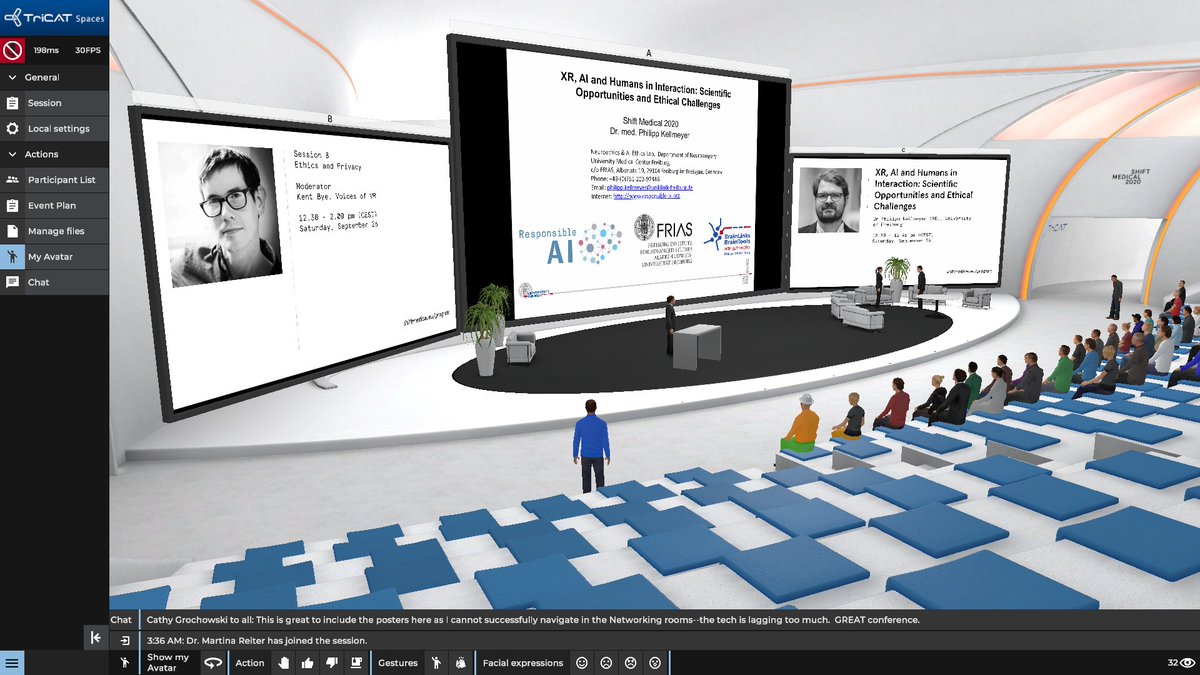
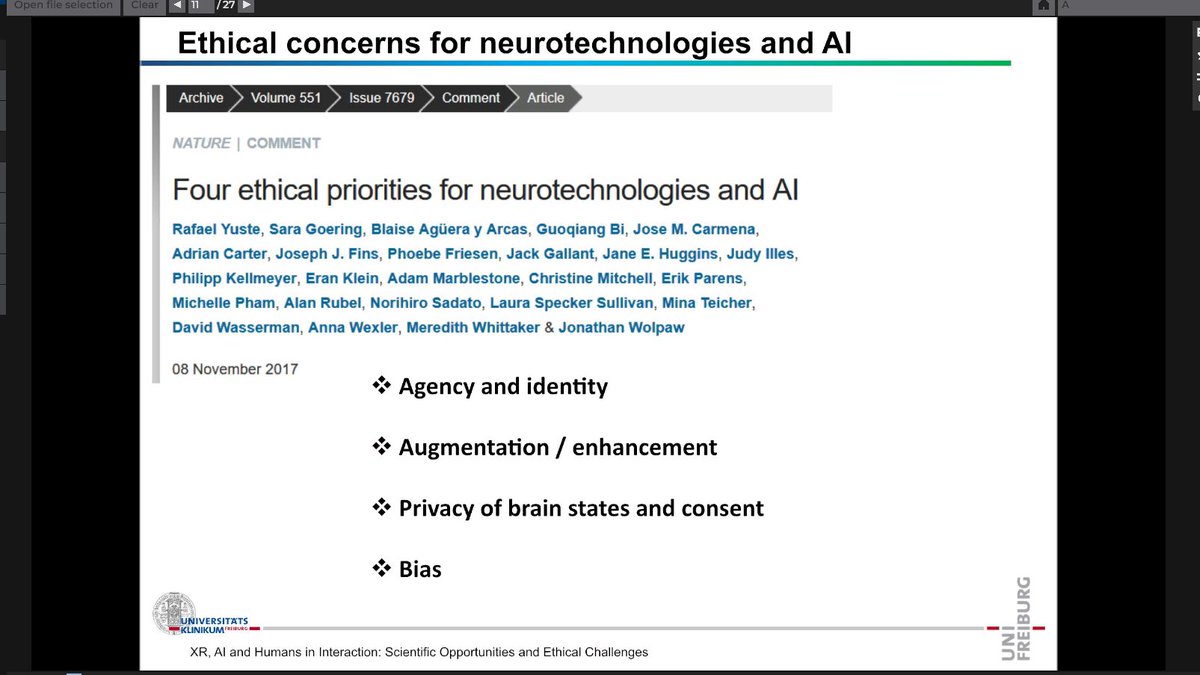 https://www.nature.com/news/four..." title="2/ Dr. Philipp Kellmeyer had some great slides & pointers to the intersection of AI, XR, & Ethics: https://responsible-ai.org/">... href=" https://www.nature.com/news/four-ethical-priorities-for-neurotechnologies-and-ai-1.22960">https://www.nature.com/news/four...">
https://www.nature.com/news/four..." title="2/ Dr. Philipp Kellmeyer had some great slides & pointers to the intersection of AI, XR, & Ethics: https://responsible-ai.org/">... href=" https://www.nature.com/news/four-ethical-priorities-for-neurotechnologies-and-ai-1.22960">https://www.nature.com/news/four...">
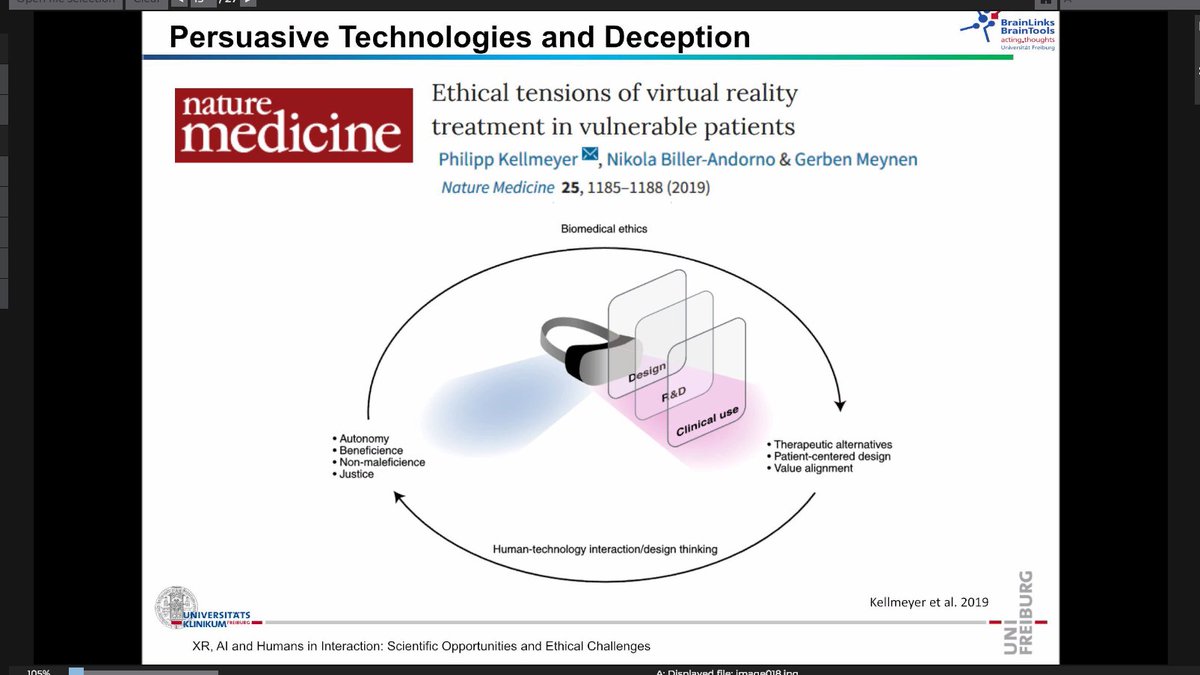 https://www.nature.com/news/four..." title="2/ Dr. Philipp Kellmeyer had some great slides & pointers to the intersection of AI, XR, & Ethics: https://responsible-ai.org/">... href=" https://www.nature.com/news/four-ethical-priorities-for-neurotechnologies-and-ai-1.22960">https://www.nature.com/news/four...">
https://www.nature.com/news/four..." title="2/ Dr. Philipp Kellmeyer had some great slides & pointers to the intersection of AI, XR, & Ethics: https://responsible-ai.org/">... href=" https://www.nature.com/news/four-ethical-priorities-for-neurotechnologies-and-ai-1.22960">https://www.nature.com/news/four...">
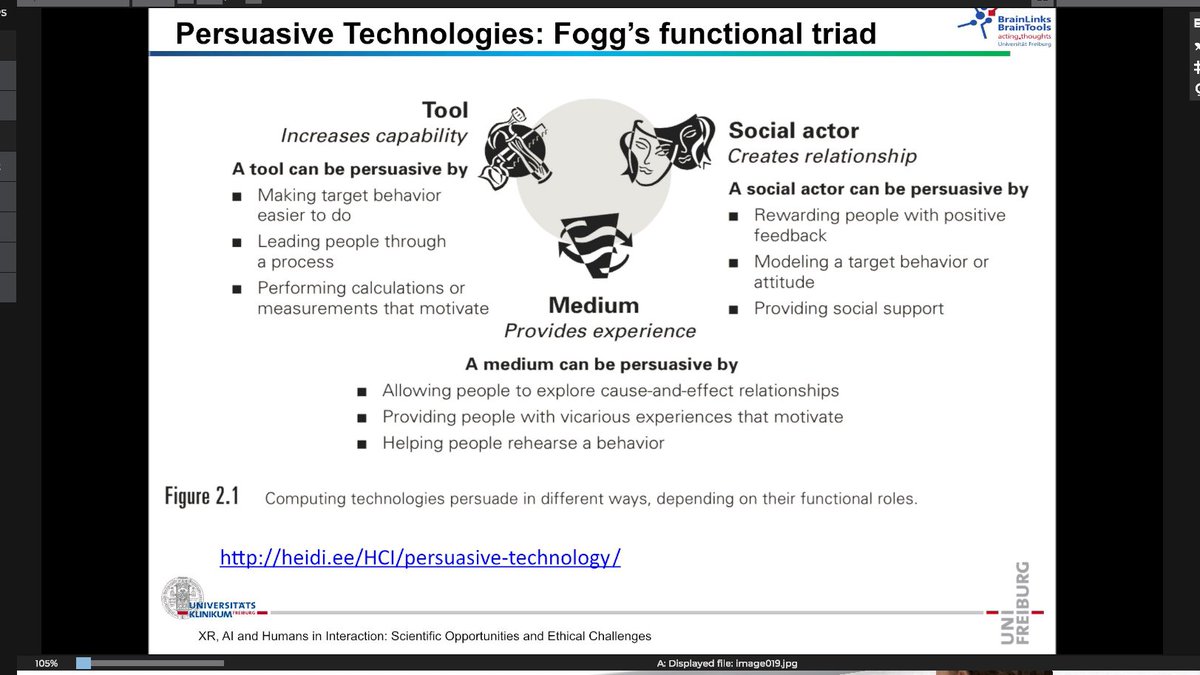 https://www.nature.com/news/four..." title="2/ Dr. Philipp Kellmeyer had some great slides & pointers to the intersection of AI, XR, & Ethics: https://responsible-ai.org/">... href=" https://www.nature.com/news/four-ethical-priorities-for-neurotechnologies-and-ai-1.22960">https://www.nature.com/news/four...">
https://www.nature.com/news/four..." title="2/ Dr. Philipp Kellmeyer had some great slides & pointers to the intersection of AI, XR, & Ethics: https://responsible-ai.org/">... href=" https://www.nature.com/news/four-ethical-priorities-for-neurotechnologies-and-ai-1.22960">https://www.nature.com/news/four...">
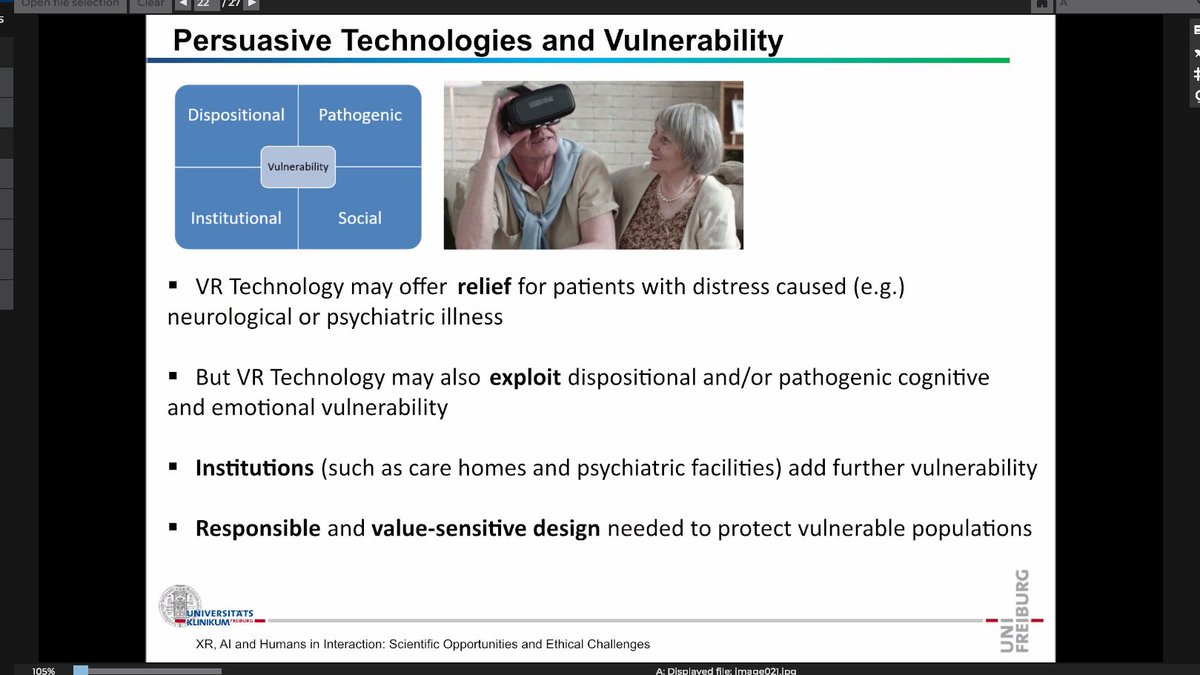 https://www.nature.com/news/four..." title="2/ Dr. Philipp Kellmeyer had some great slides & pointers to the intersection of AI, XR, & Ethics: https://responsible-ai.org/">... href=" https://www.nature.com/news/four-ethical-priorities-for-neurotechnologies-and-ai-1.22960">https://www.nature.com/news/four...">
https://www.nature.com/news/four..." title="2/ Dr. Philipp Kellmeyer had some great slides & pointers to the intersection of AI, XR, & Ethics: https://responsible-ai.org/">... href=" https://www.nature.com/news/four-ethical-priorities-for-neurotechnologies-and-ai-1.22960">https://www.nature.com/news/four...">
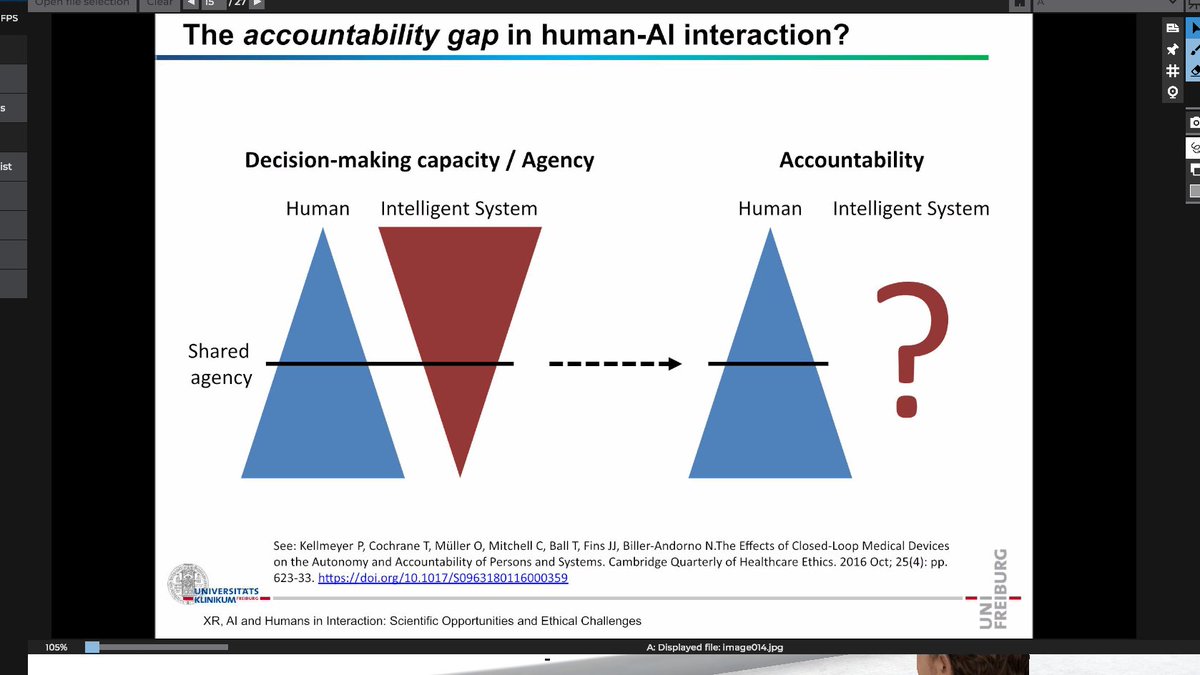
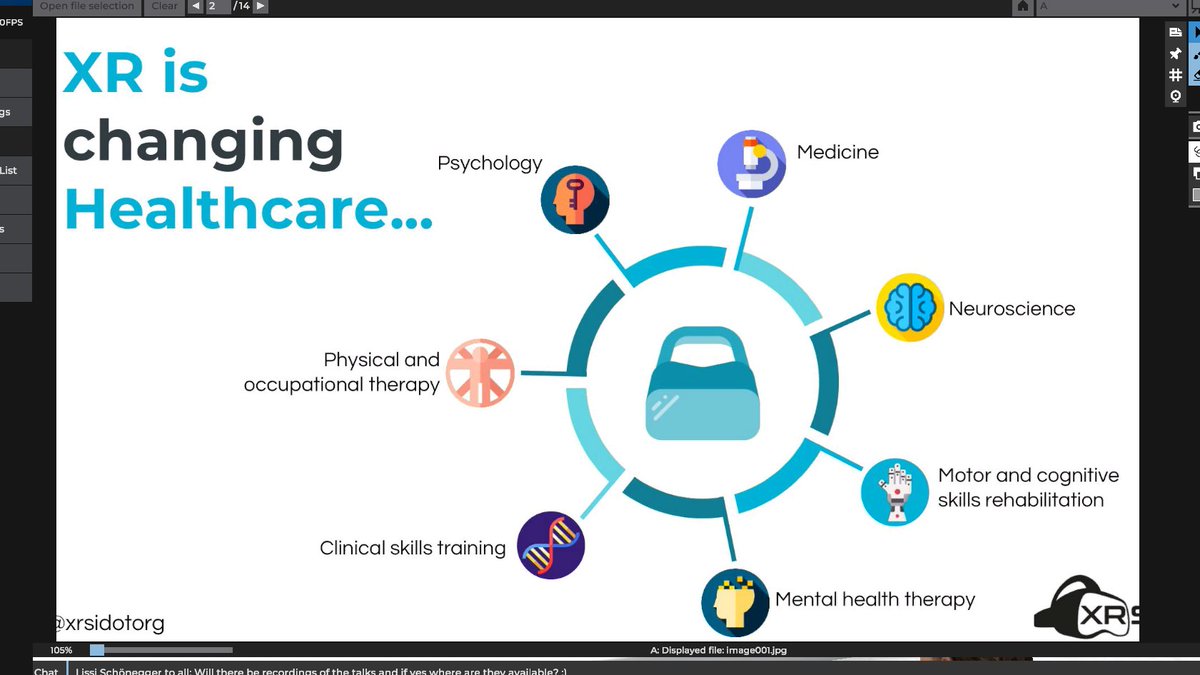
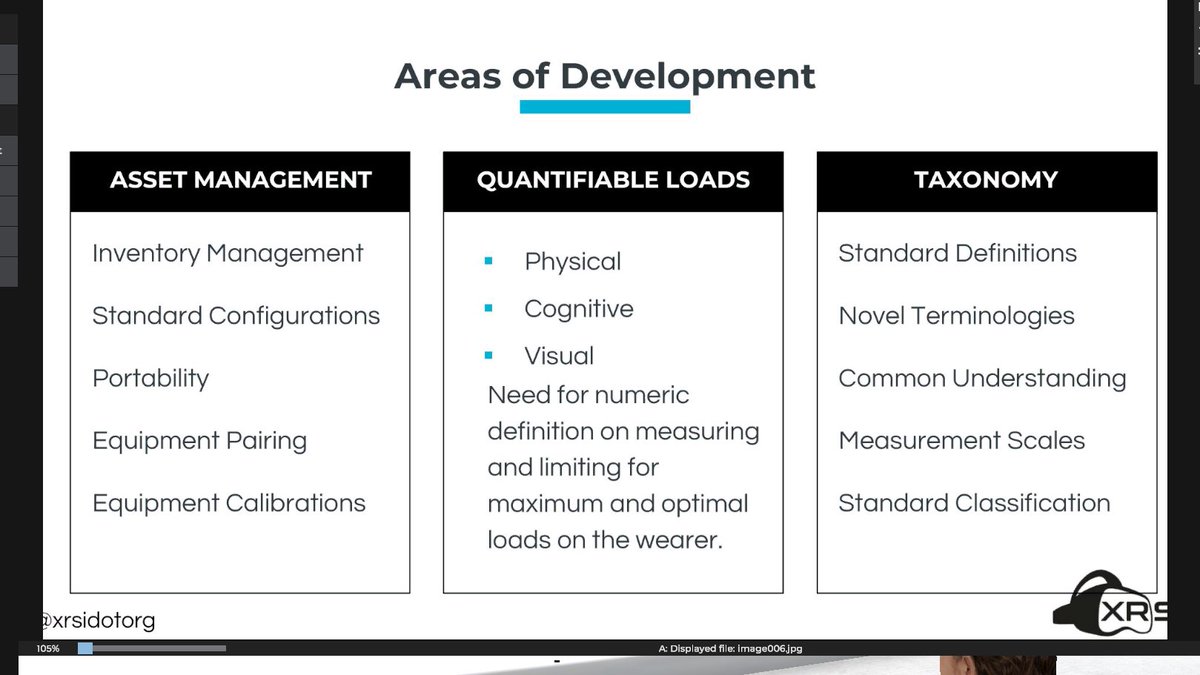
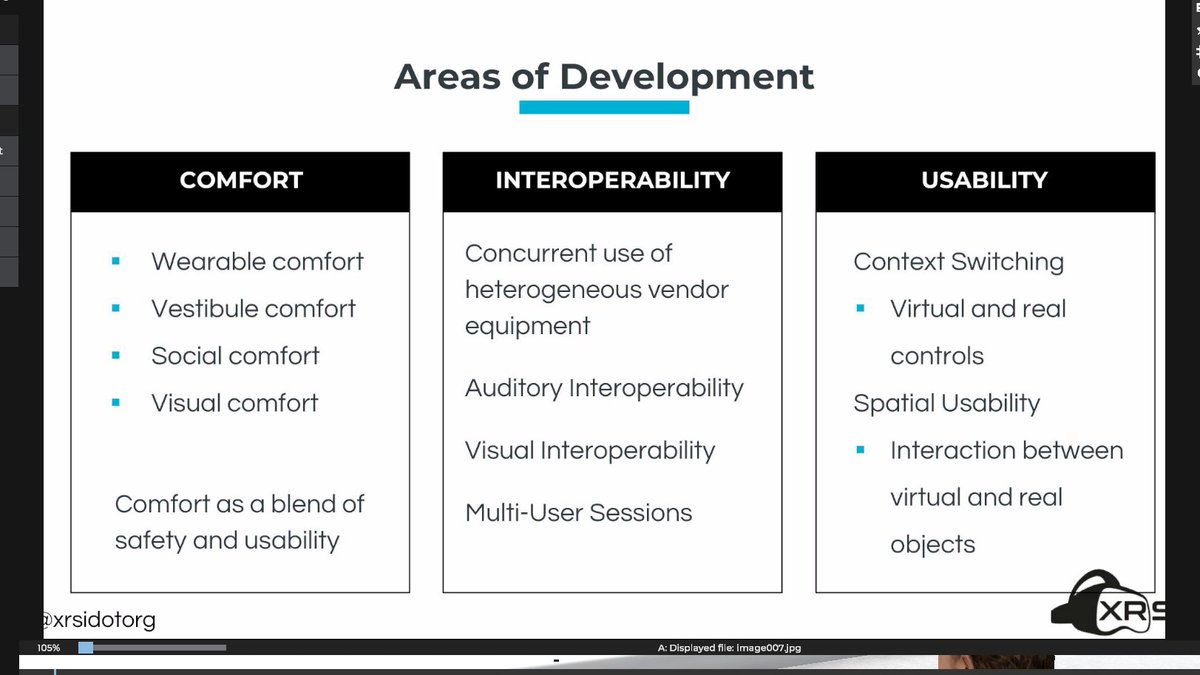

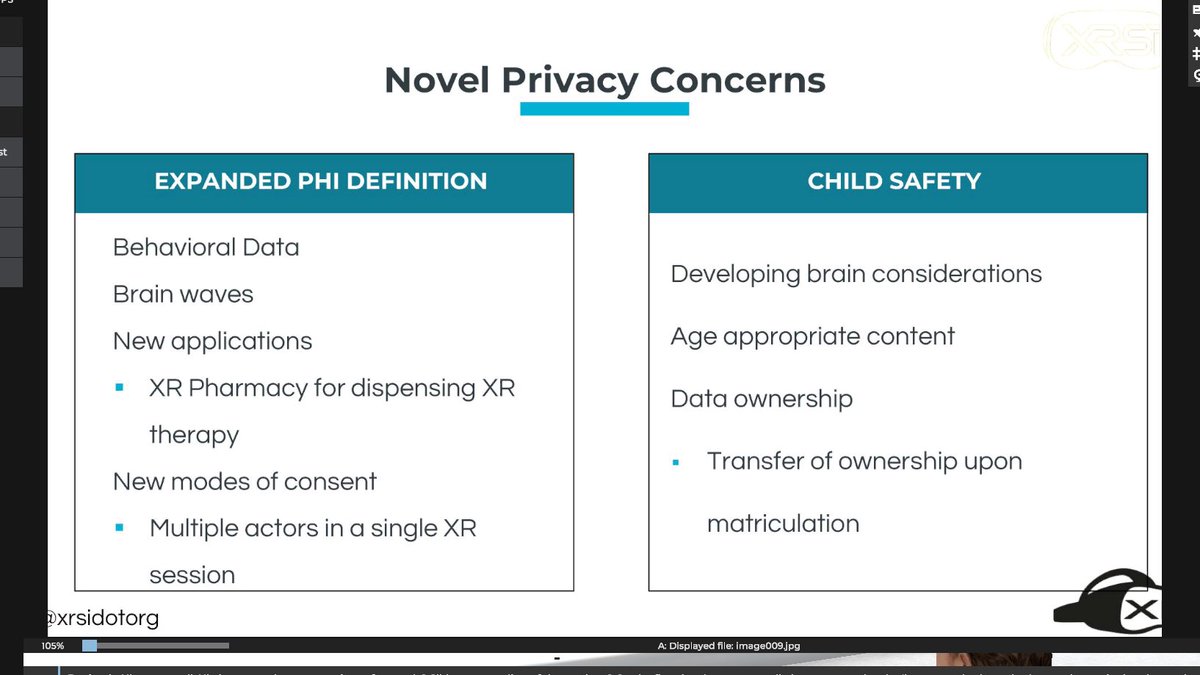
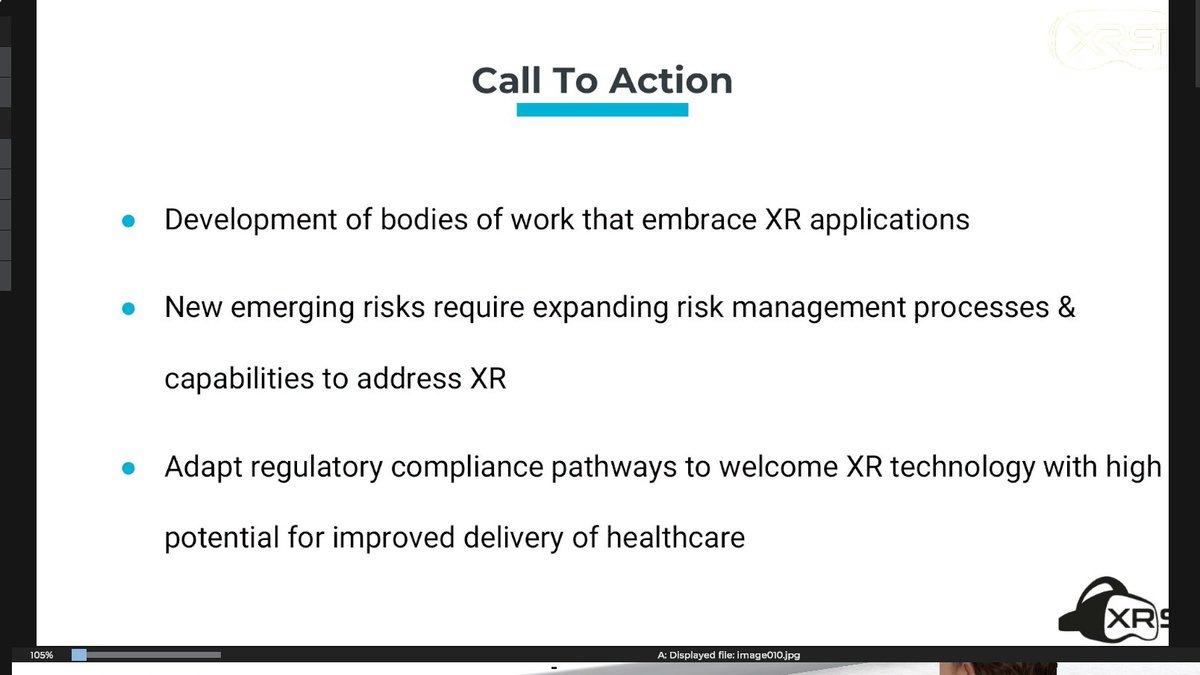
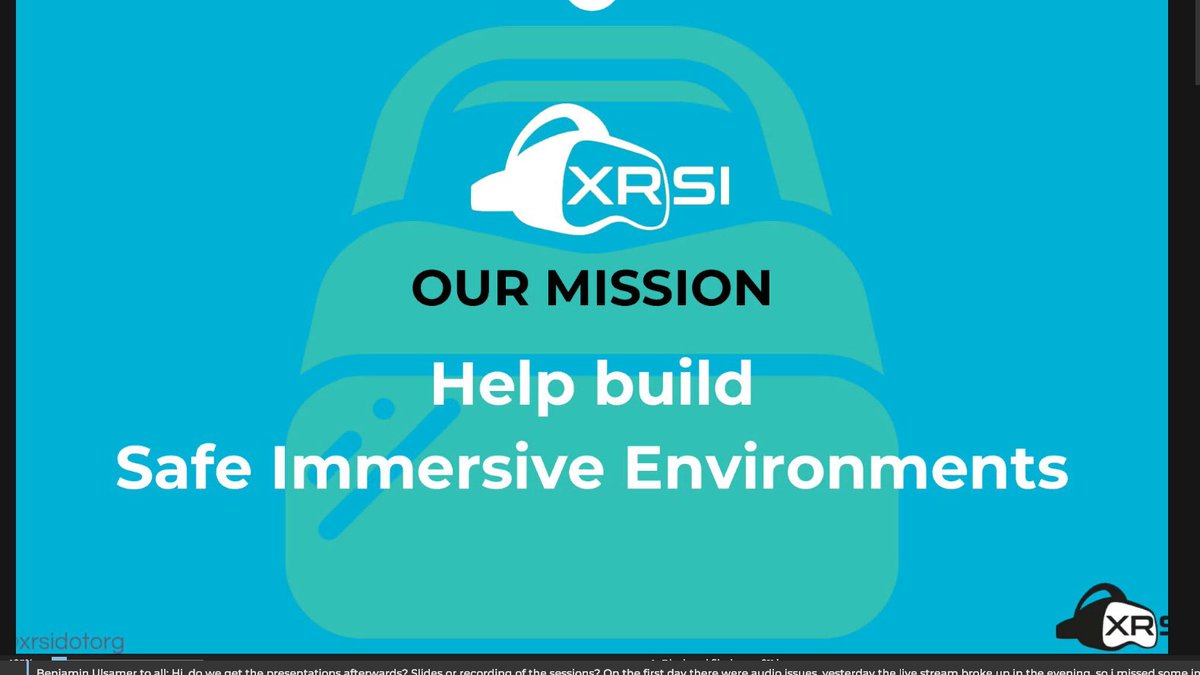
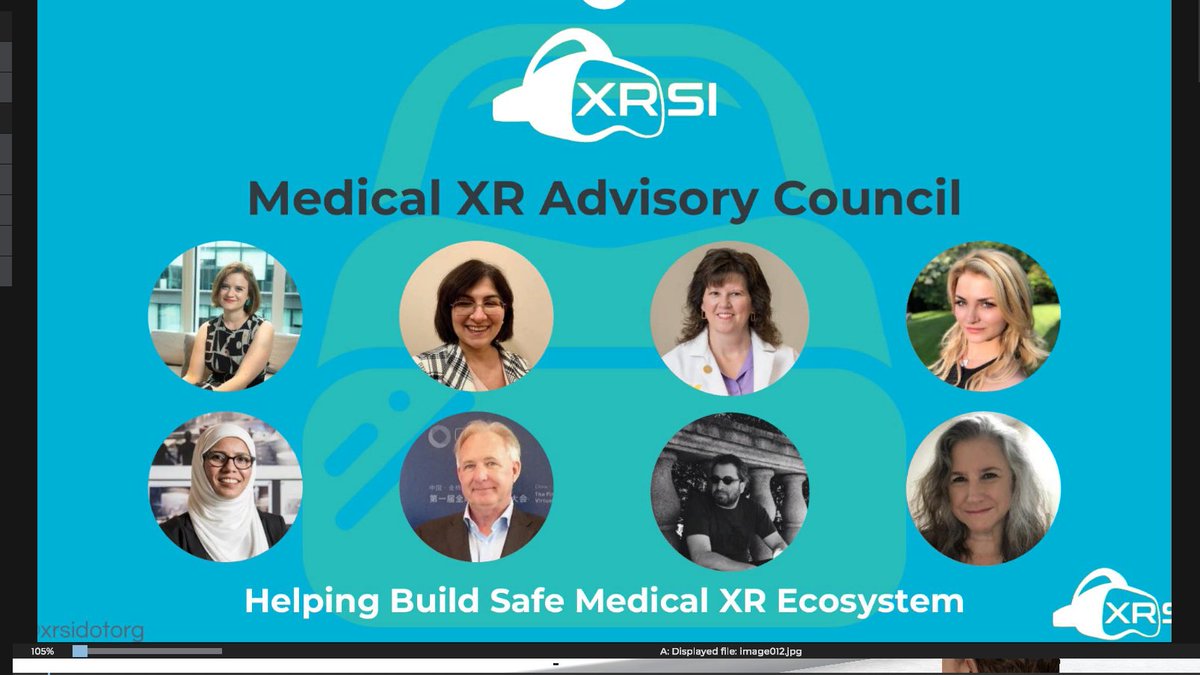
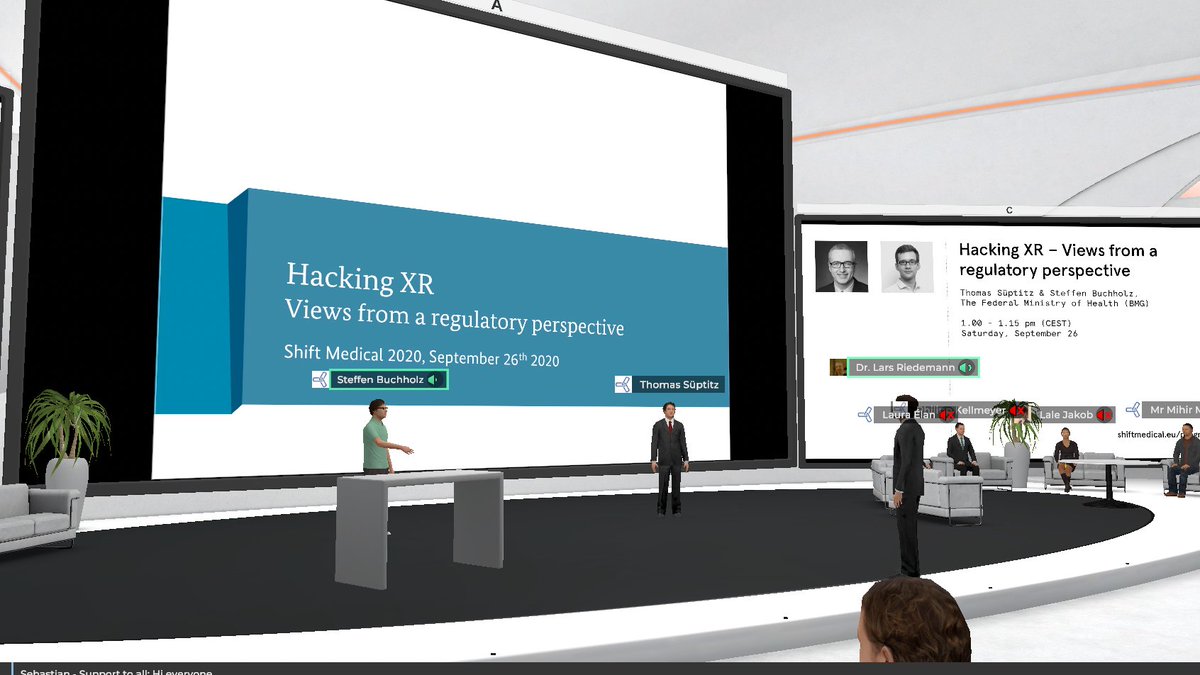
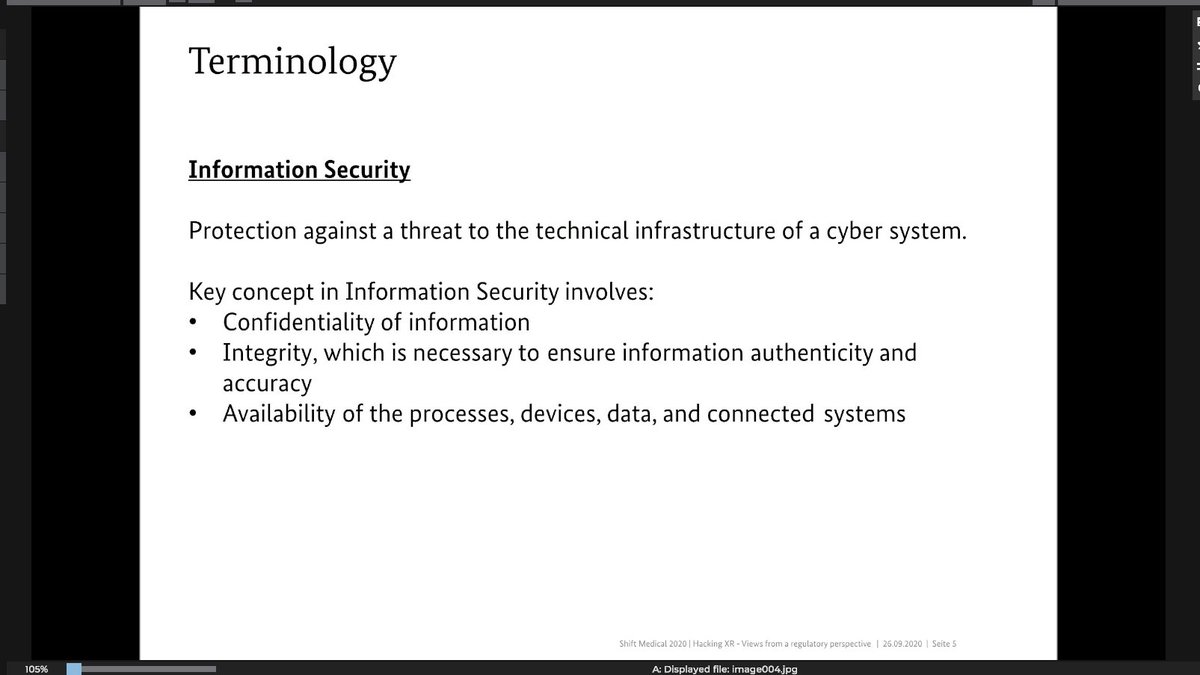
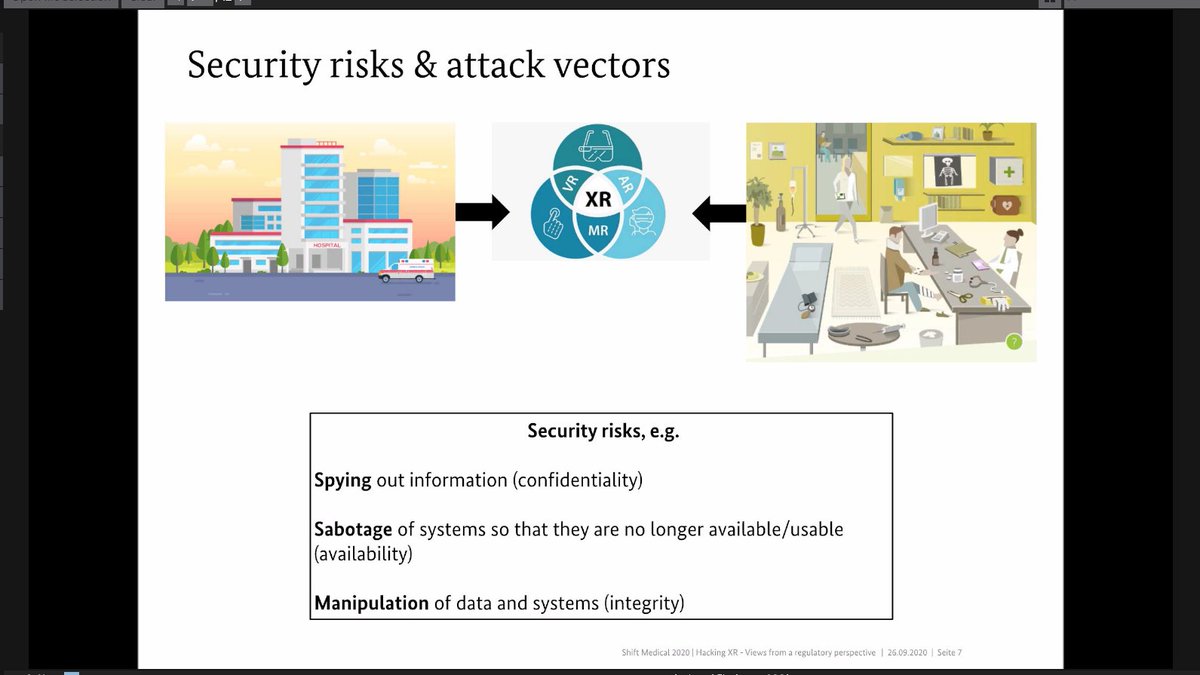
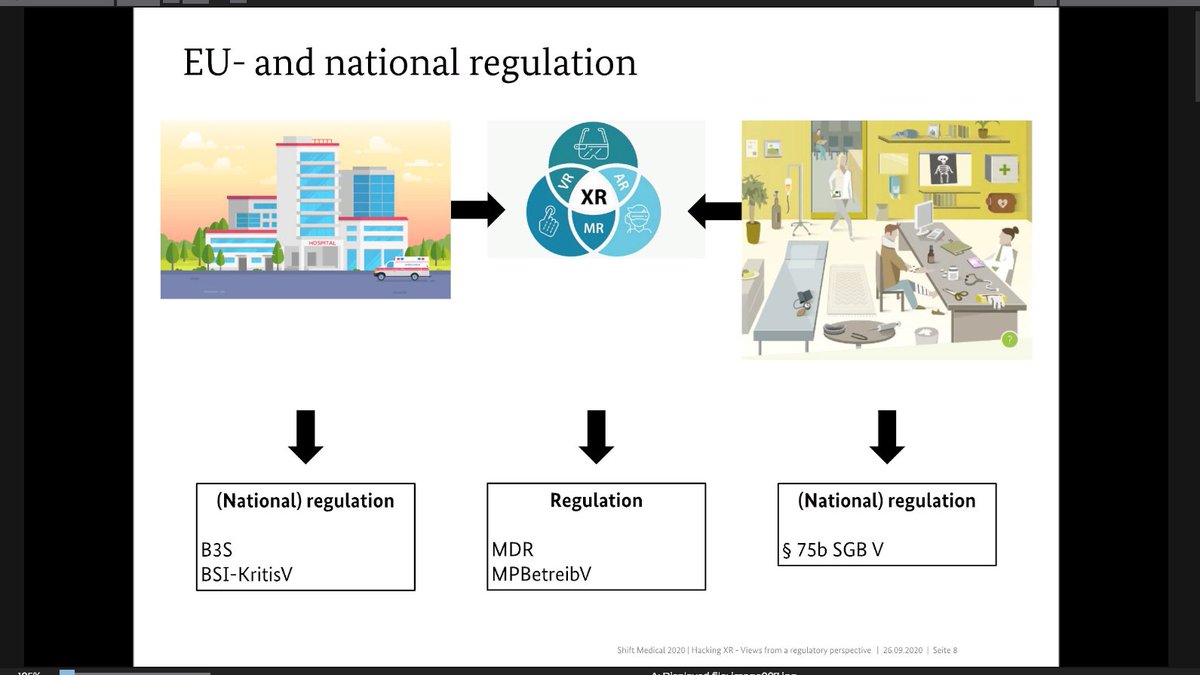
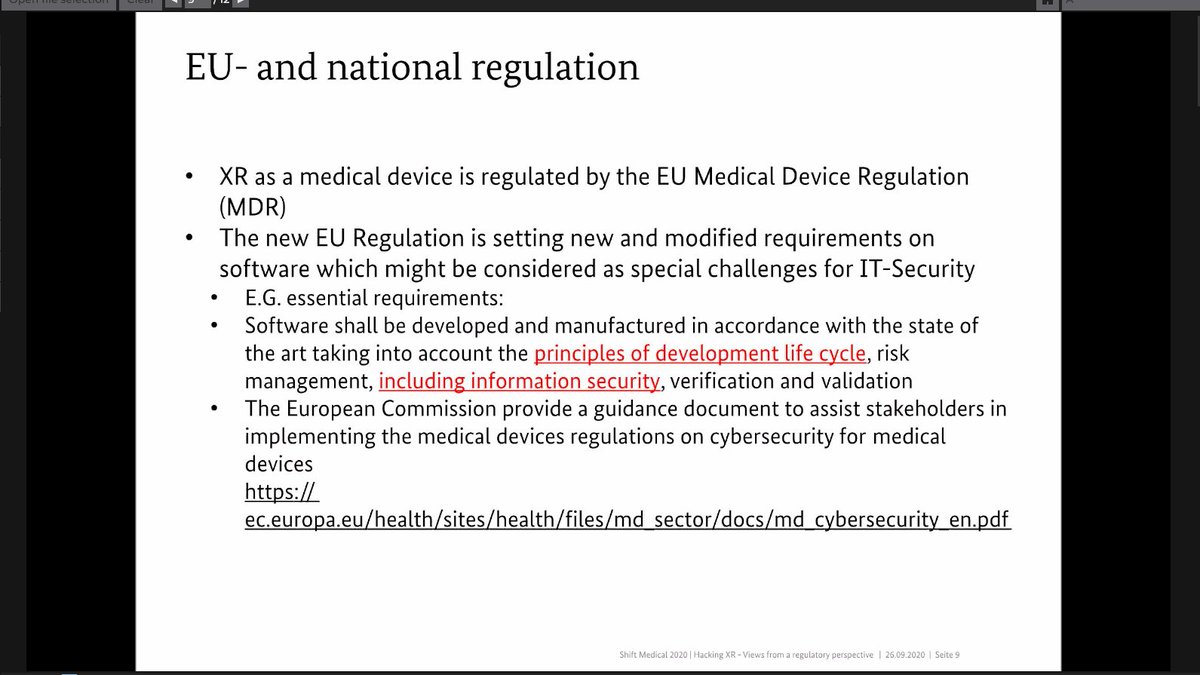
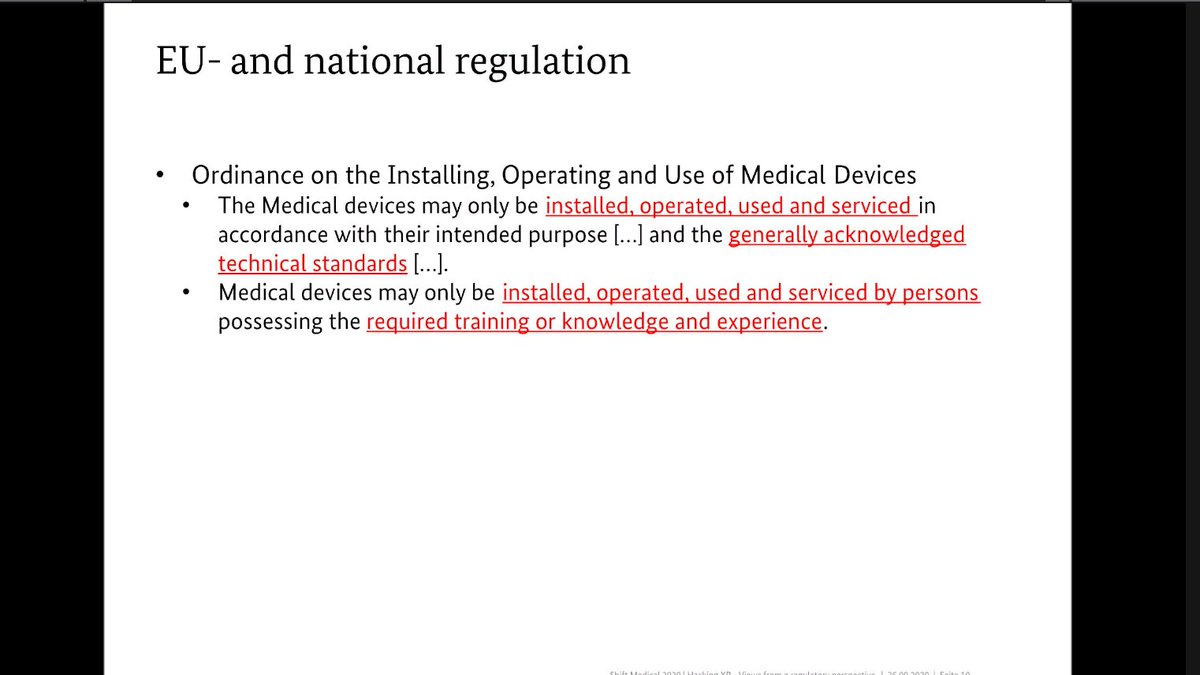
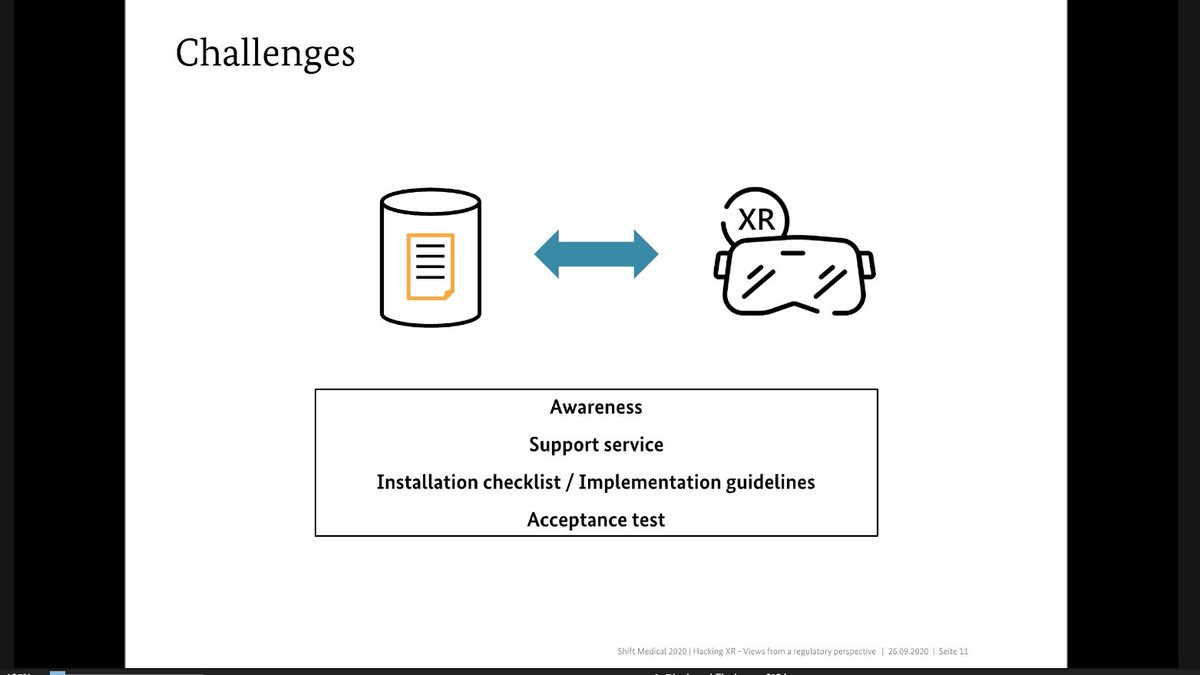
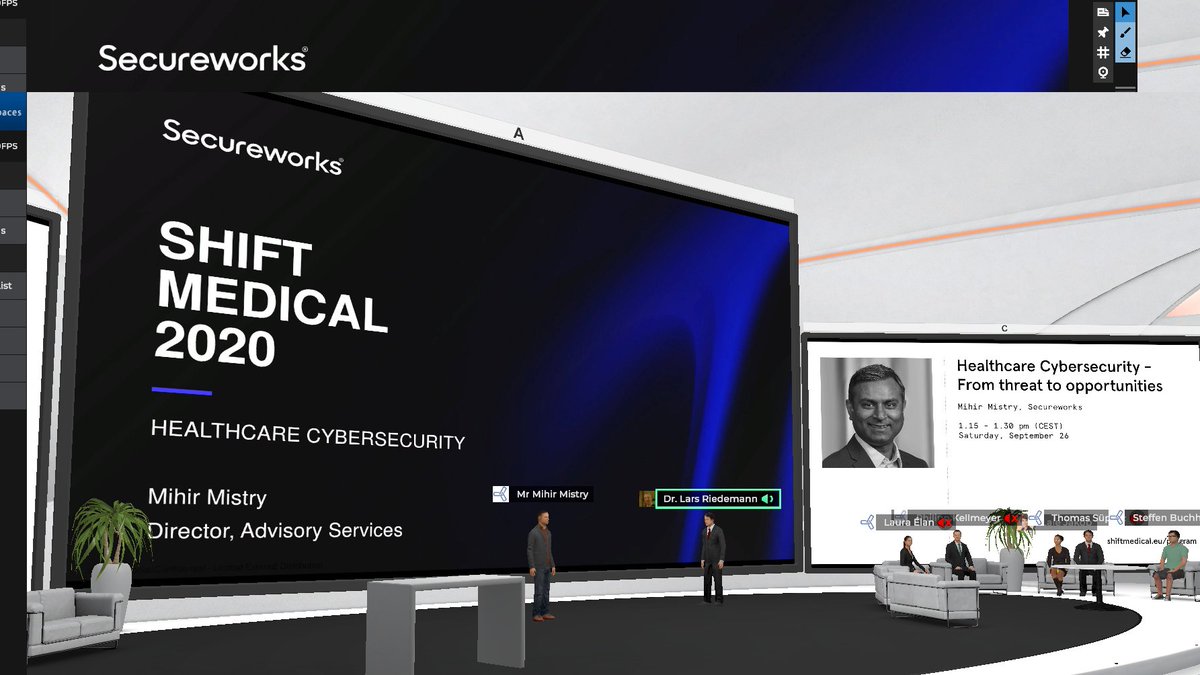
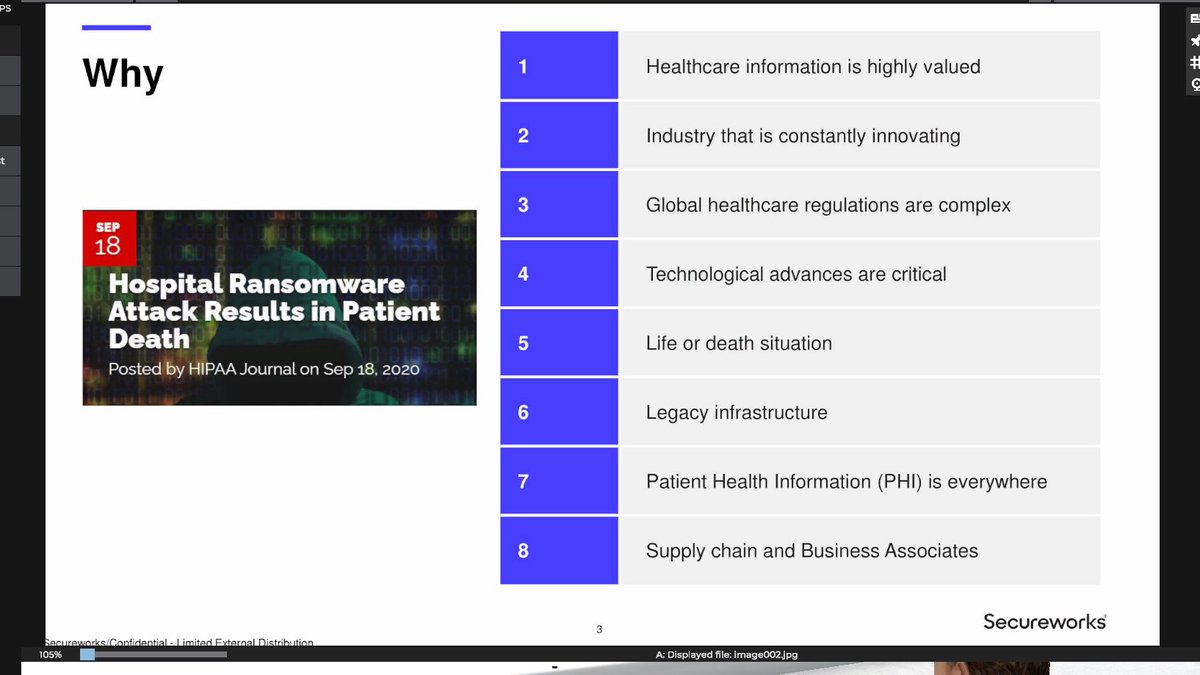
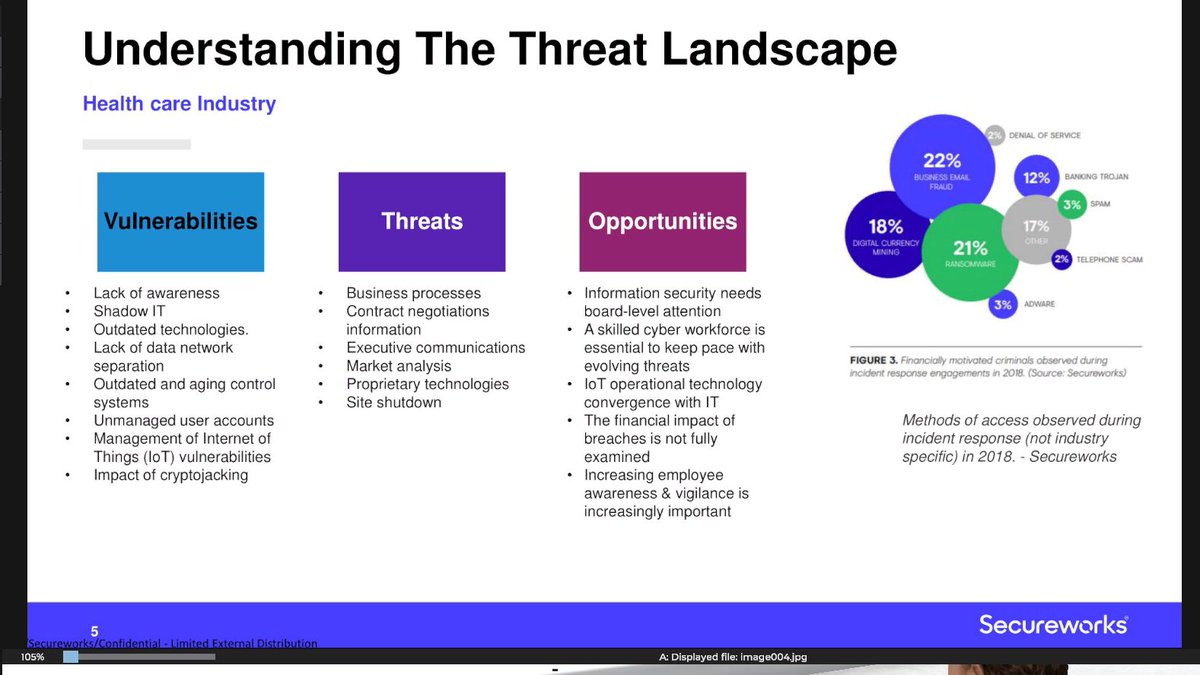
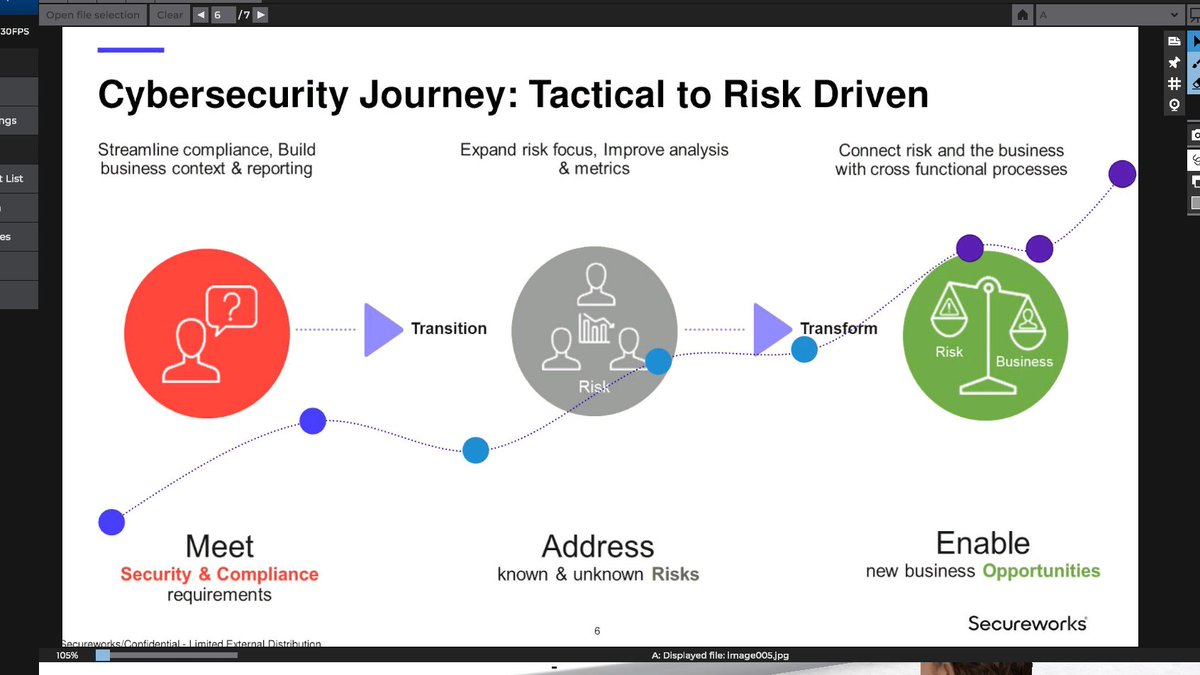
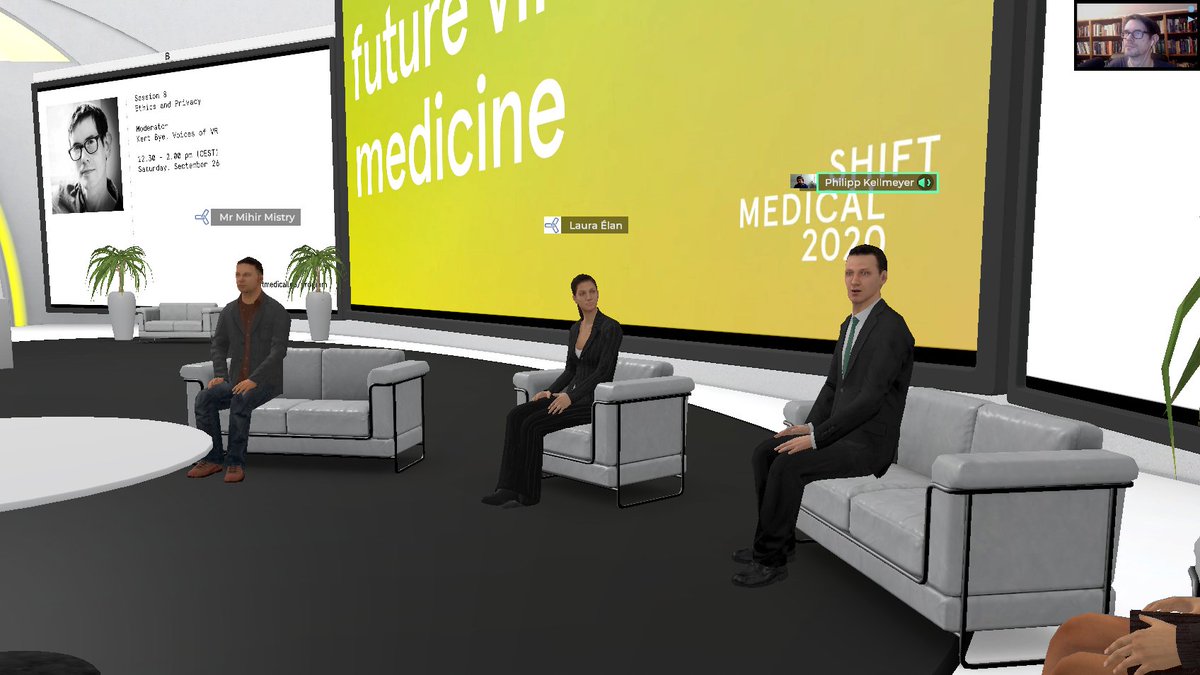

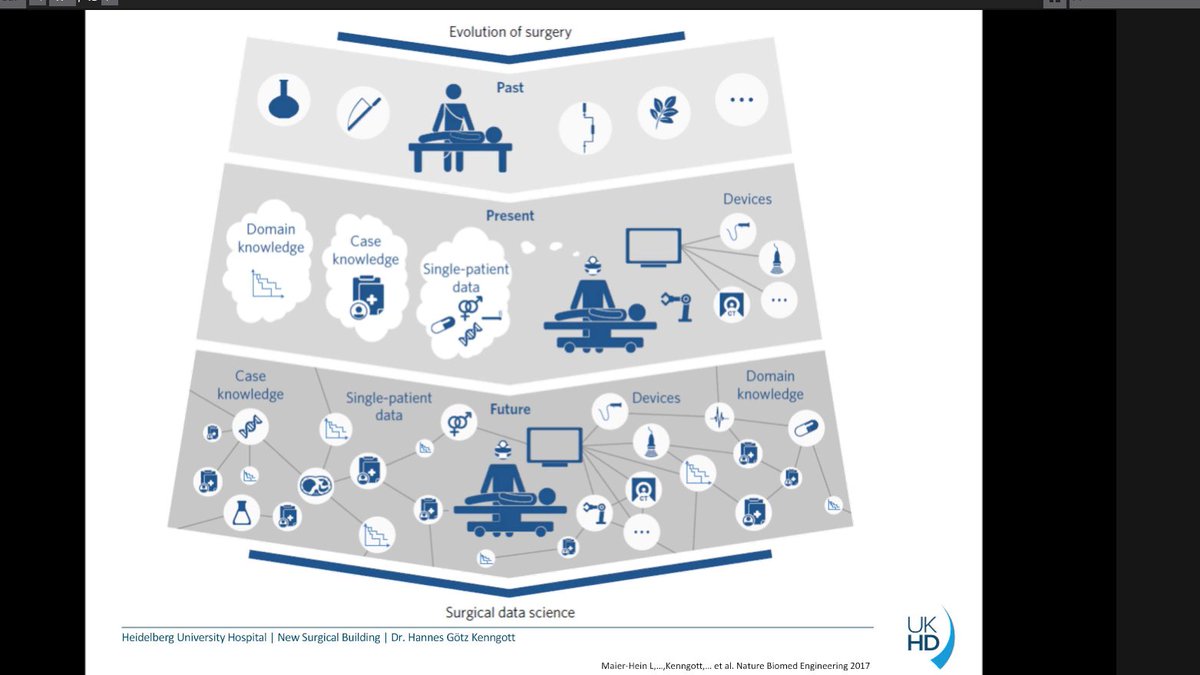

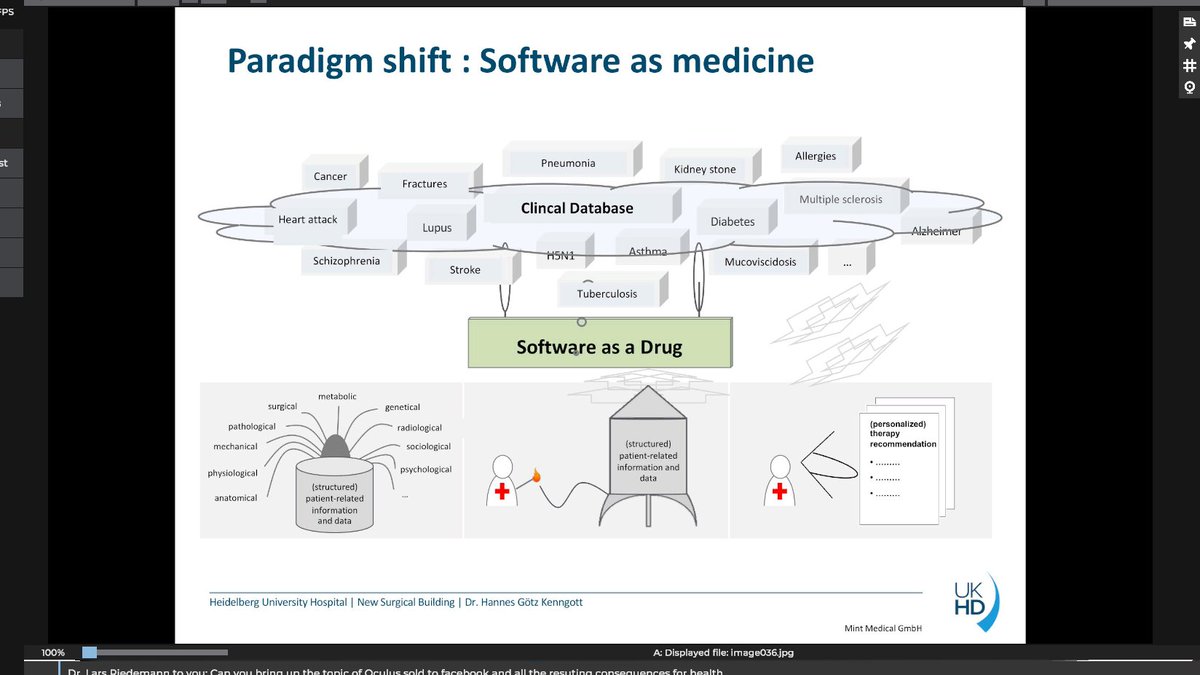
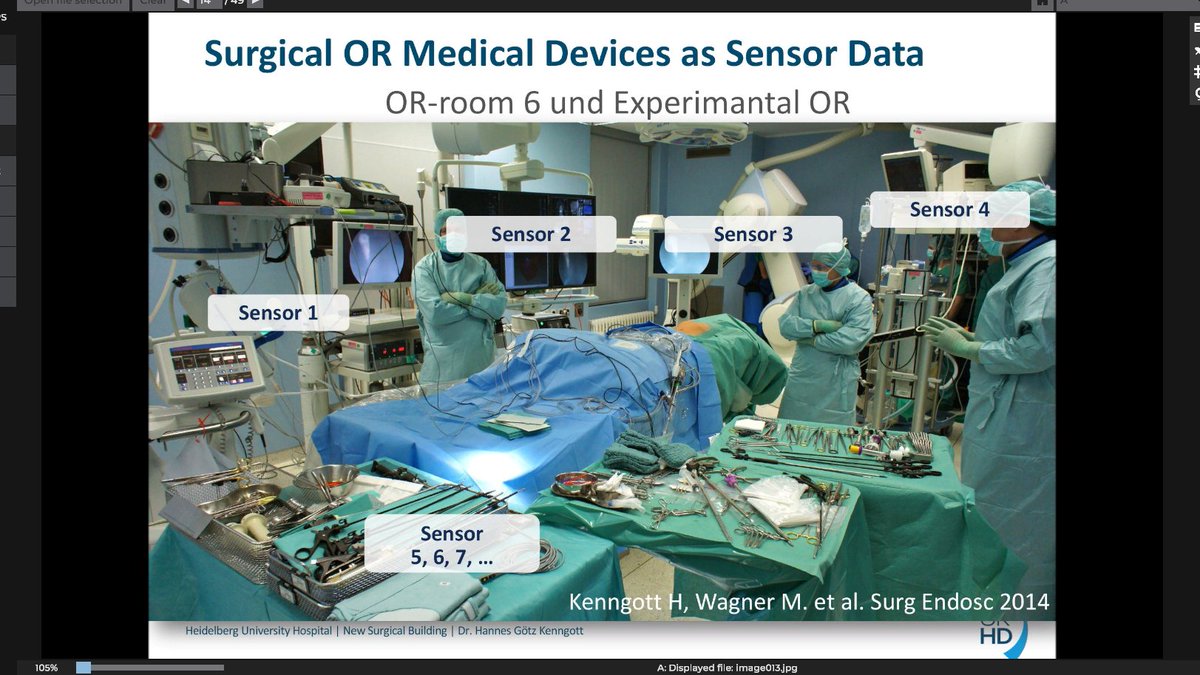
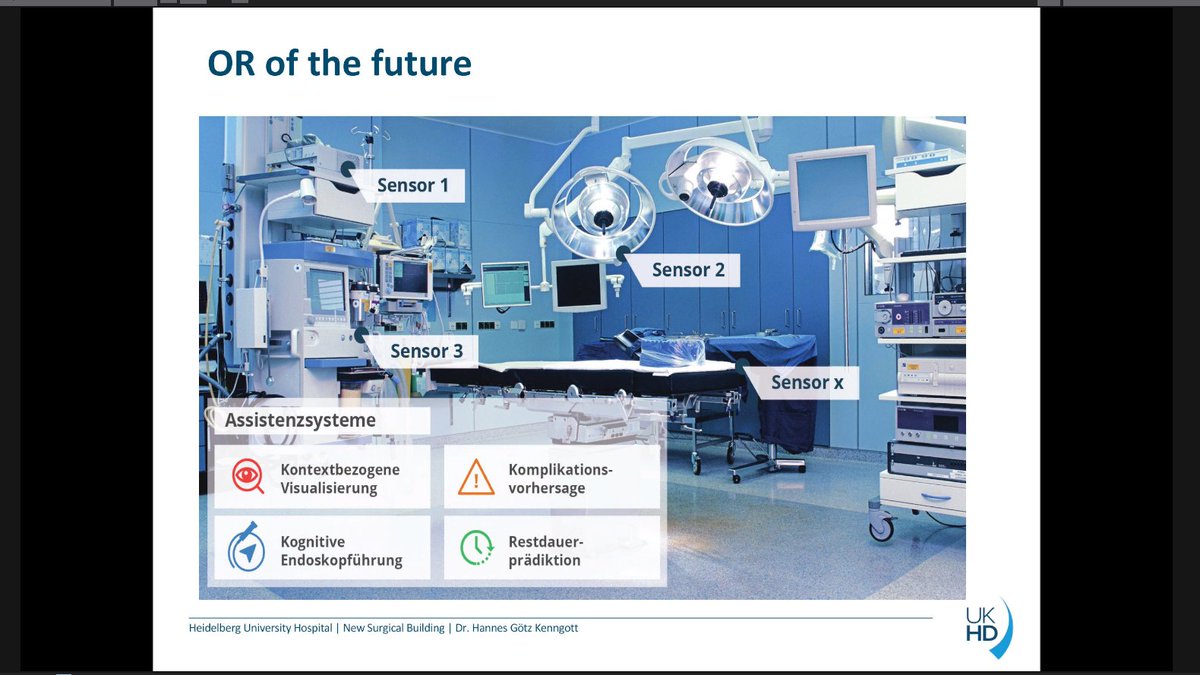
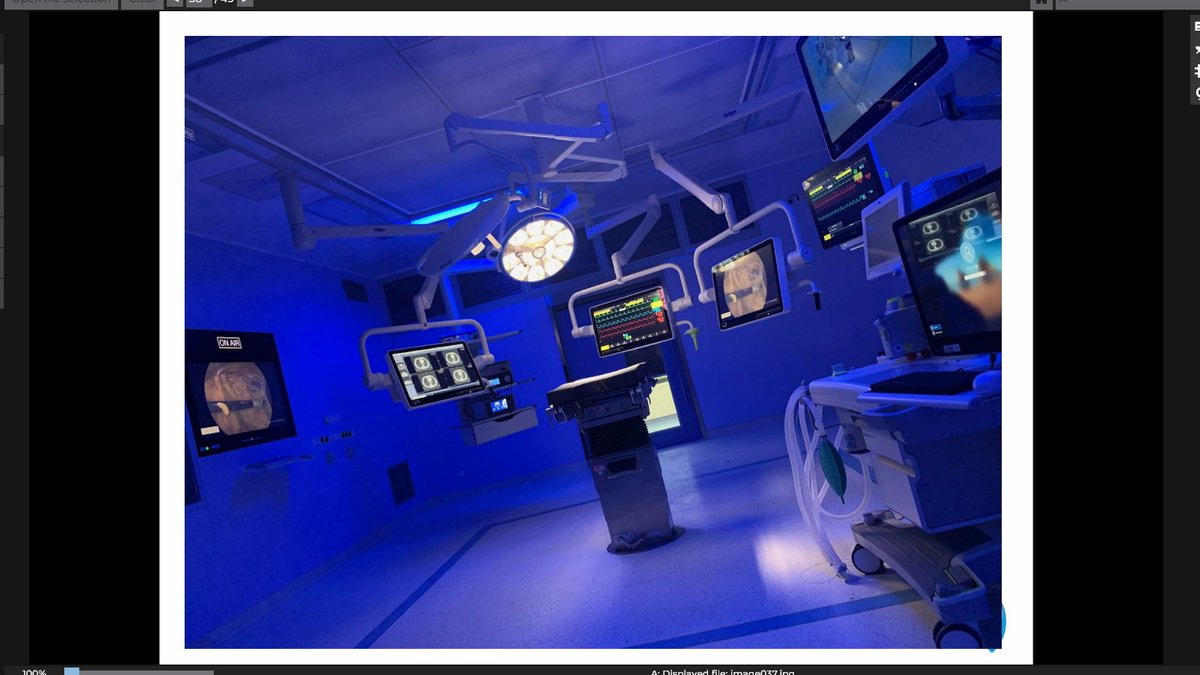
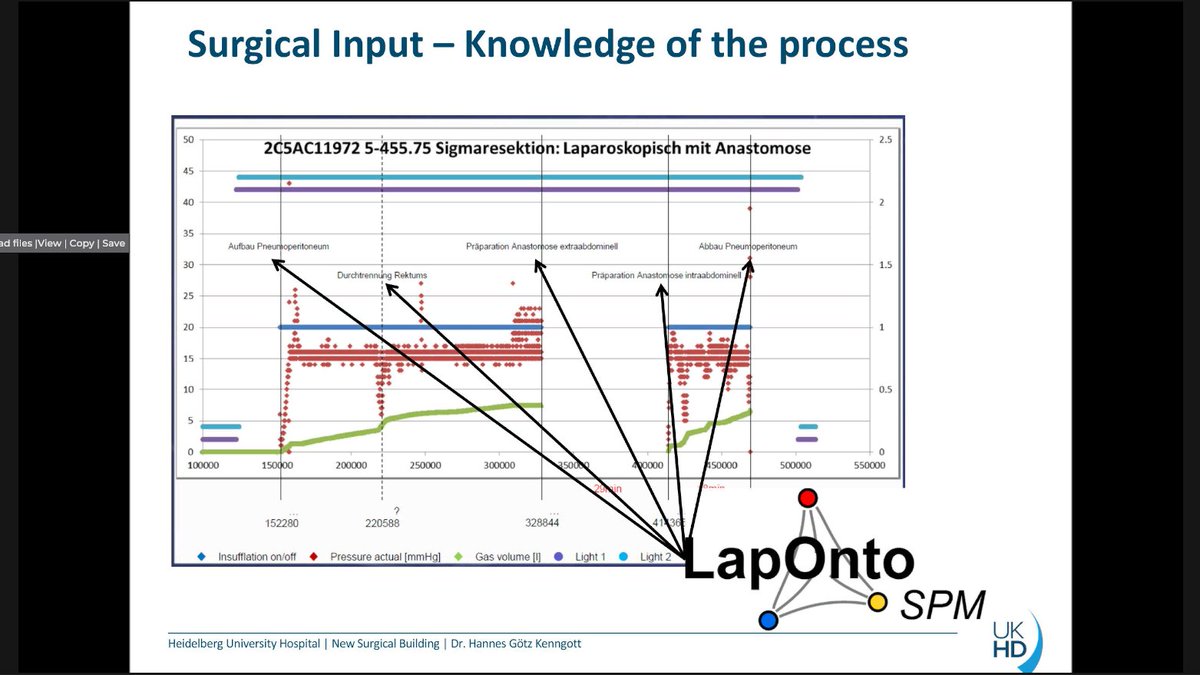
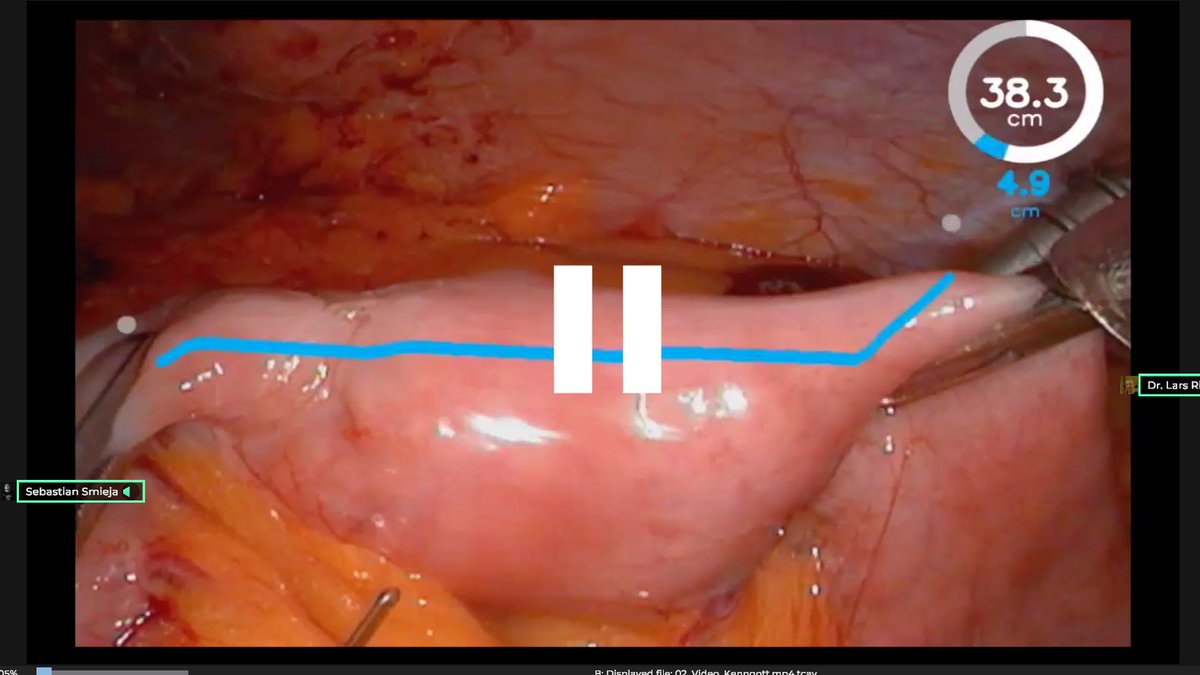

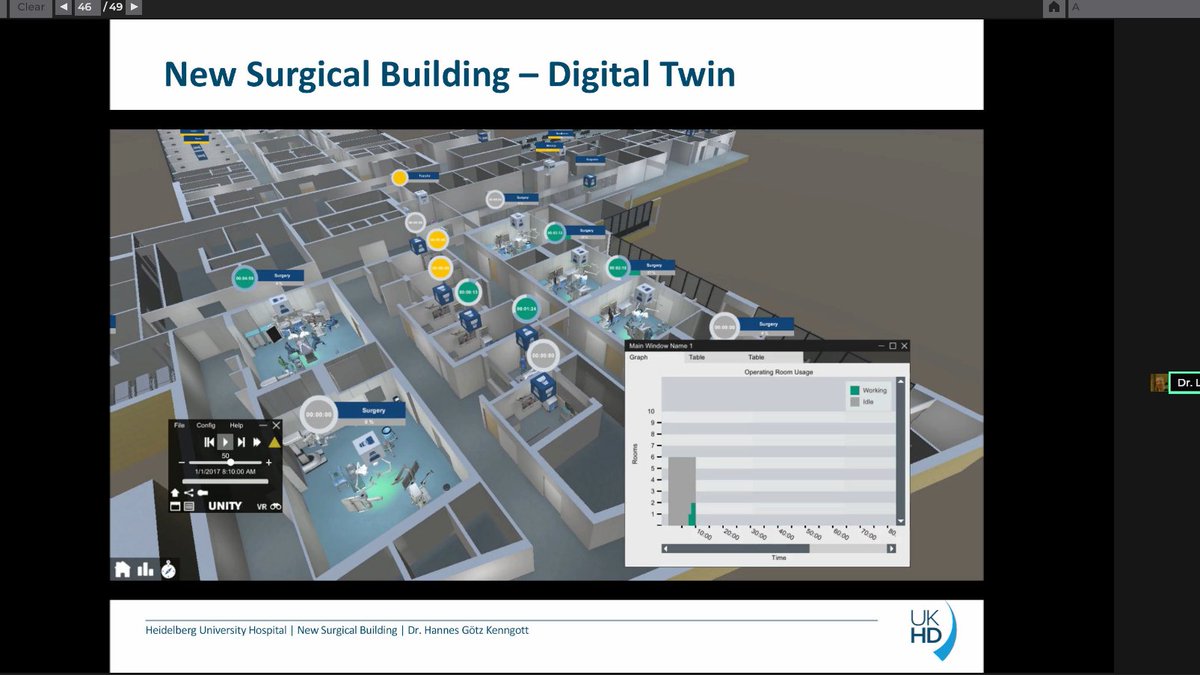

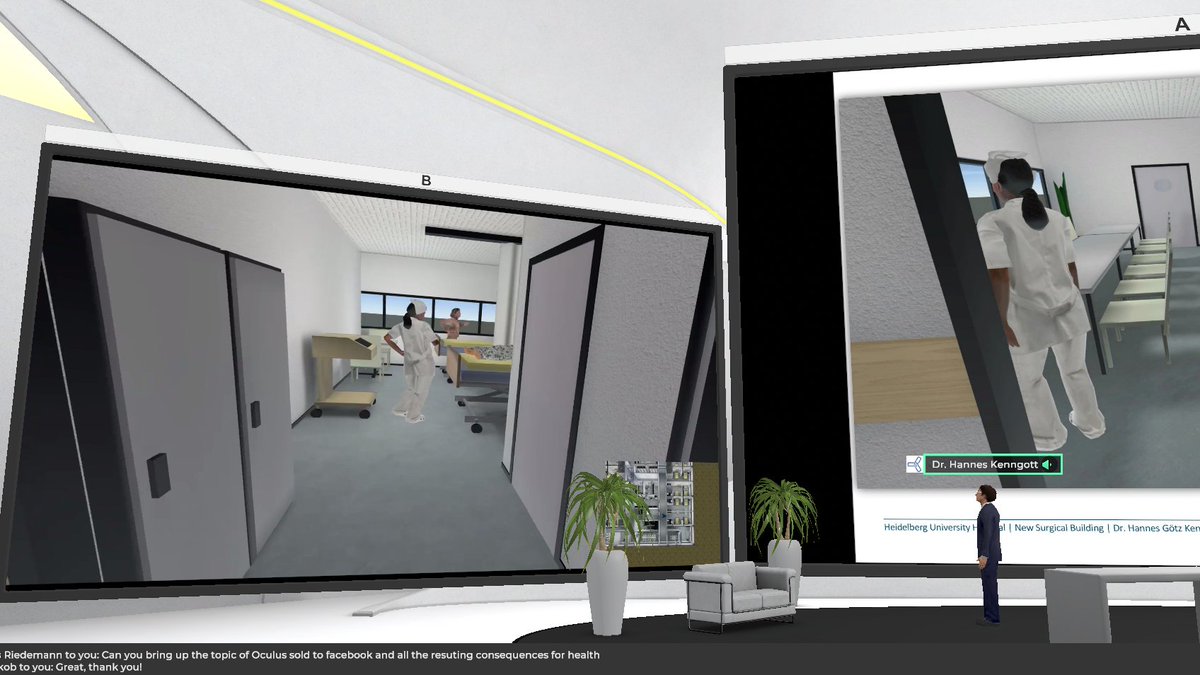
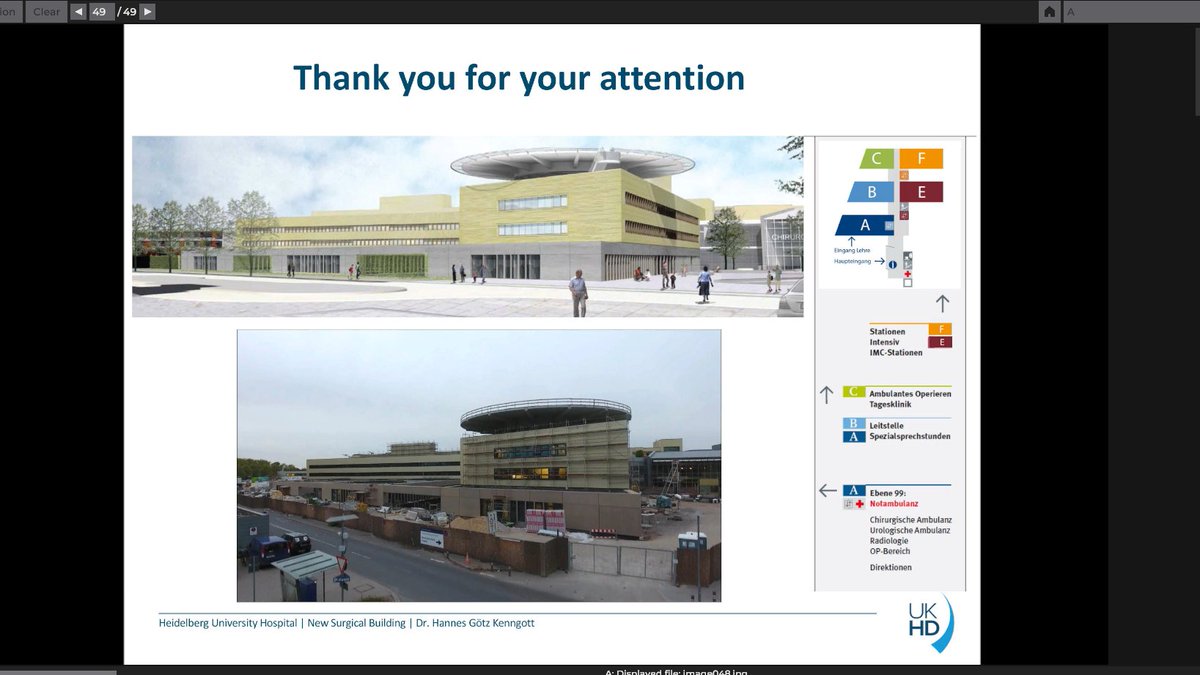
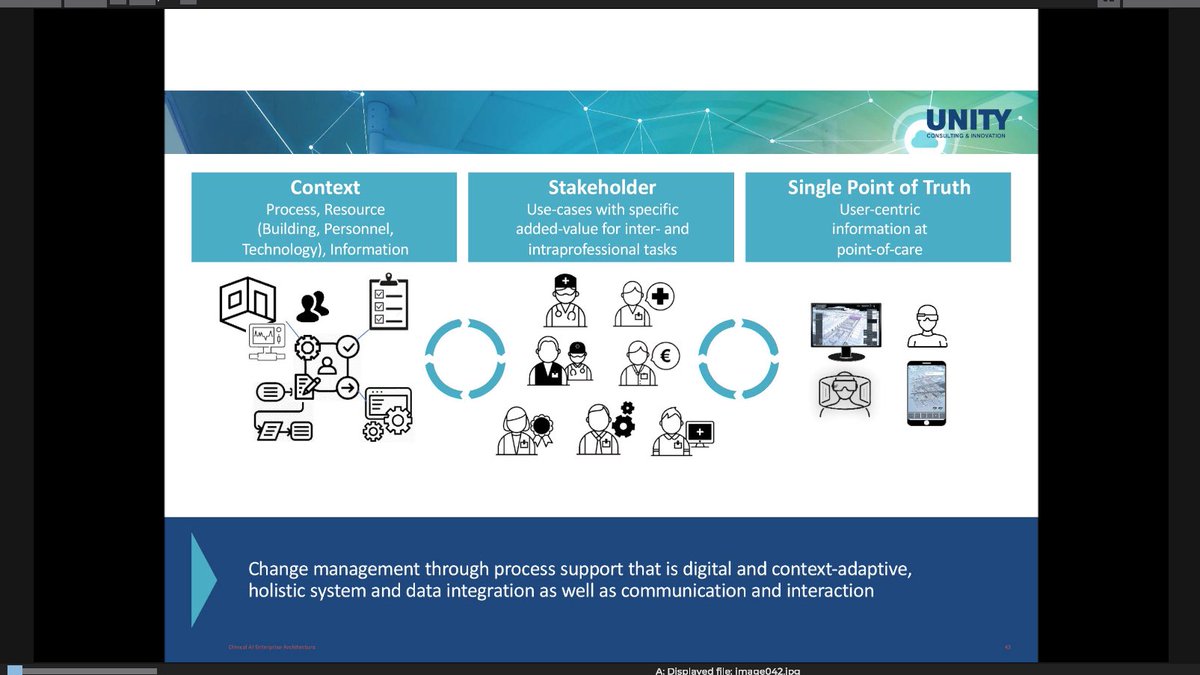
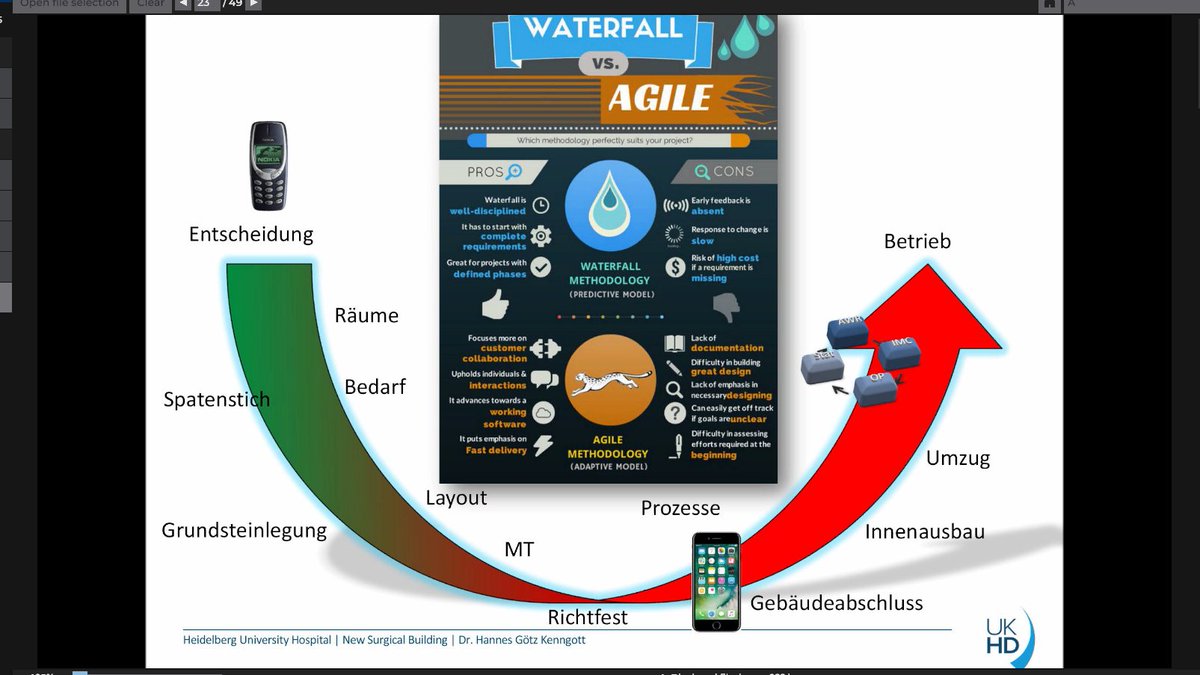
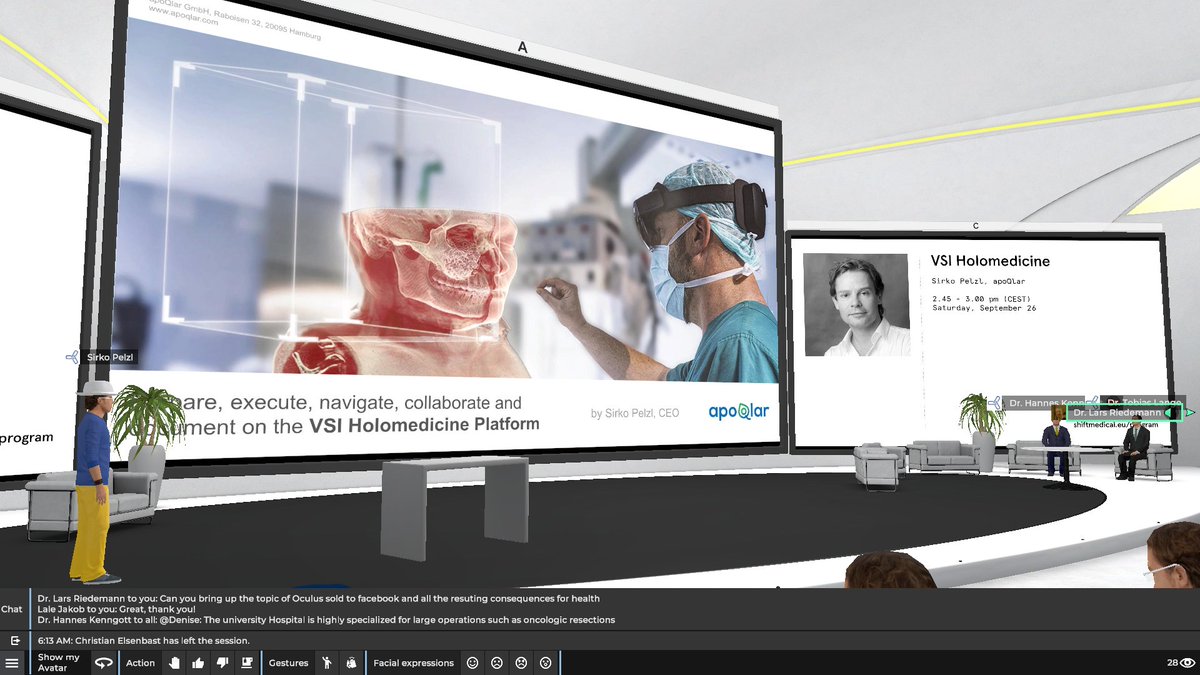
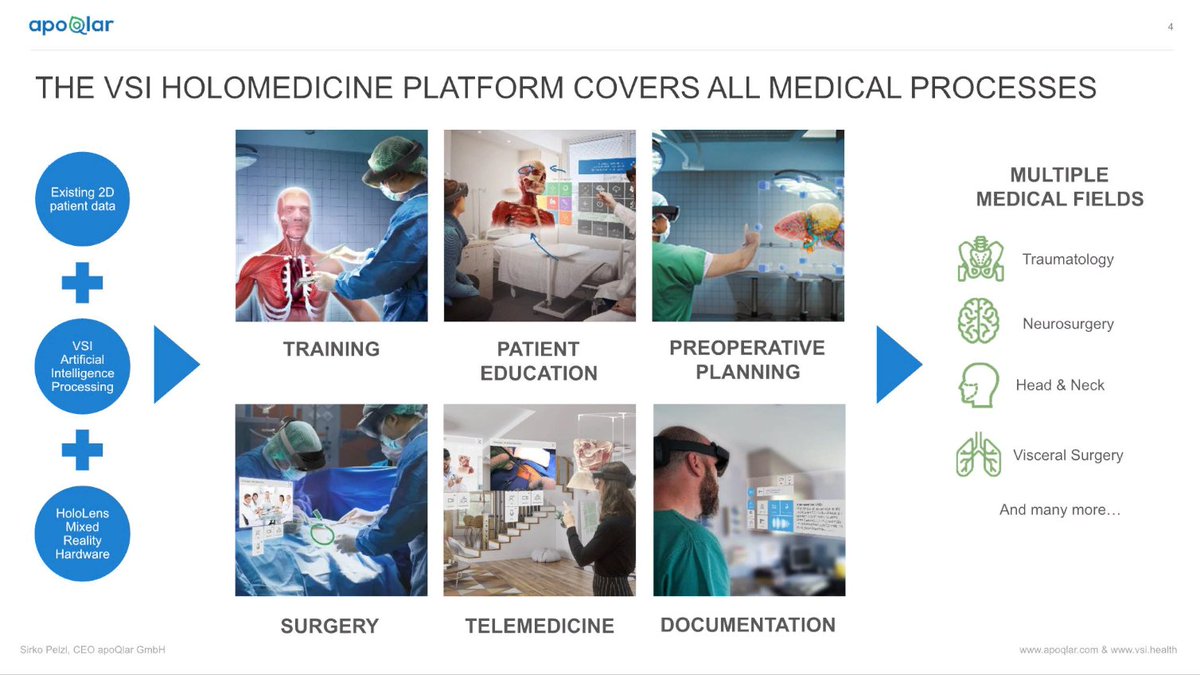
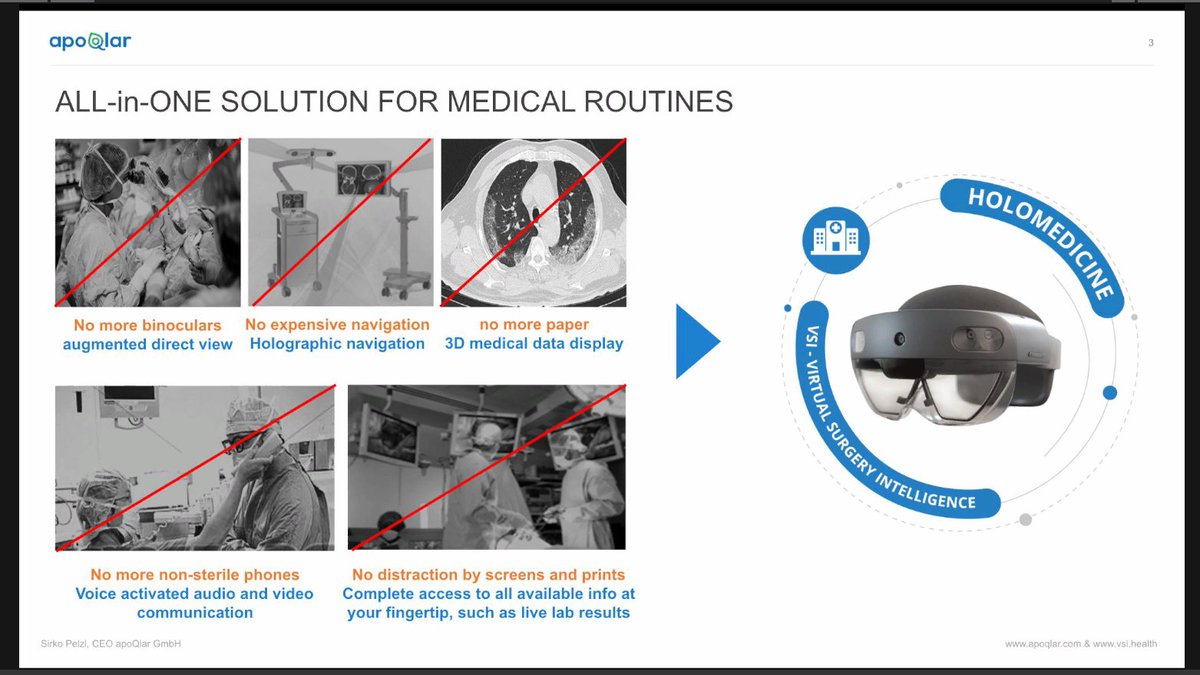
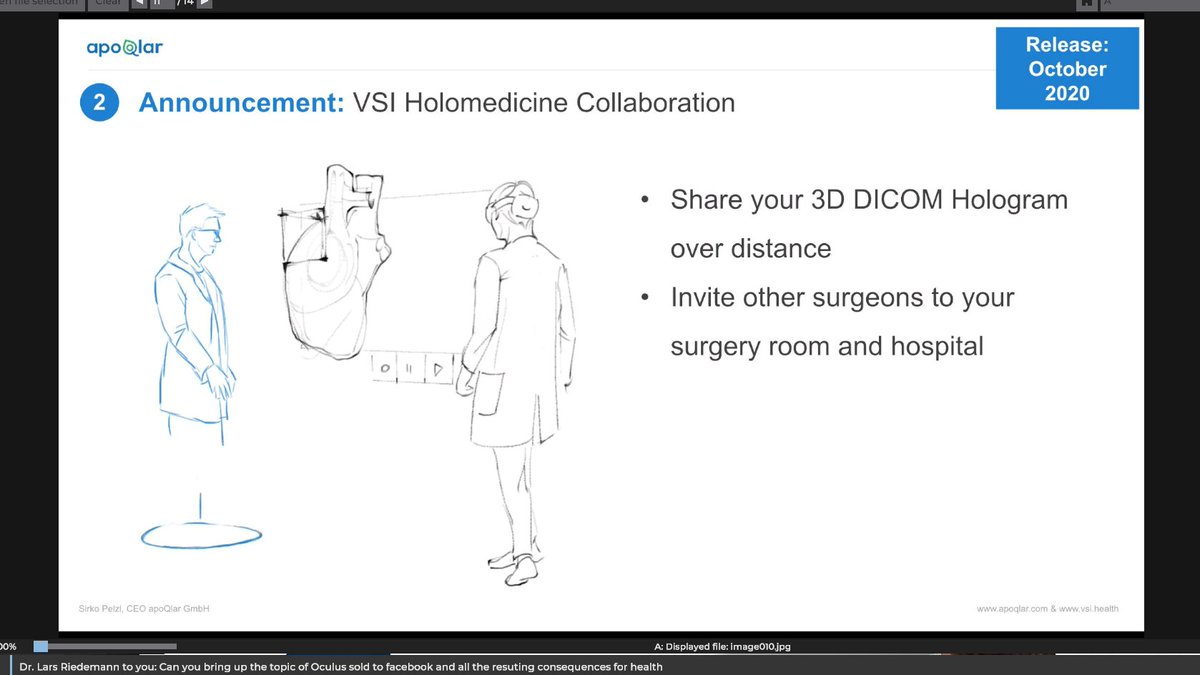

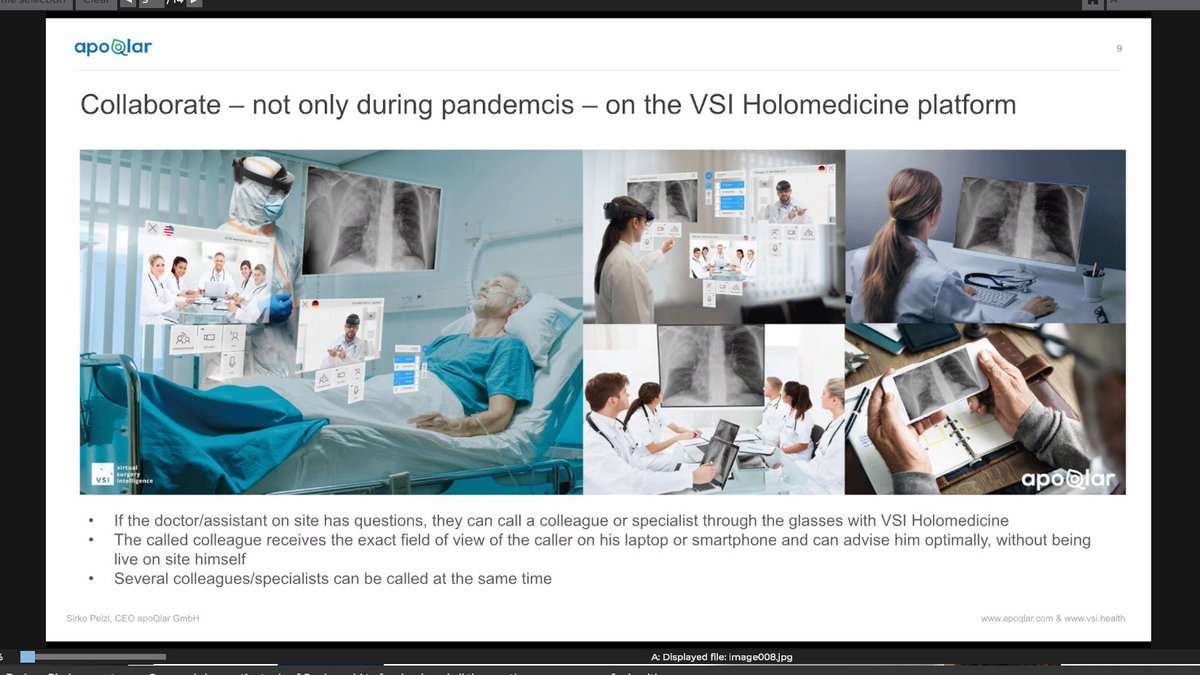



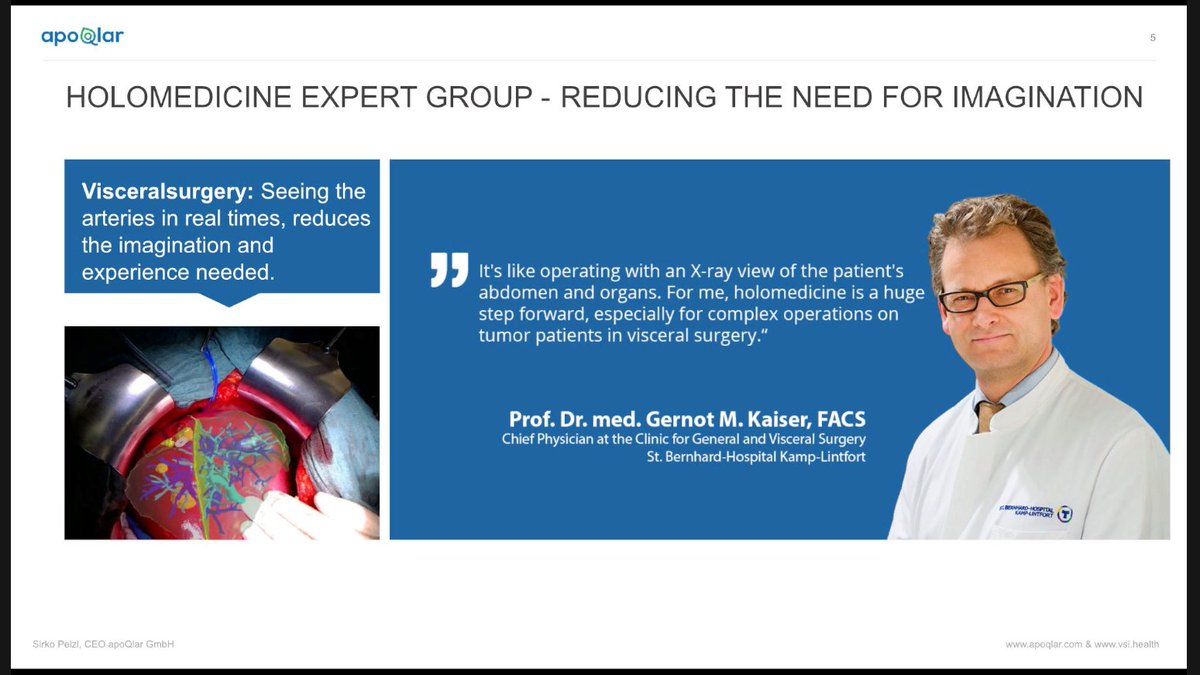
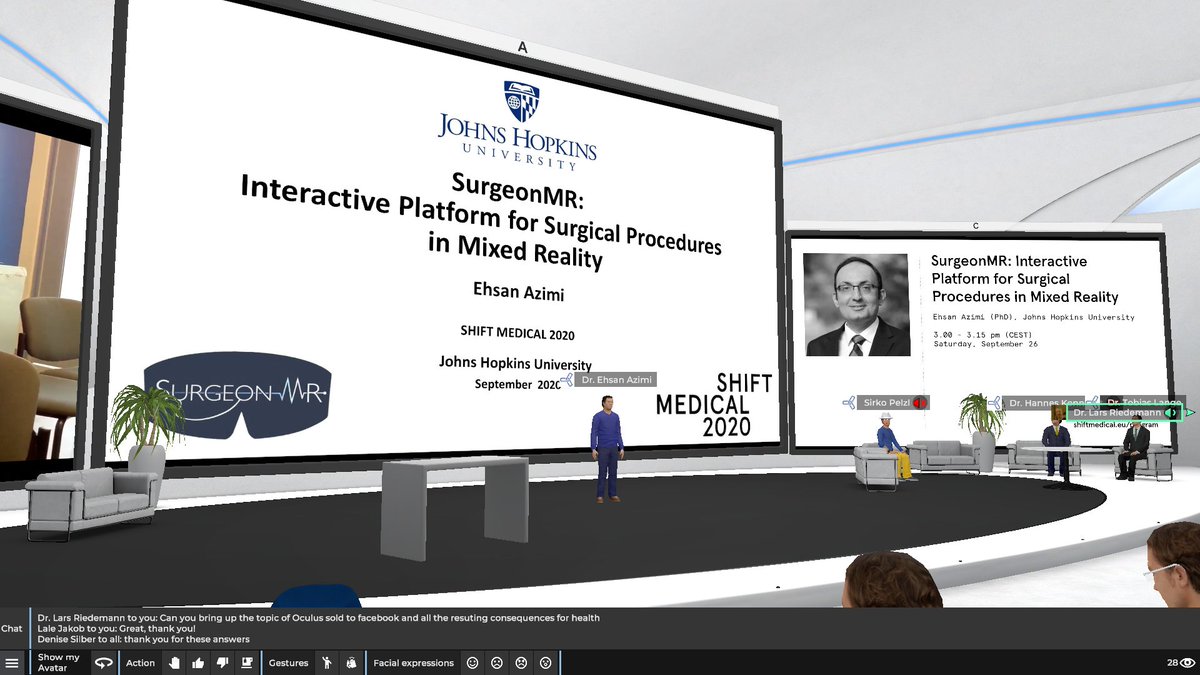
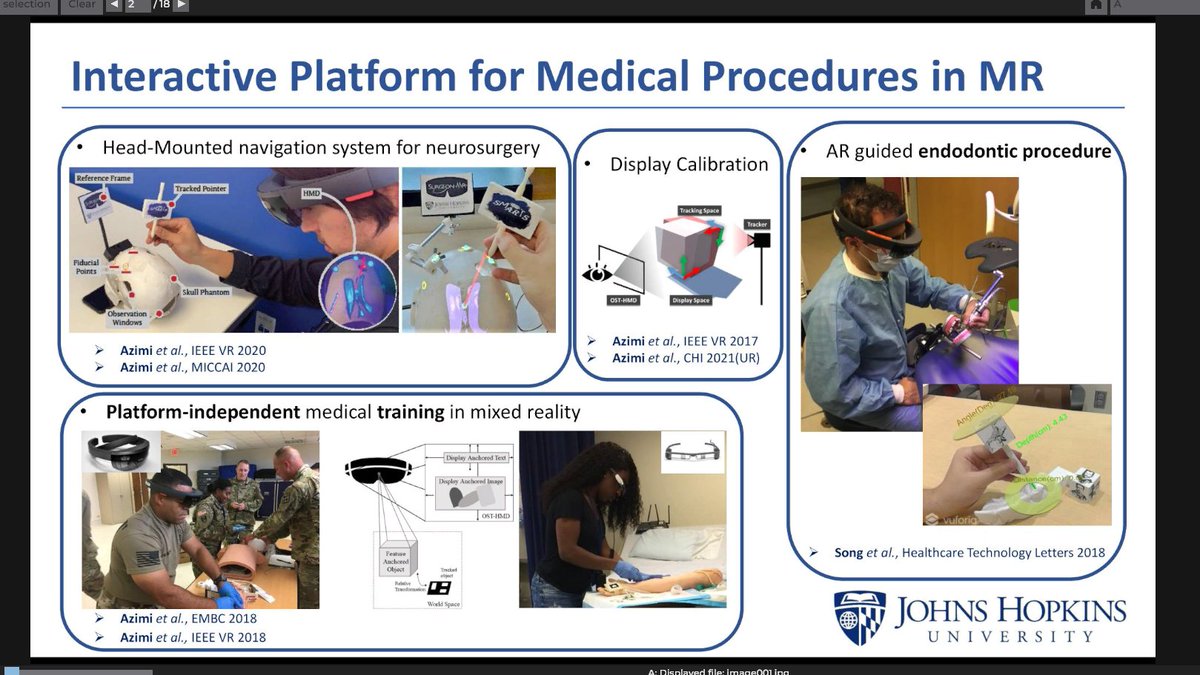
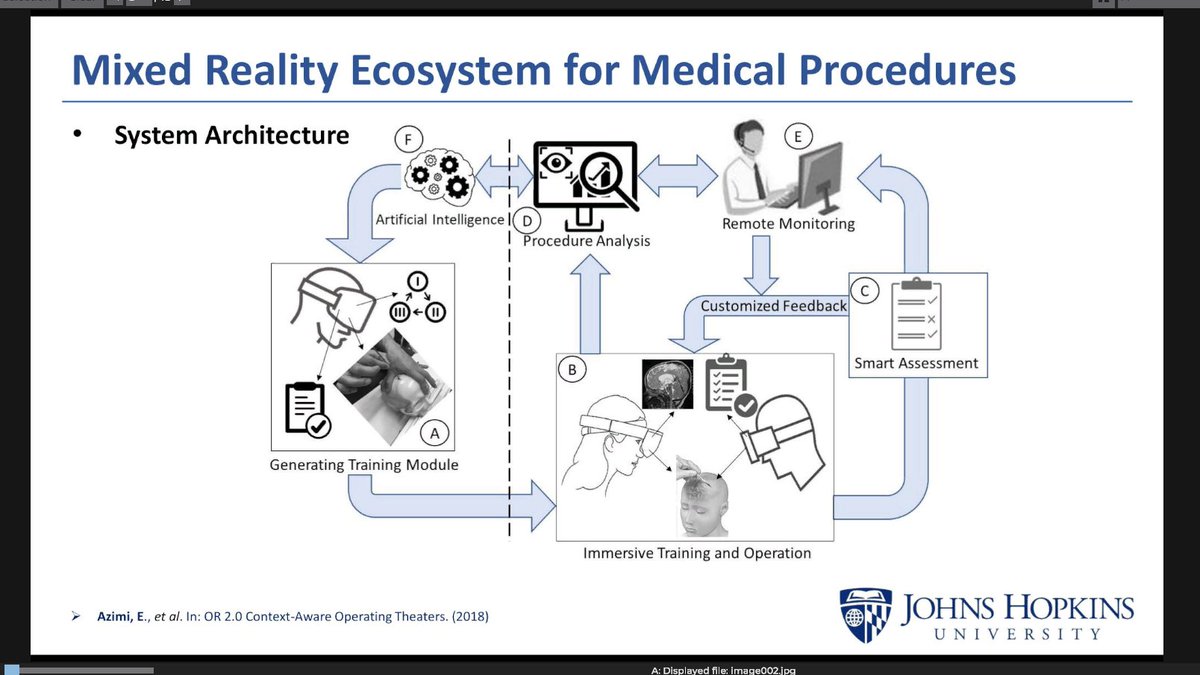
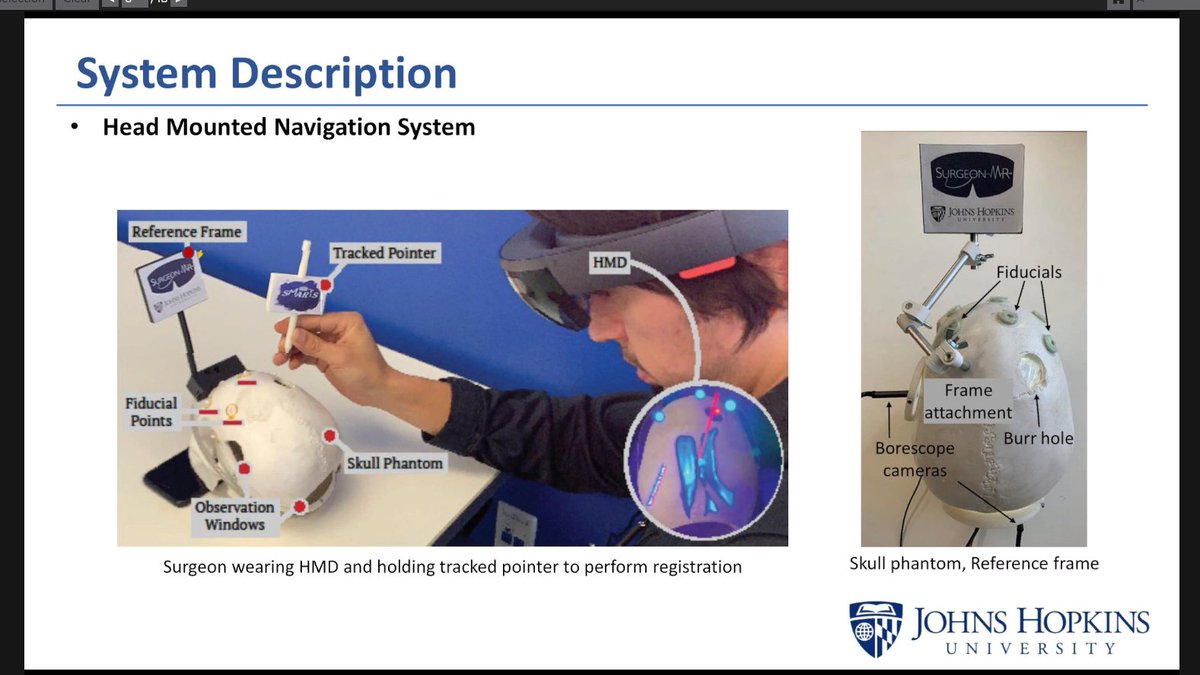
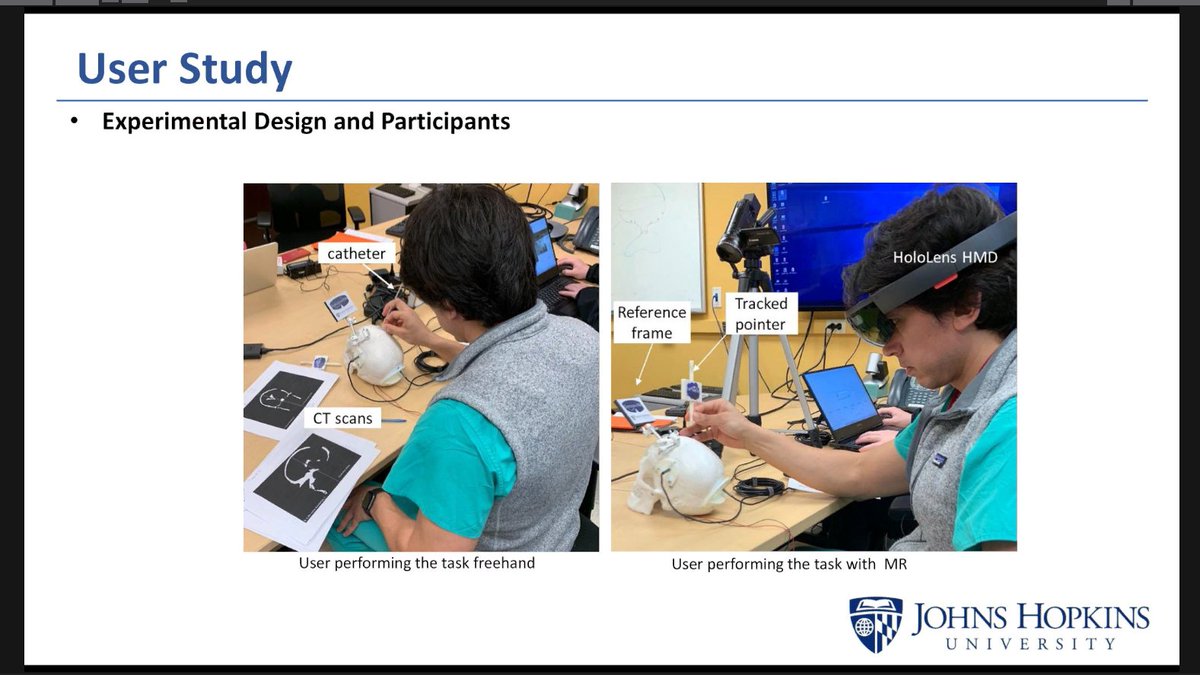
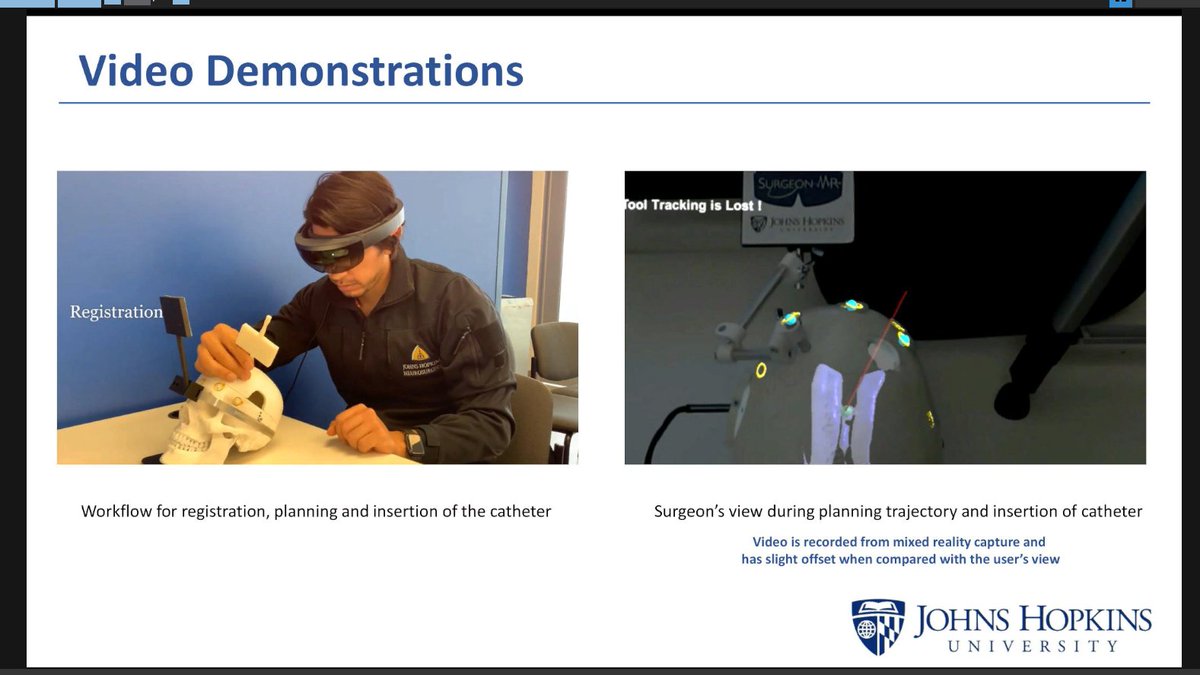

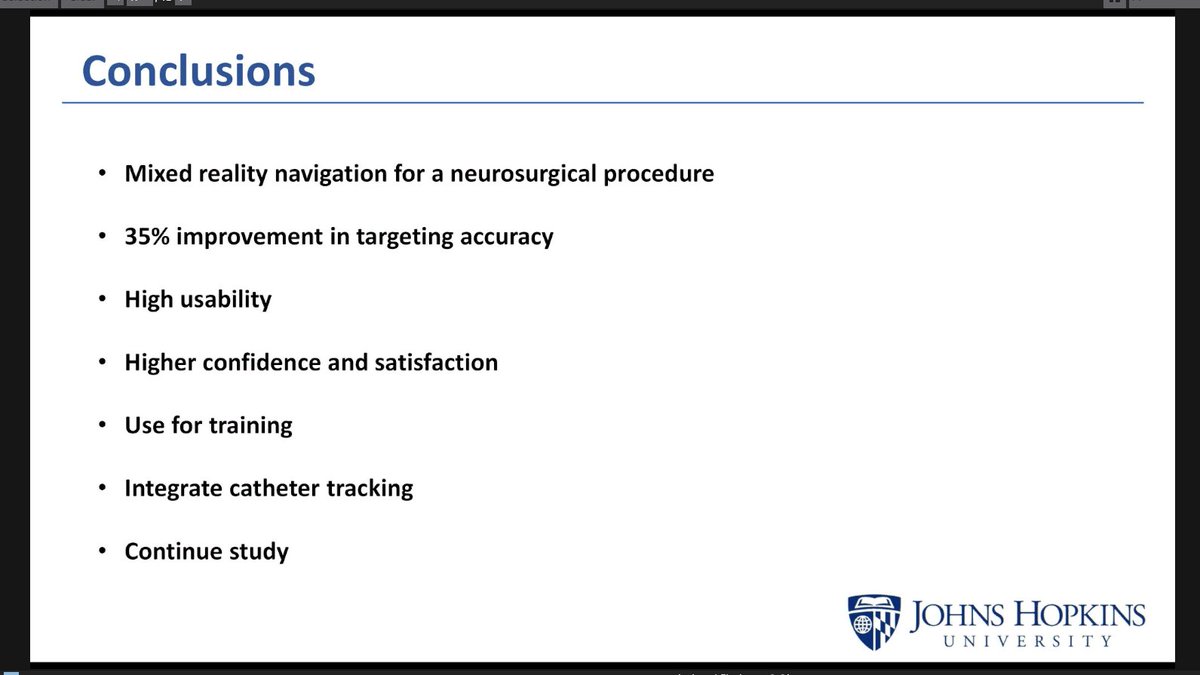
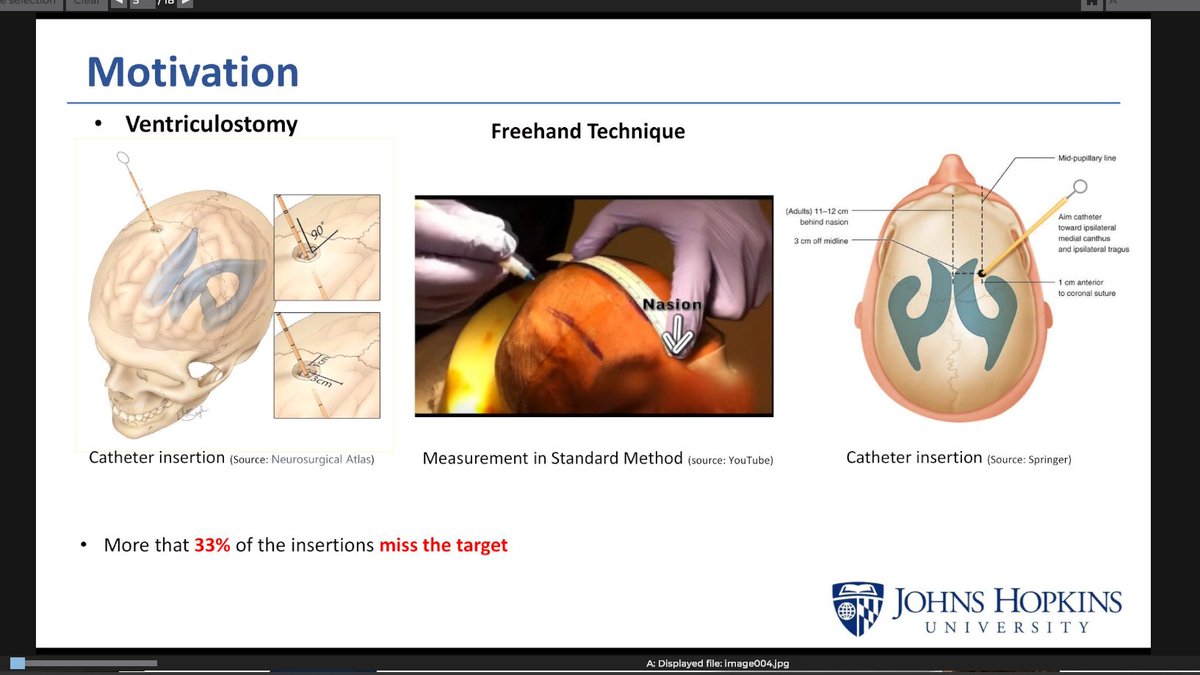
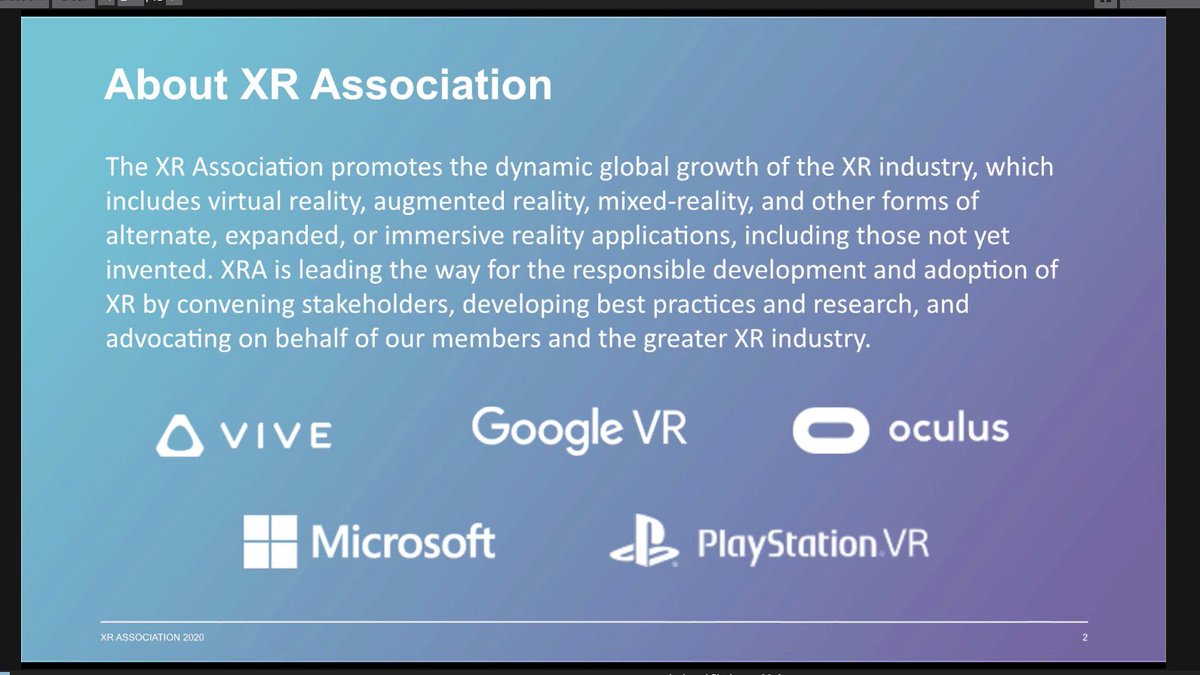
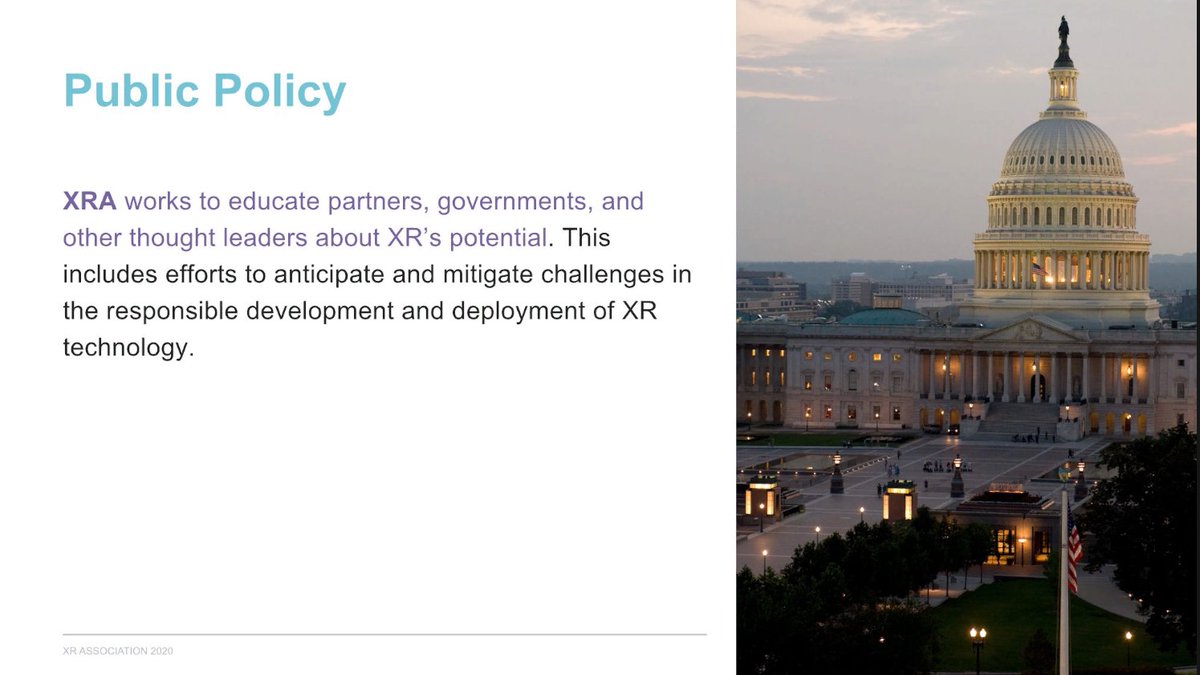
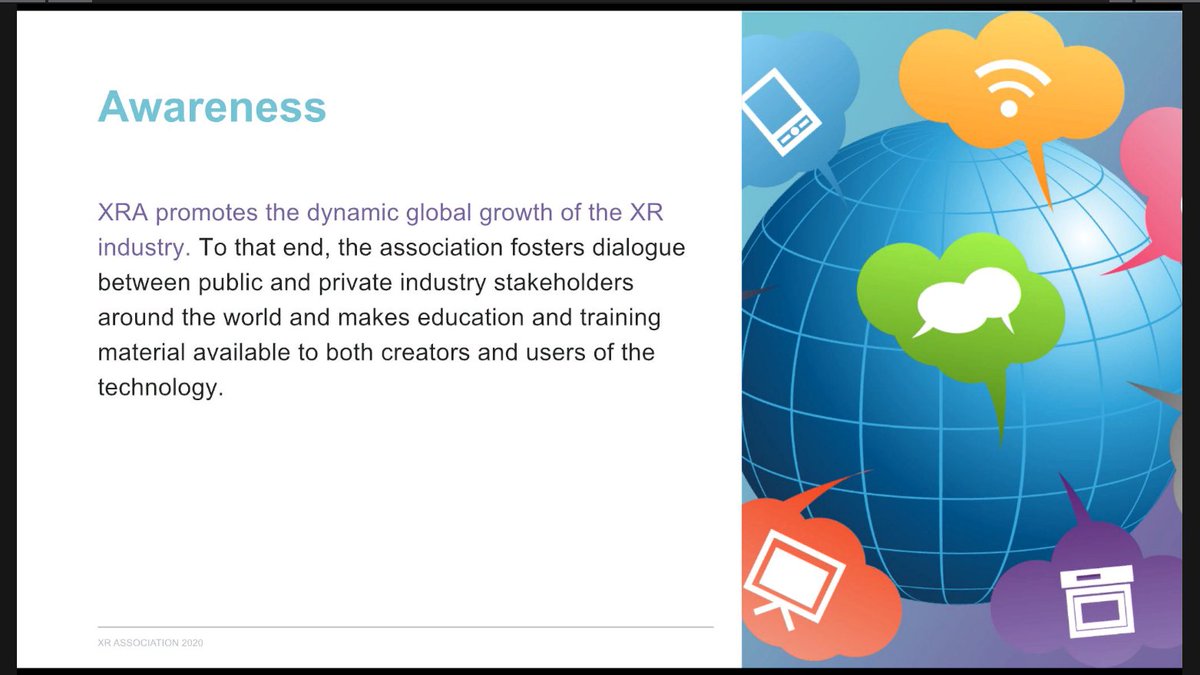
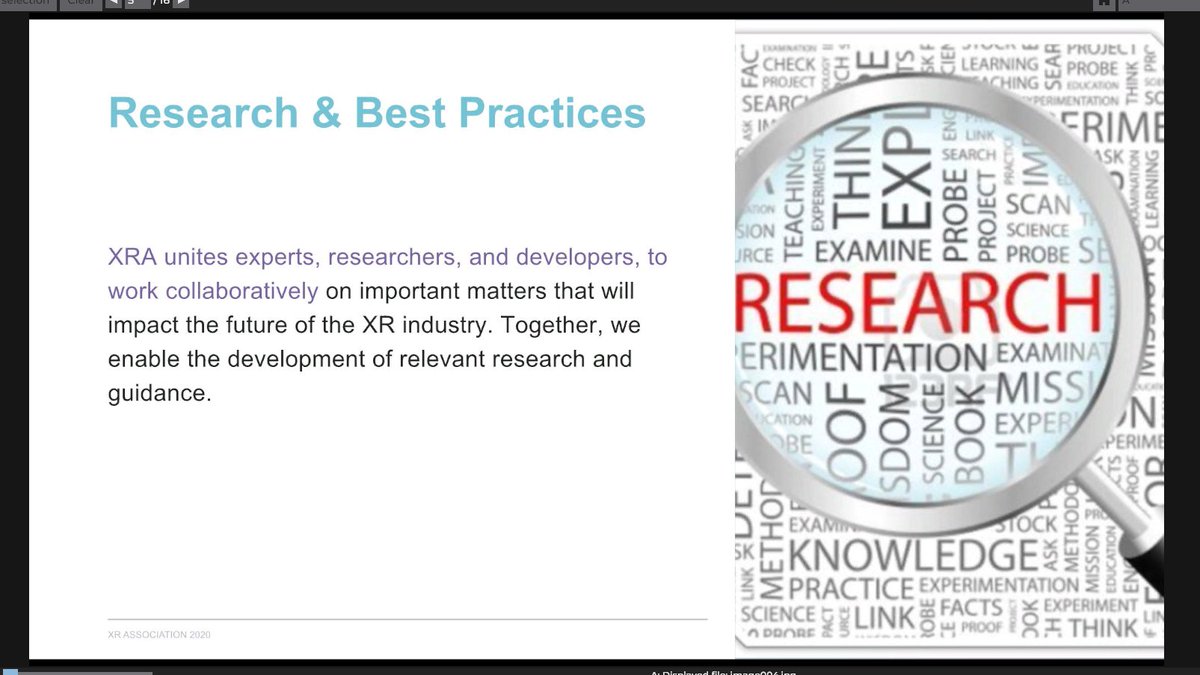
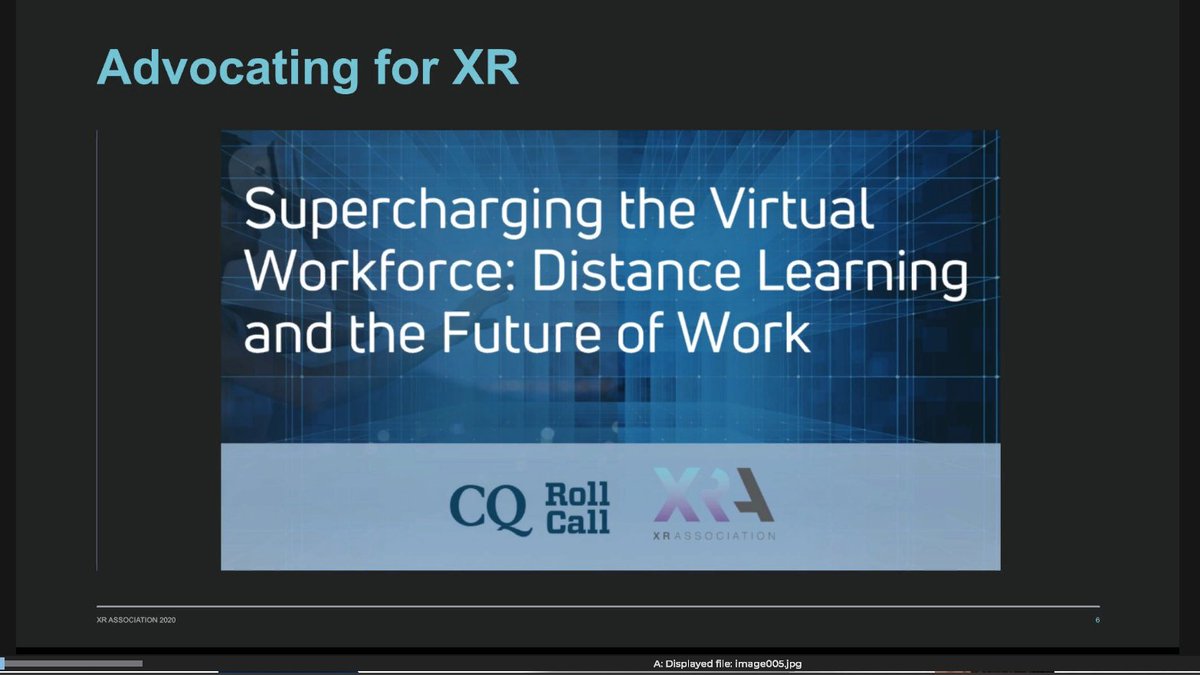

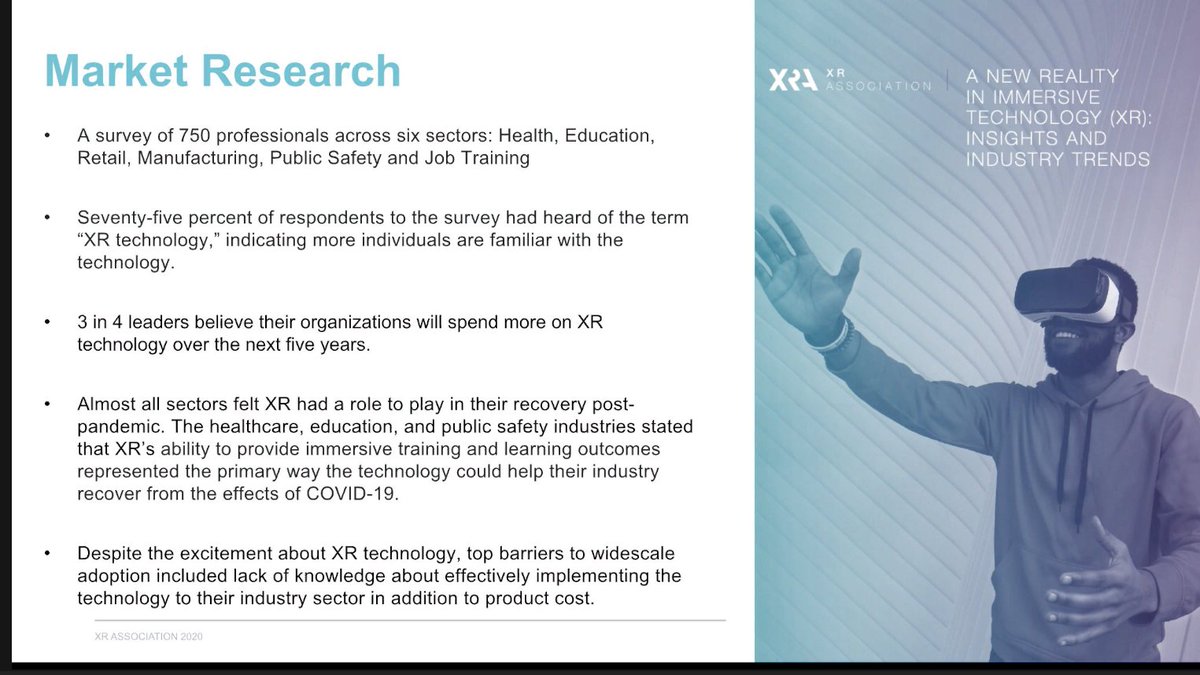
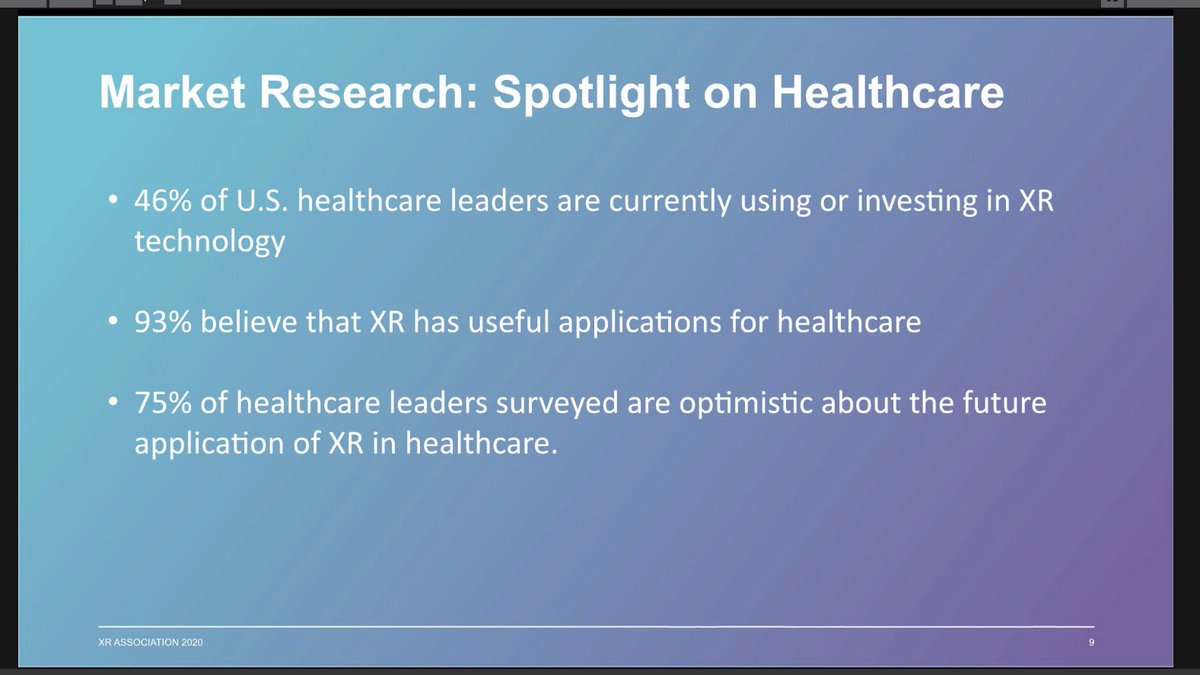
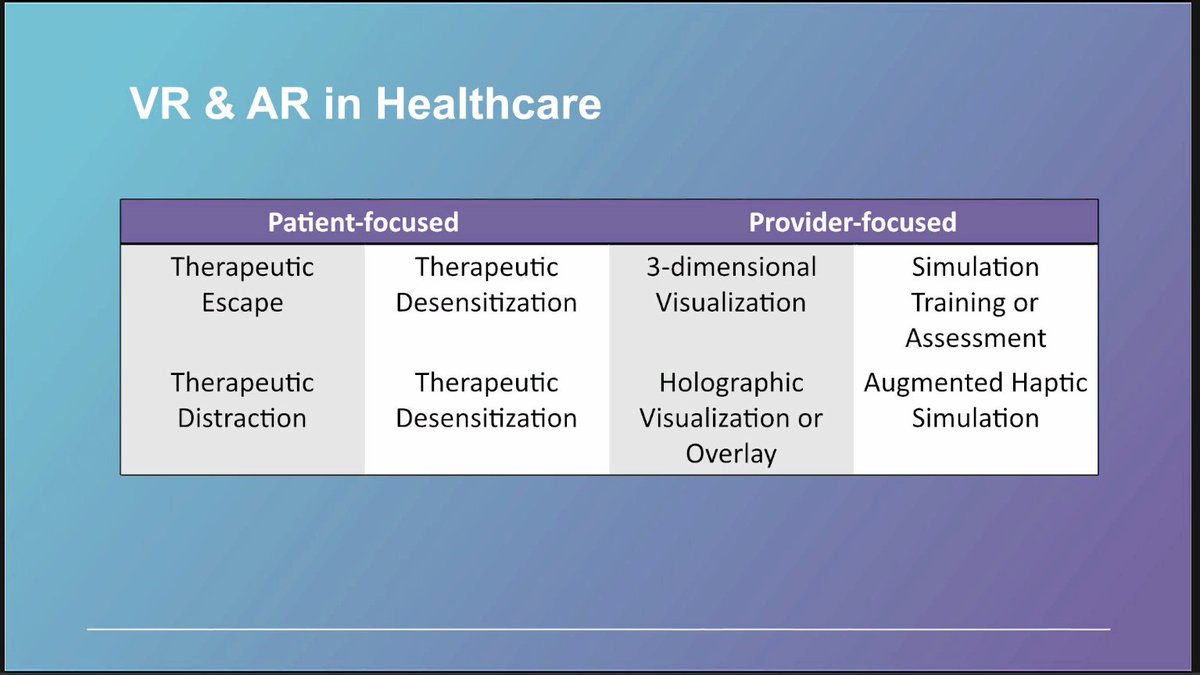


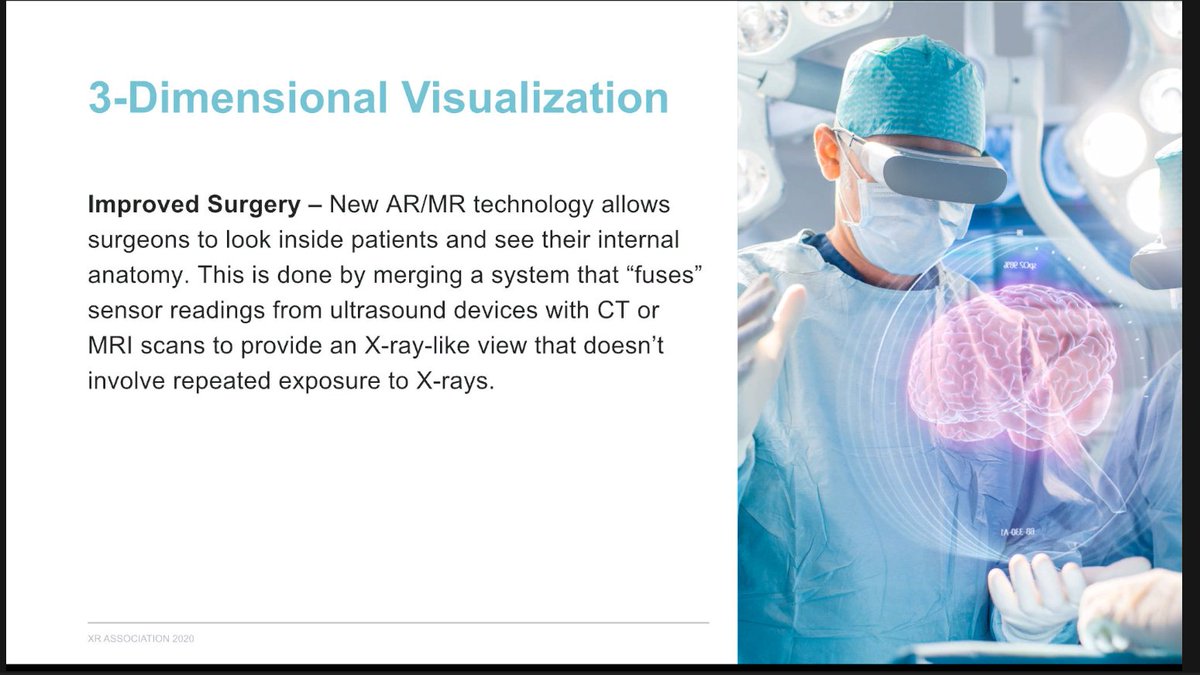
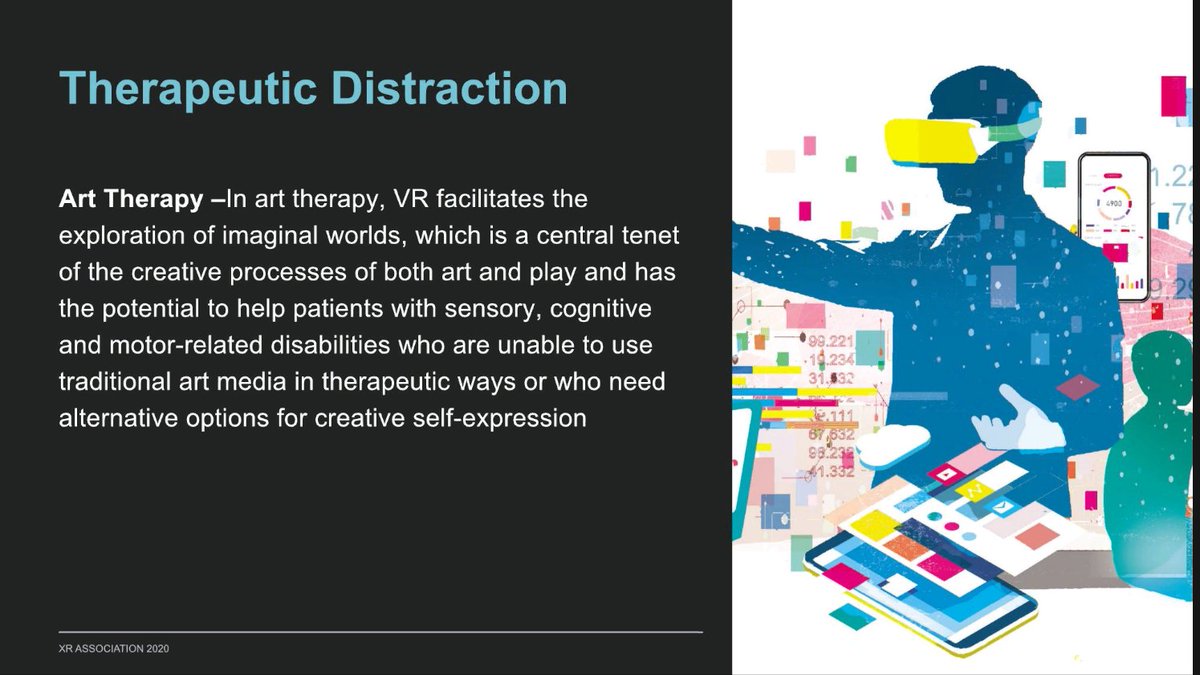

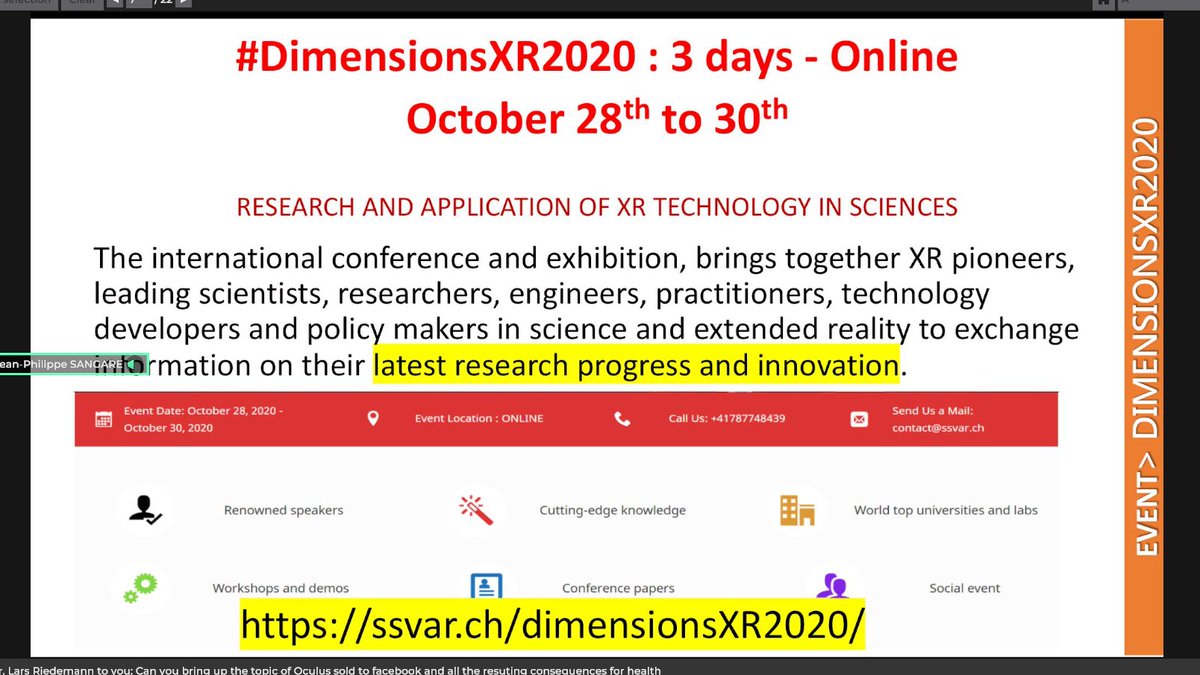
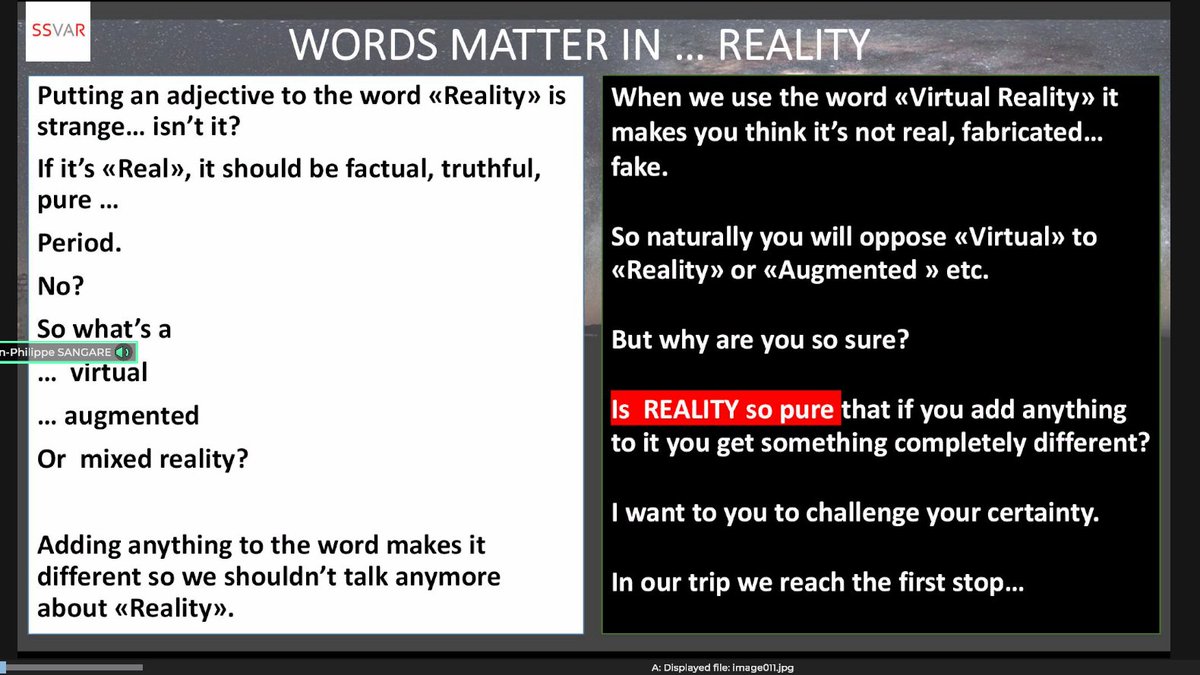

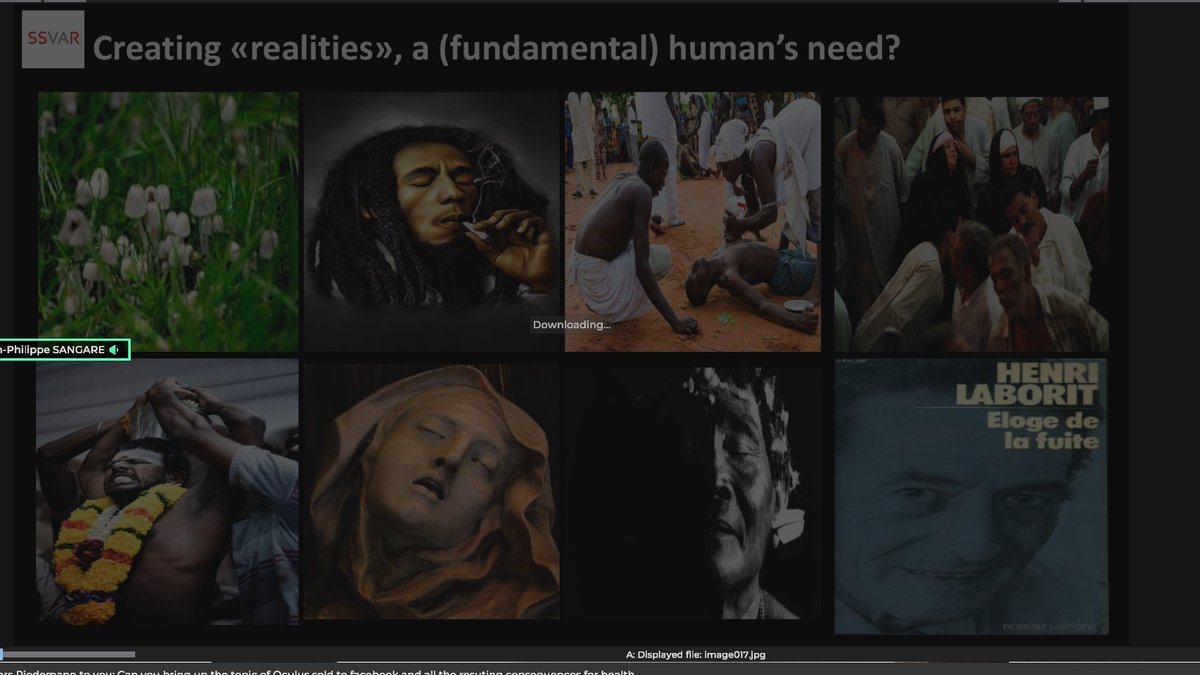
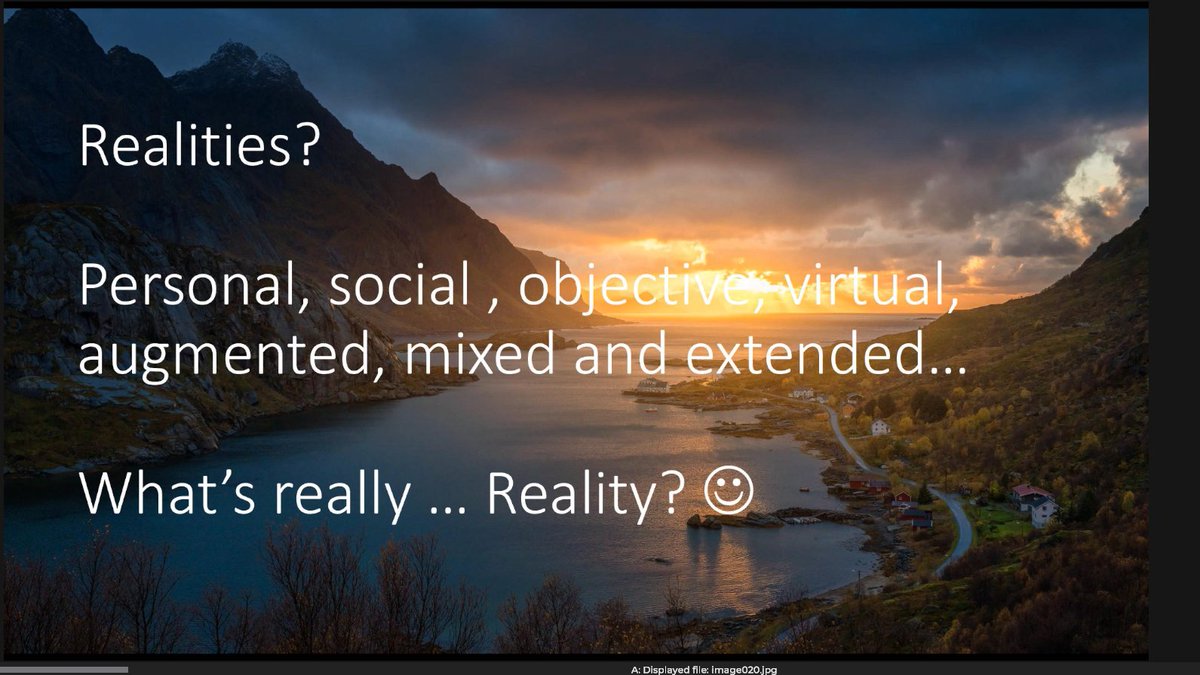
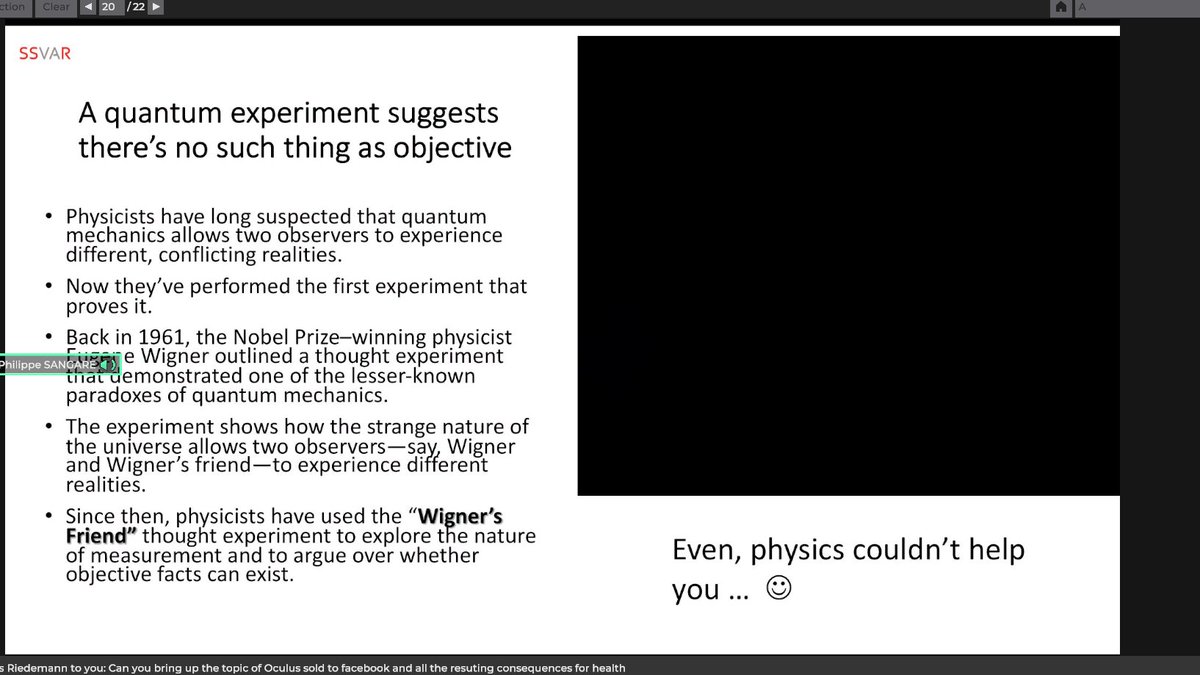
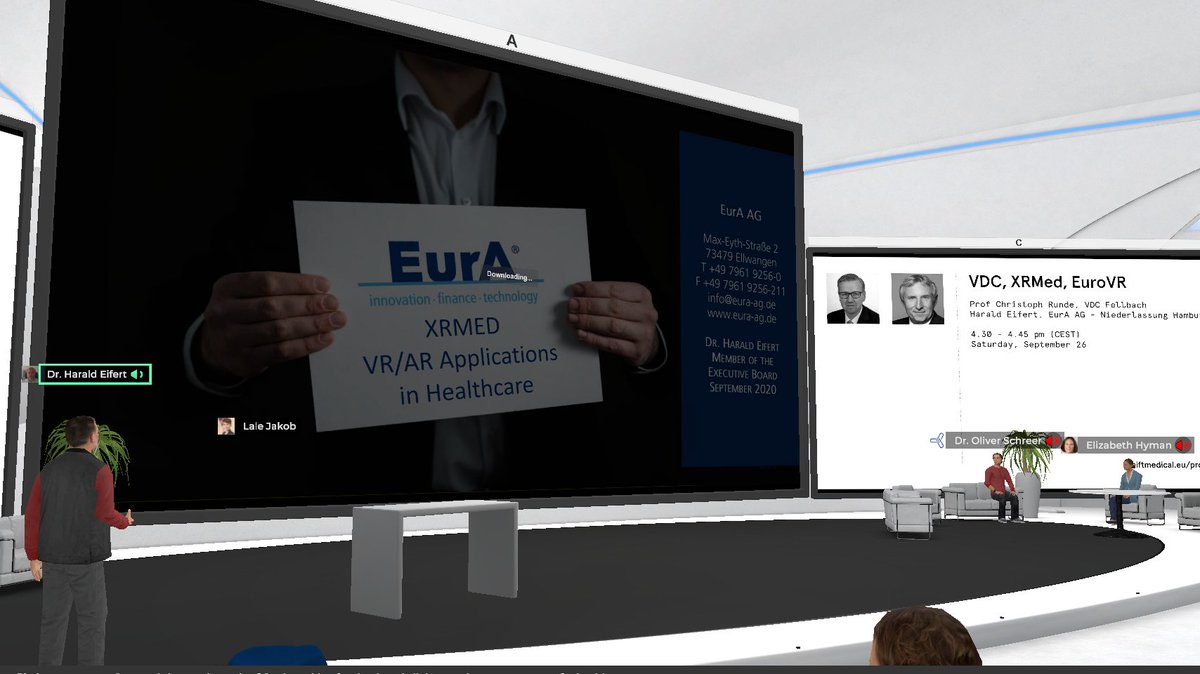
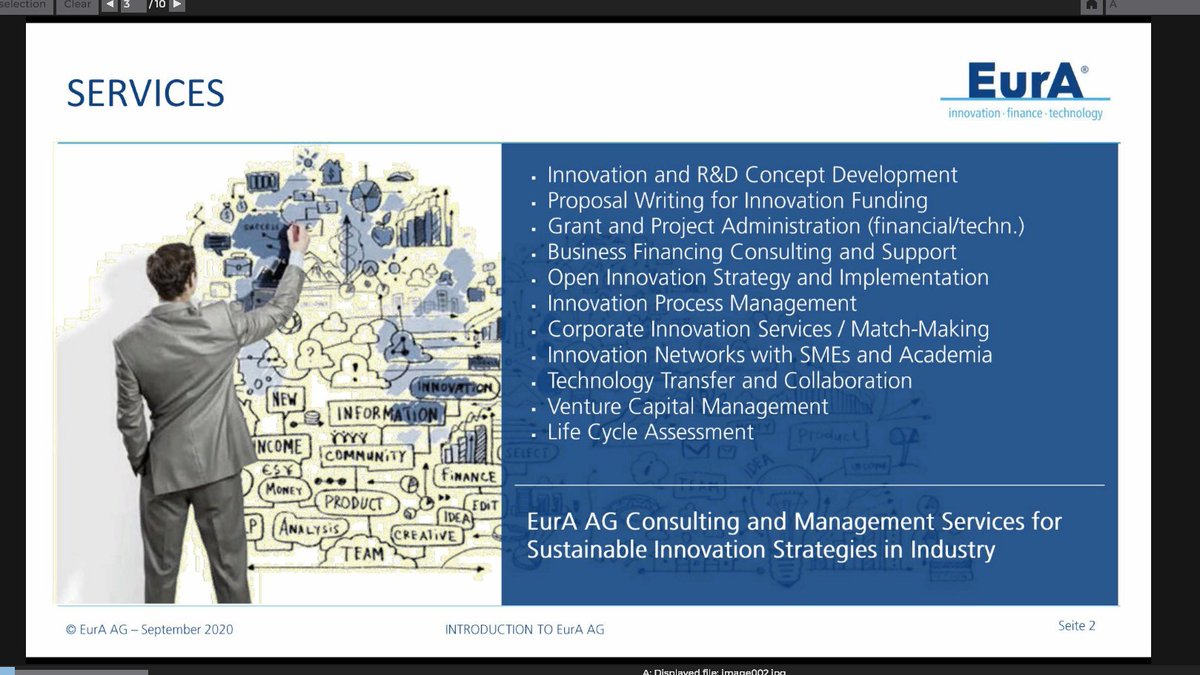
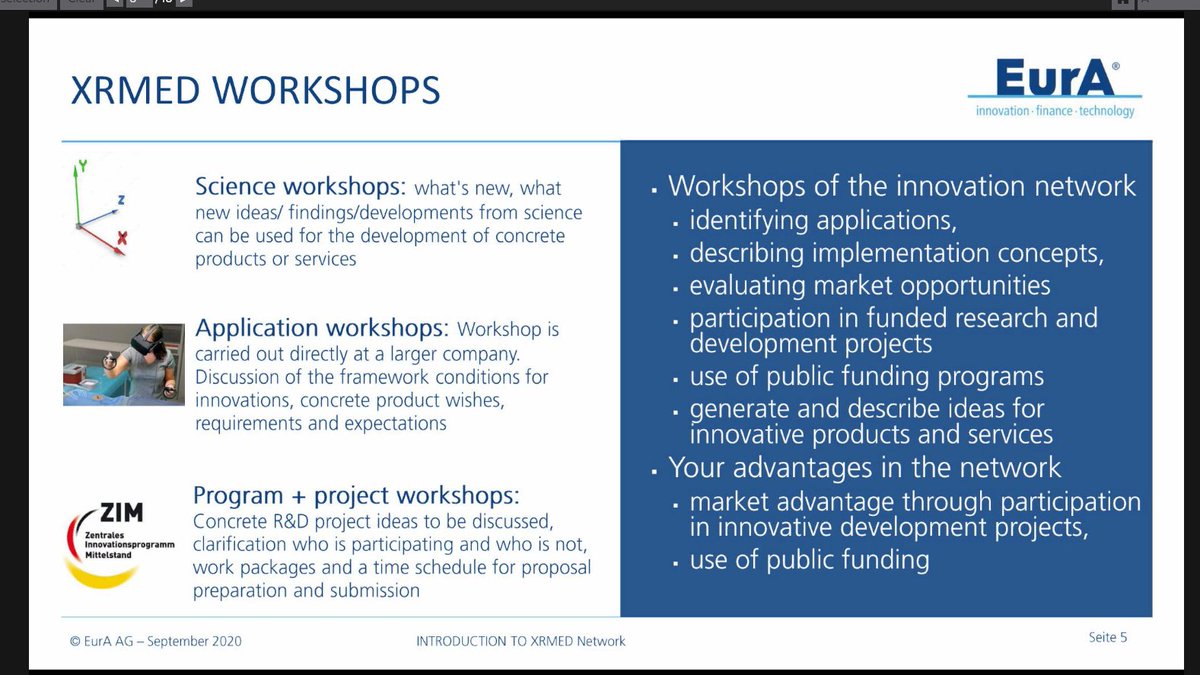
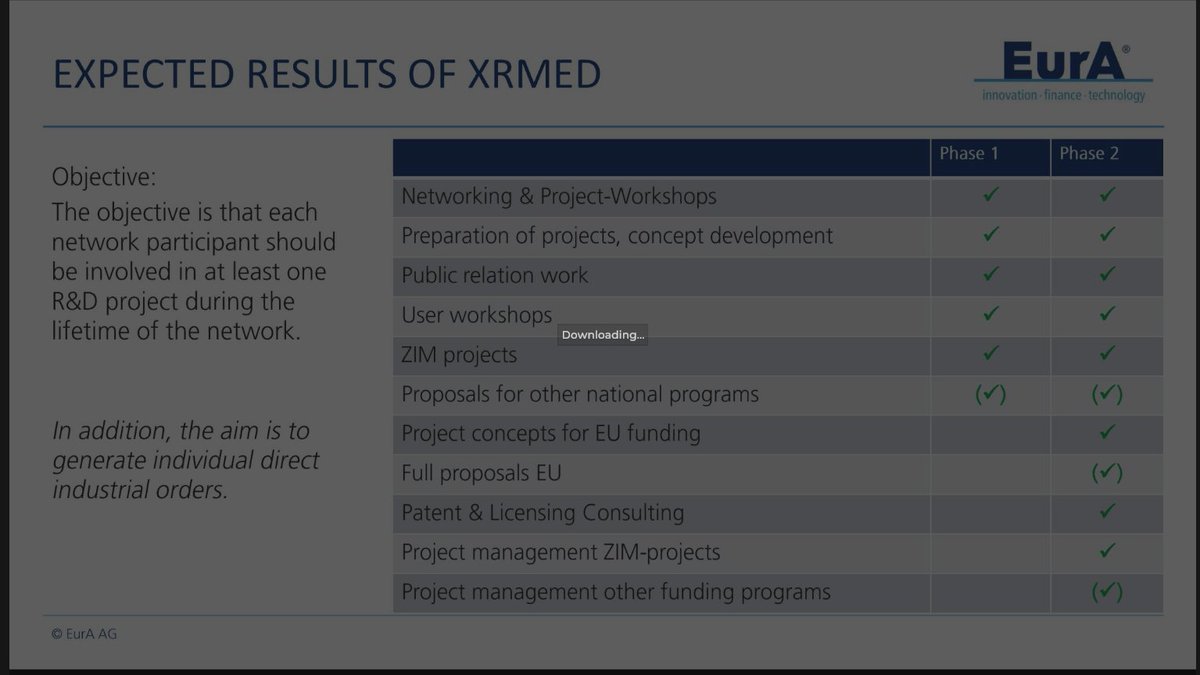
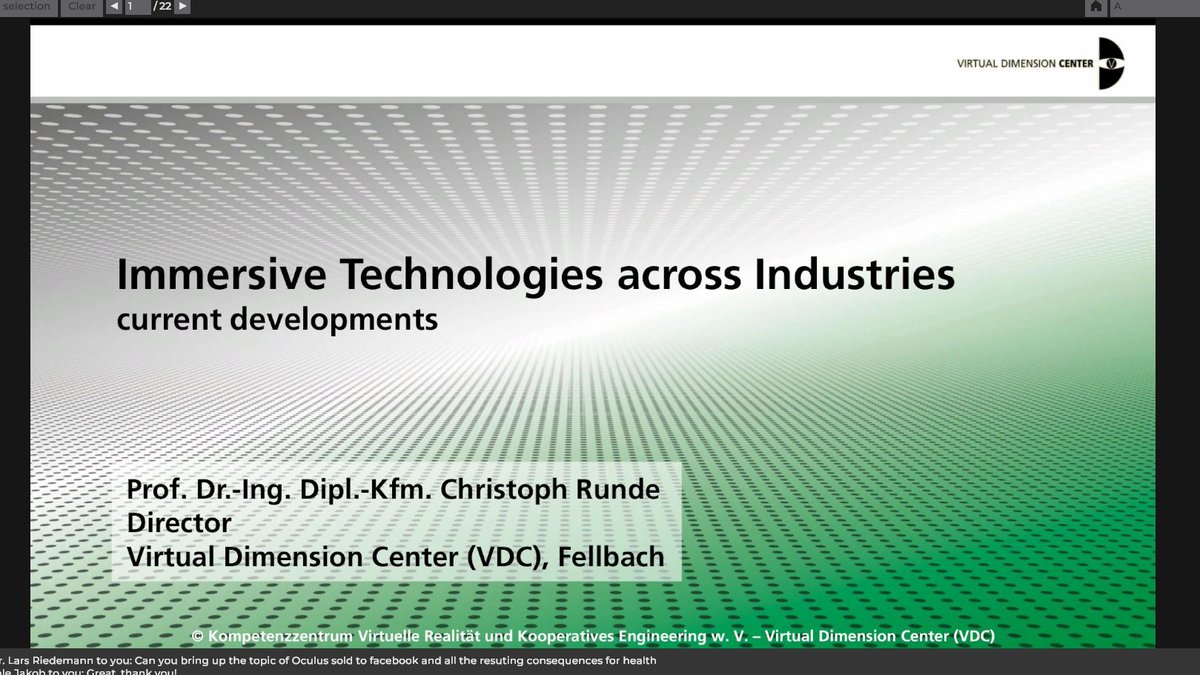
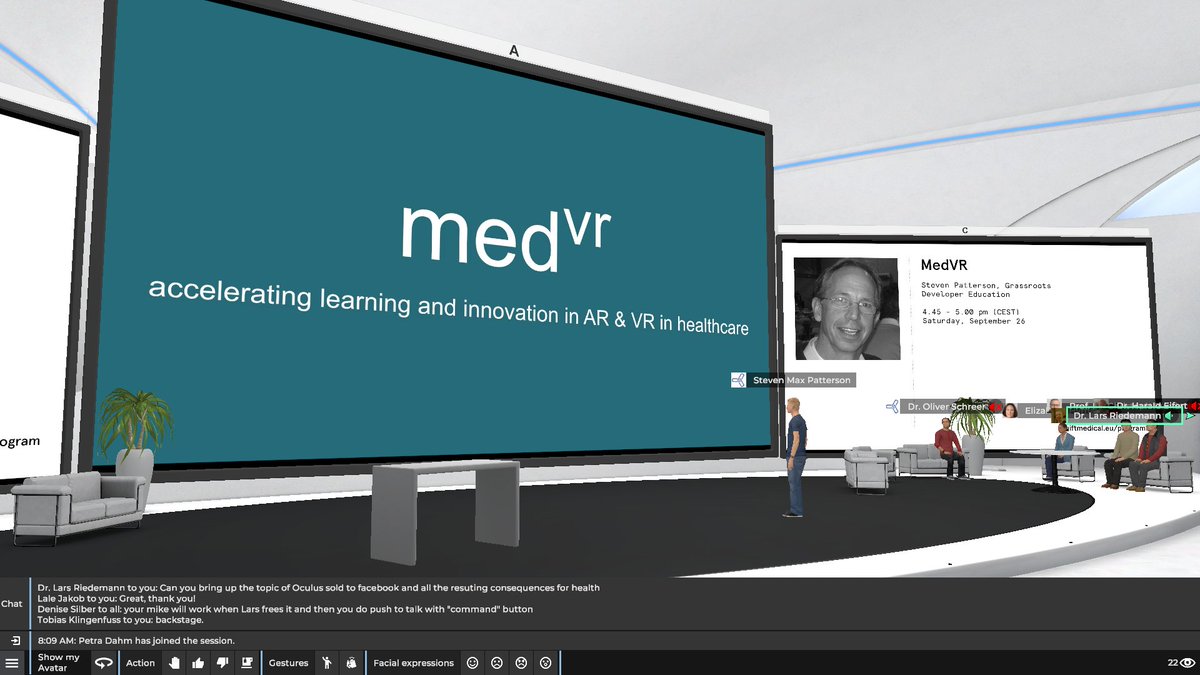
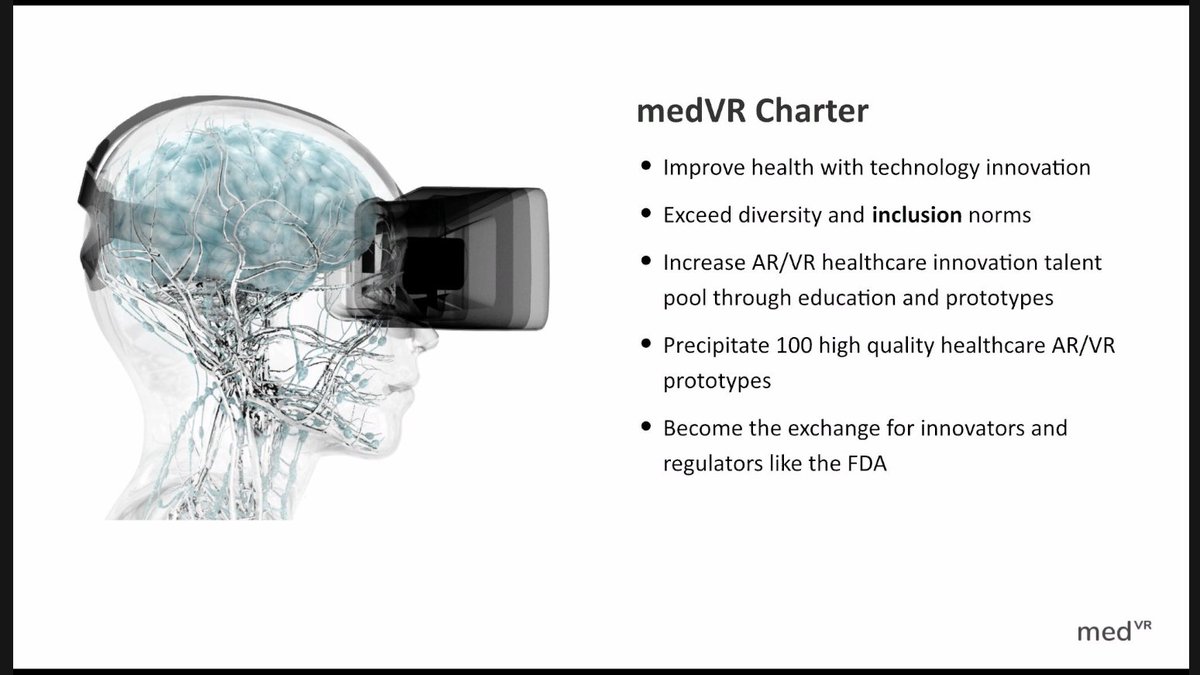


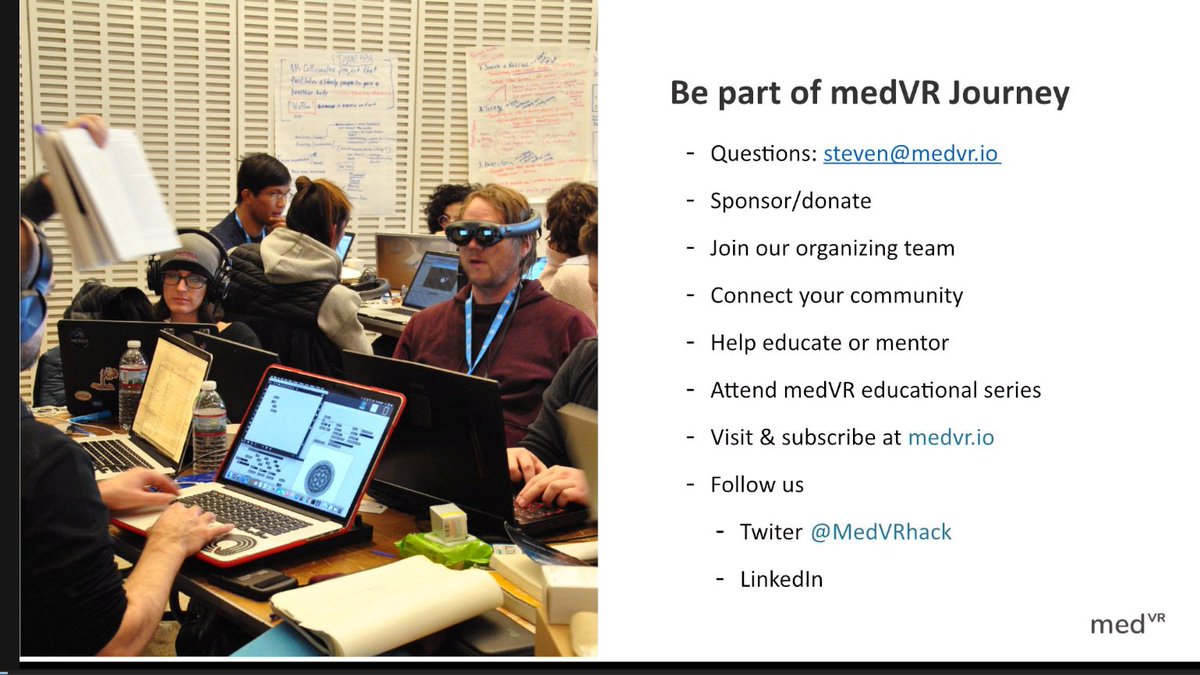
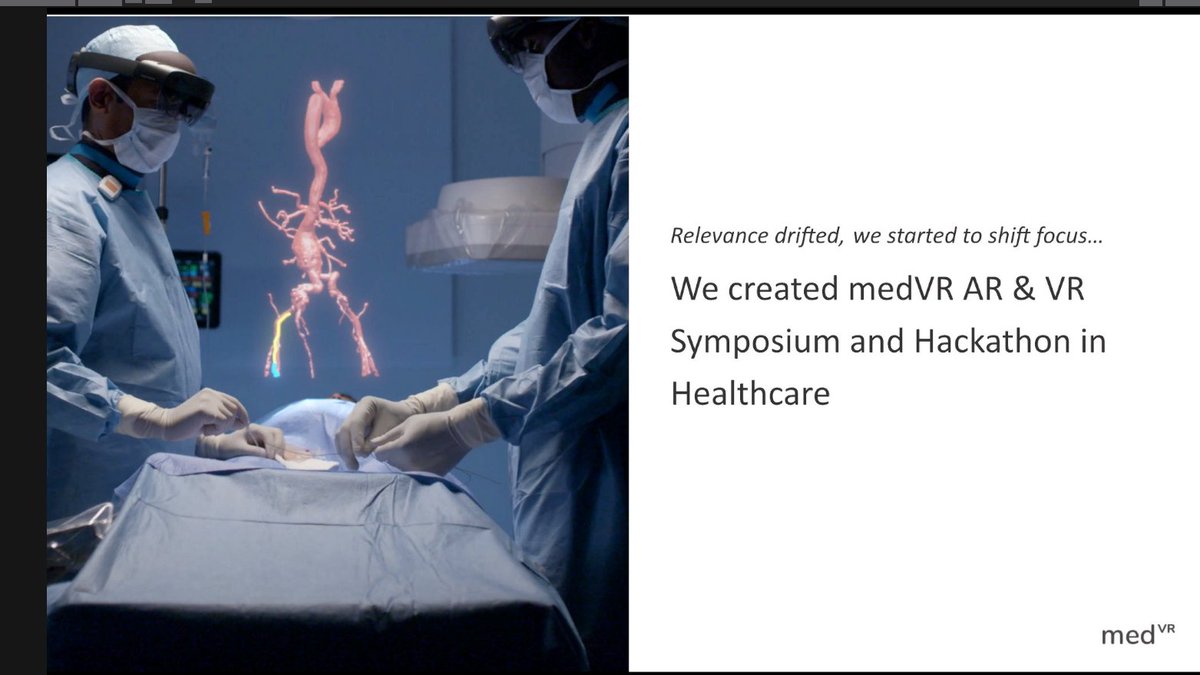
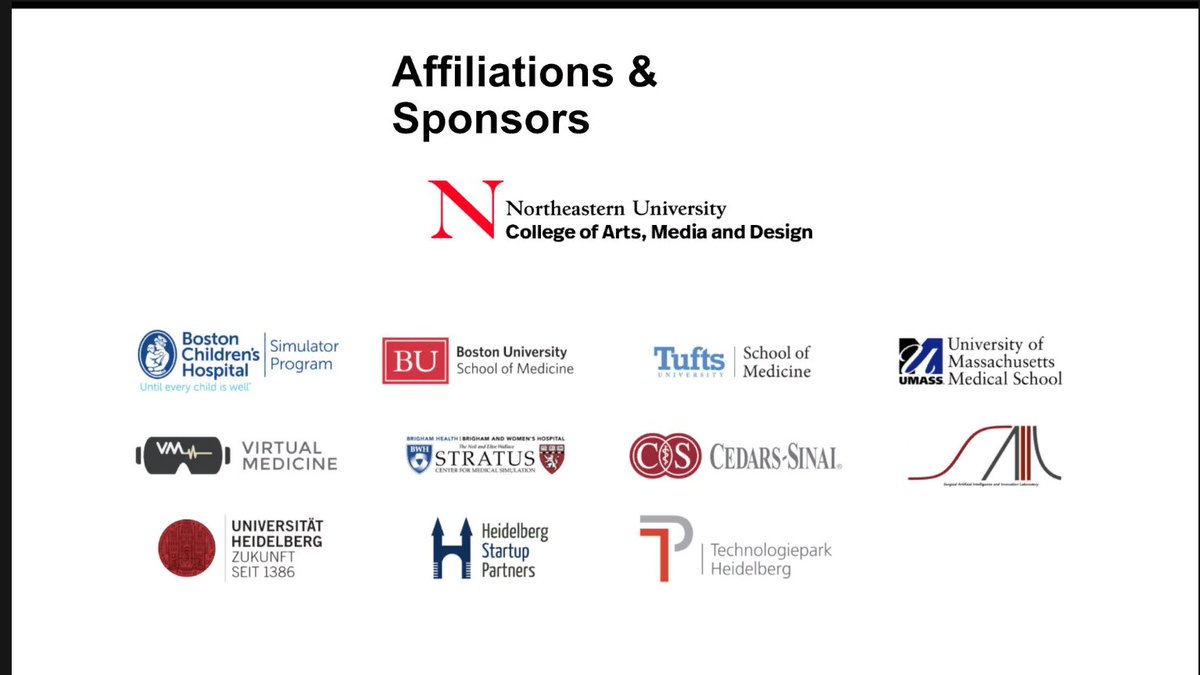
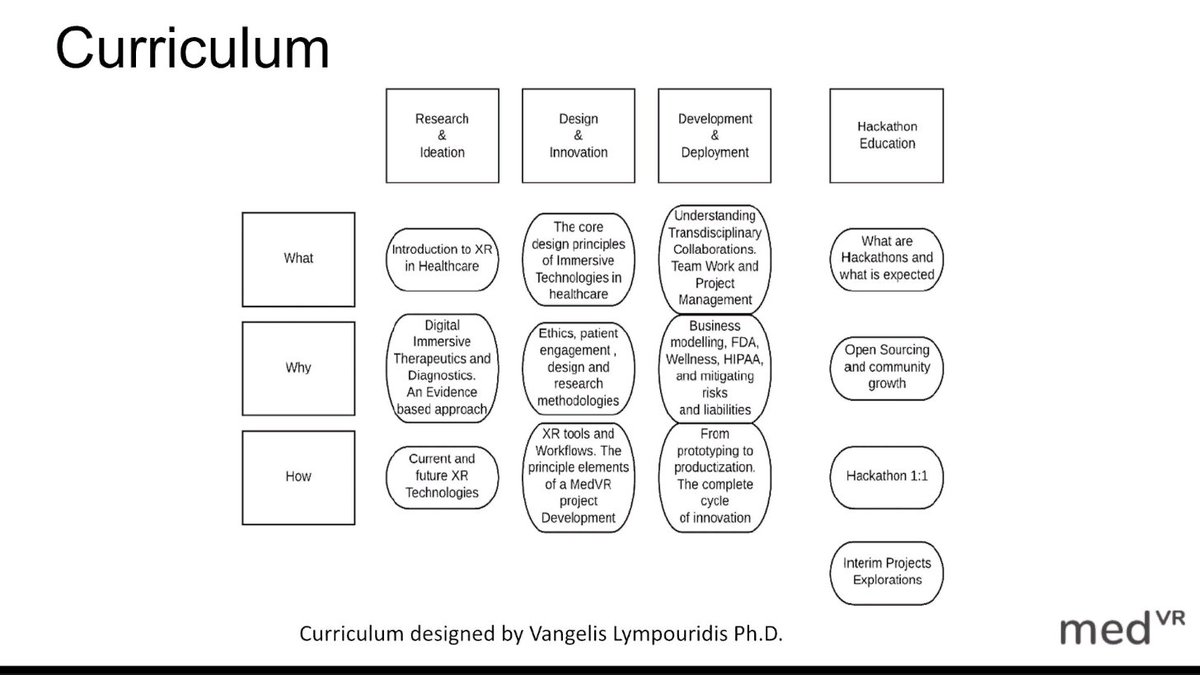

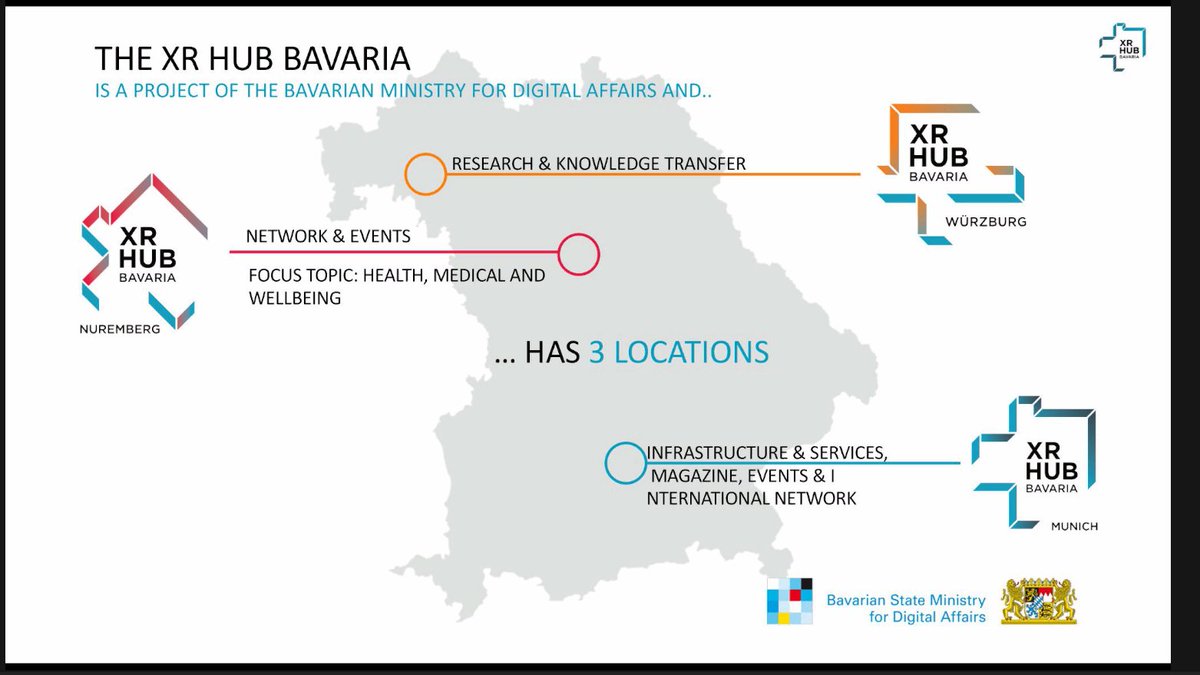
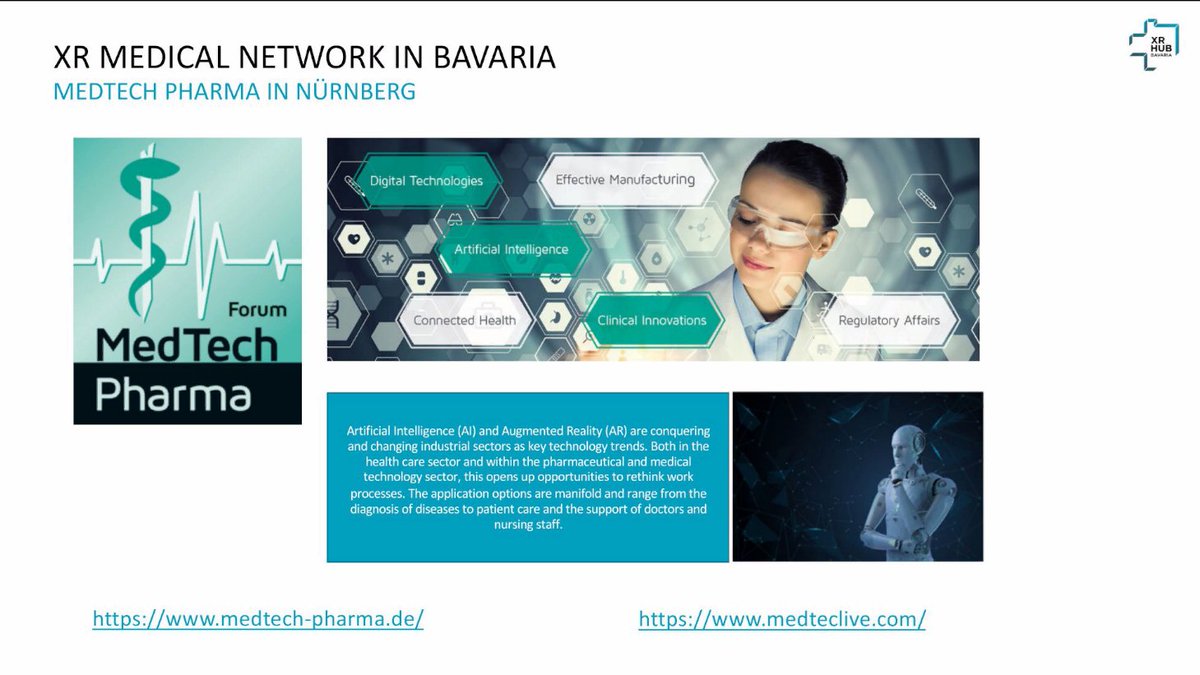
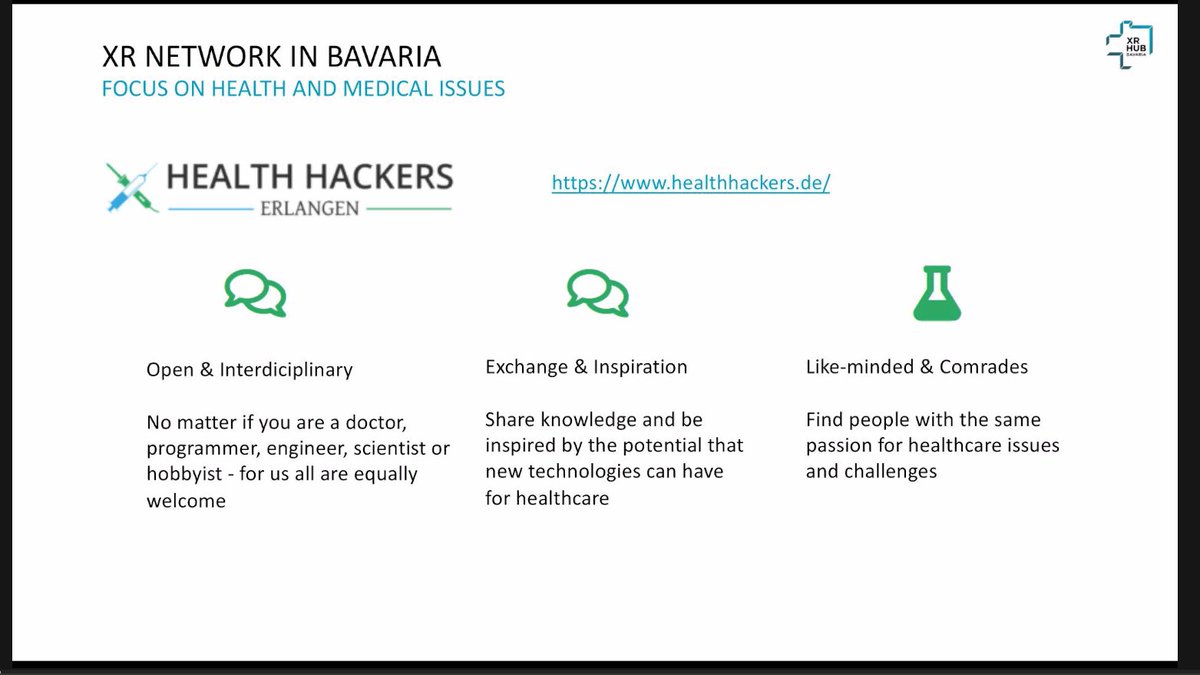
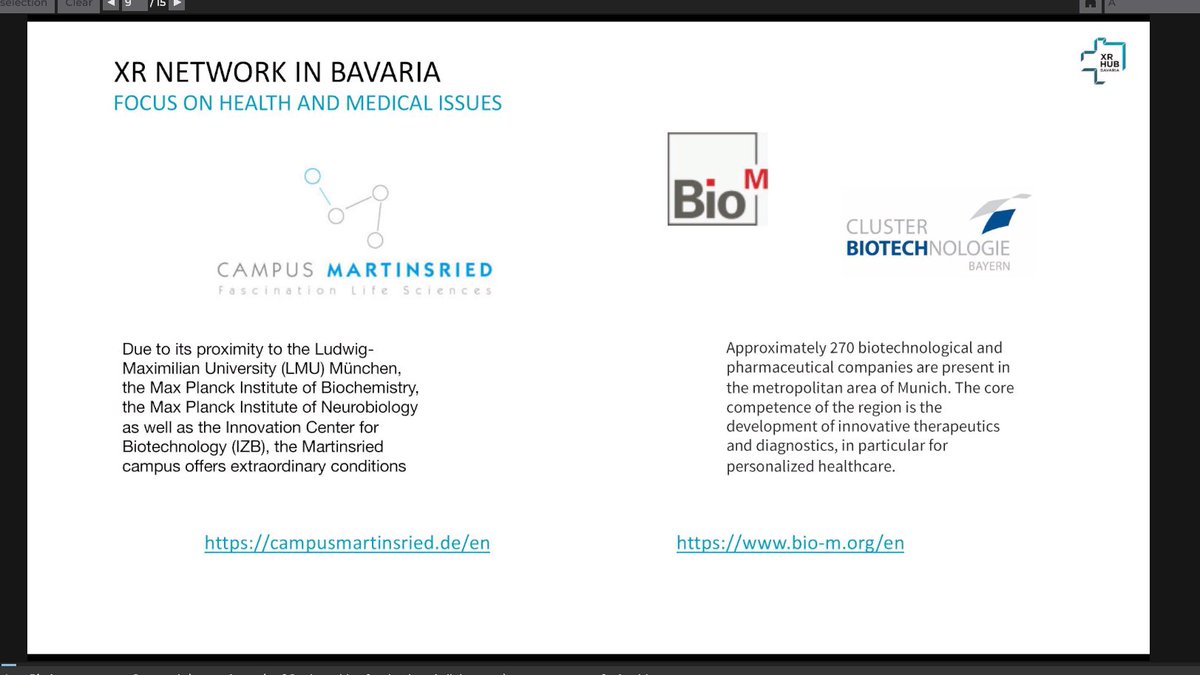
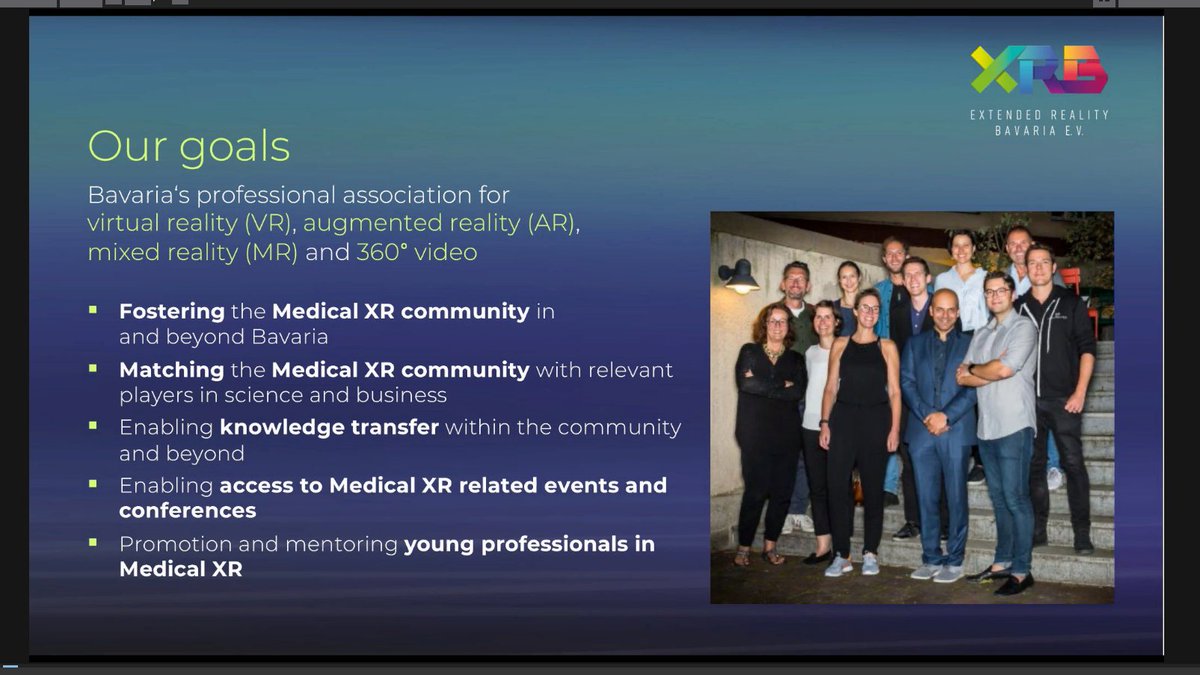
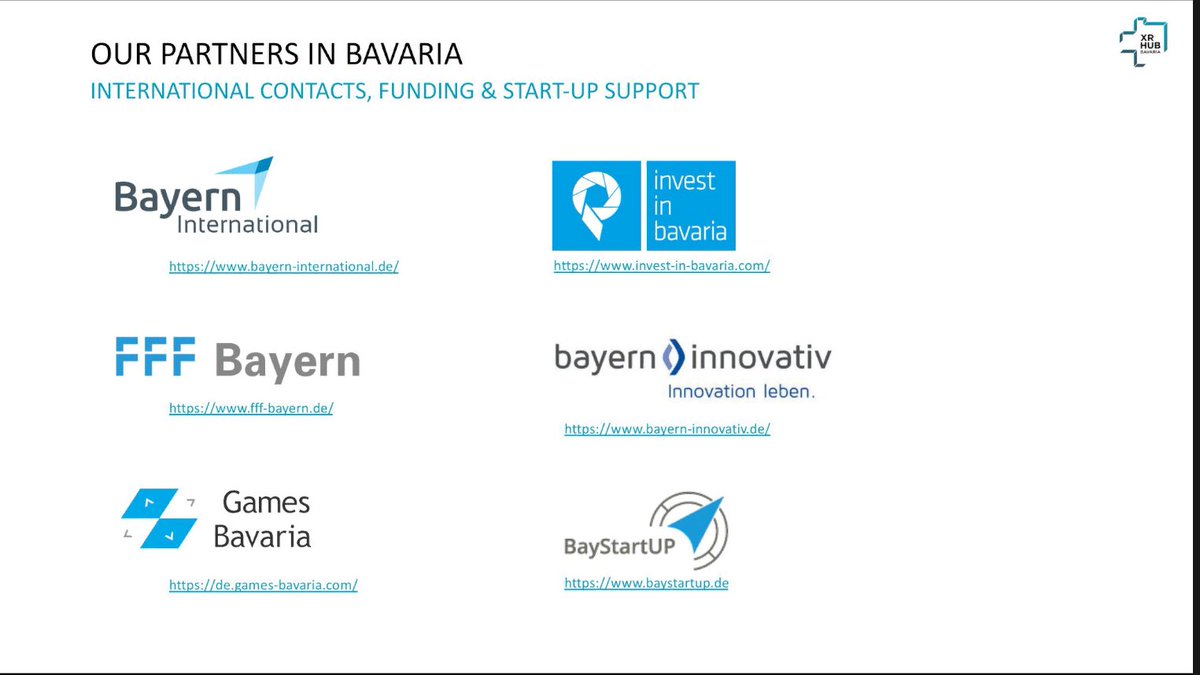

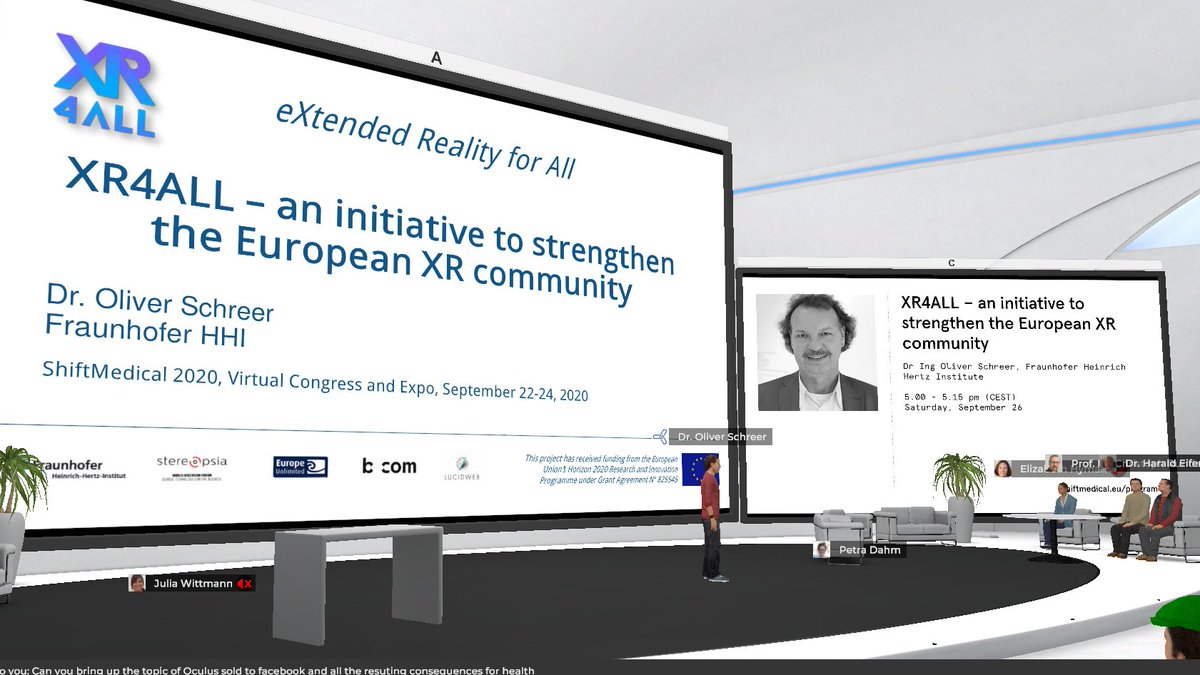
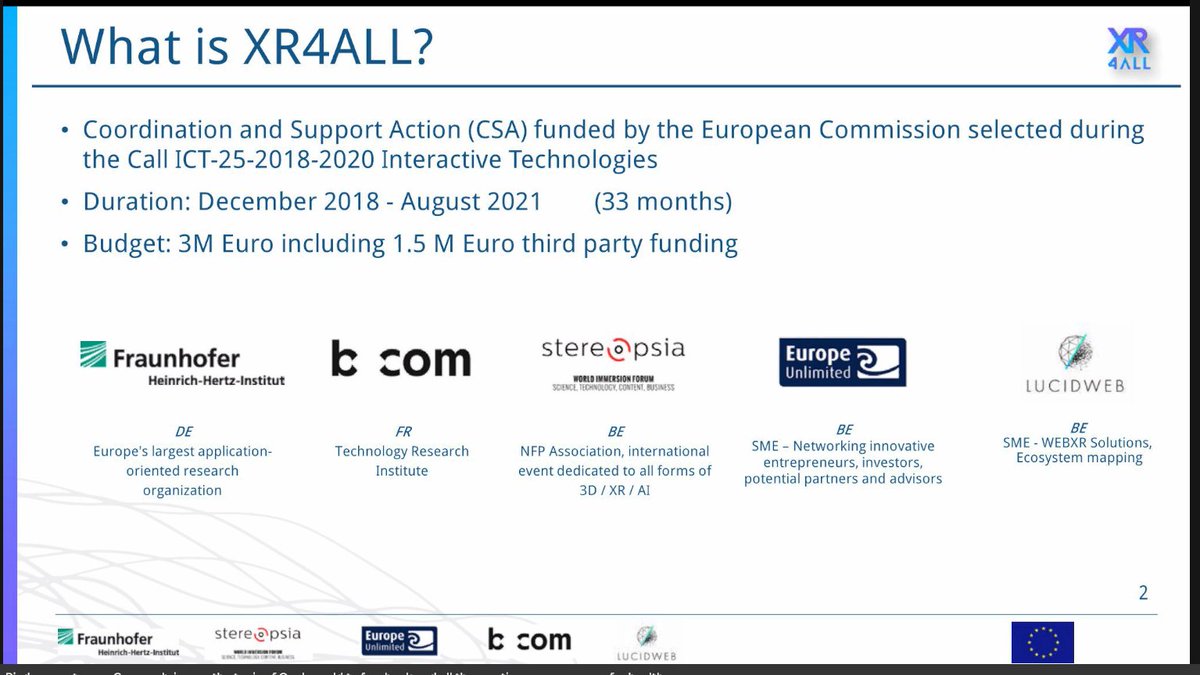
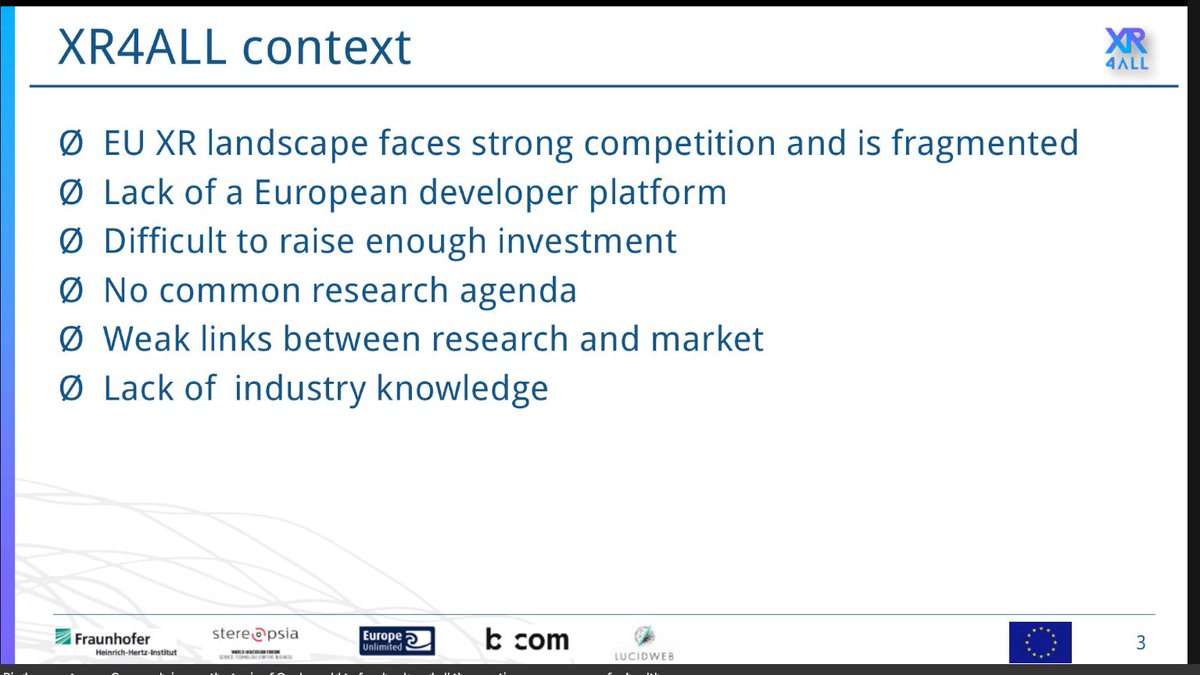
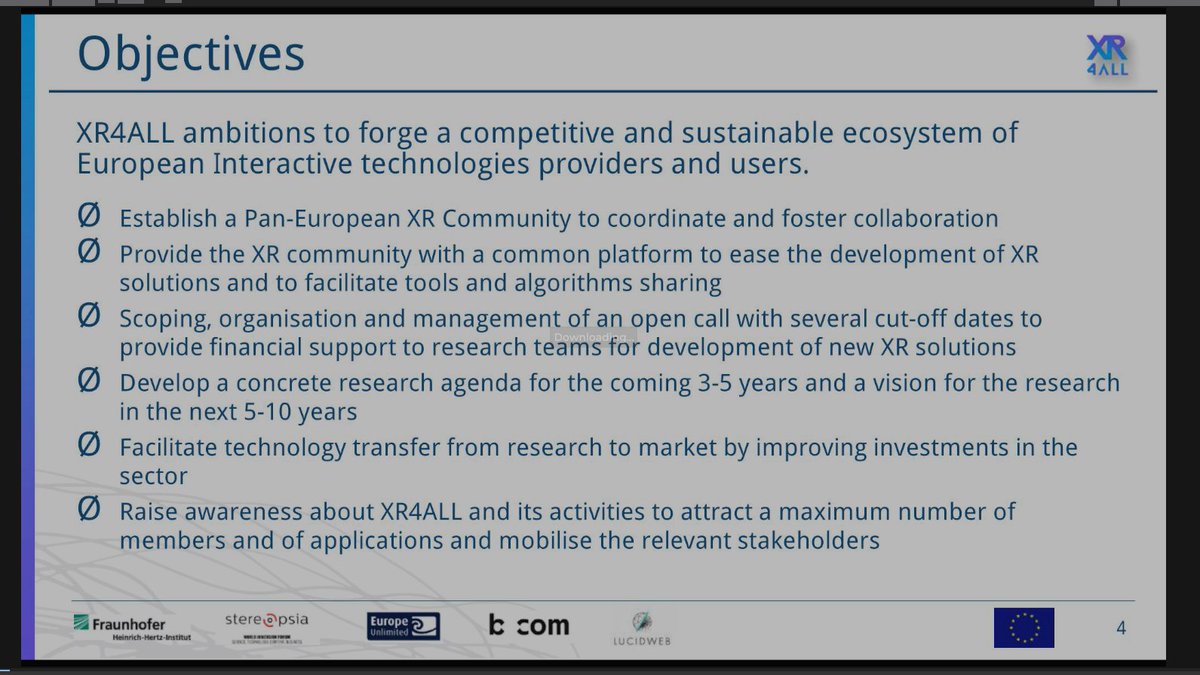


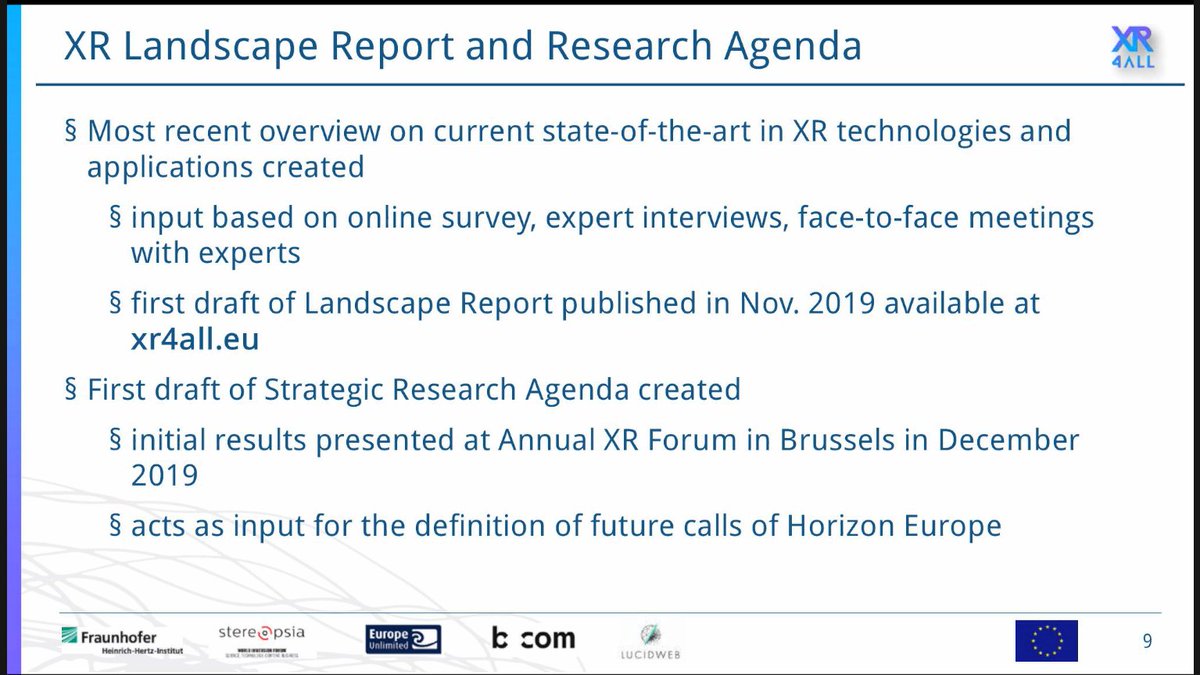
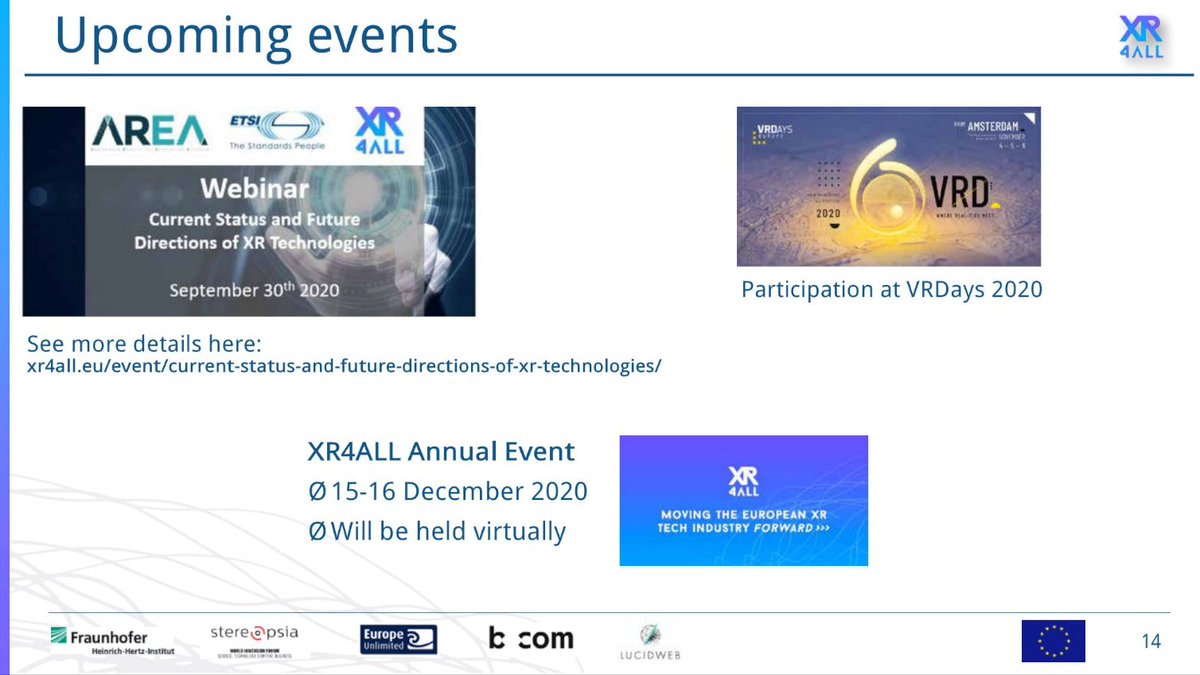

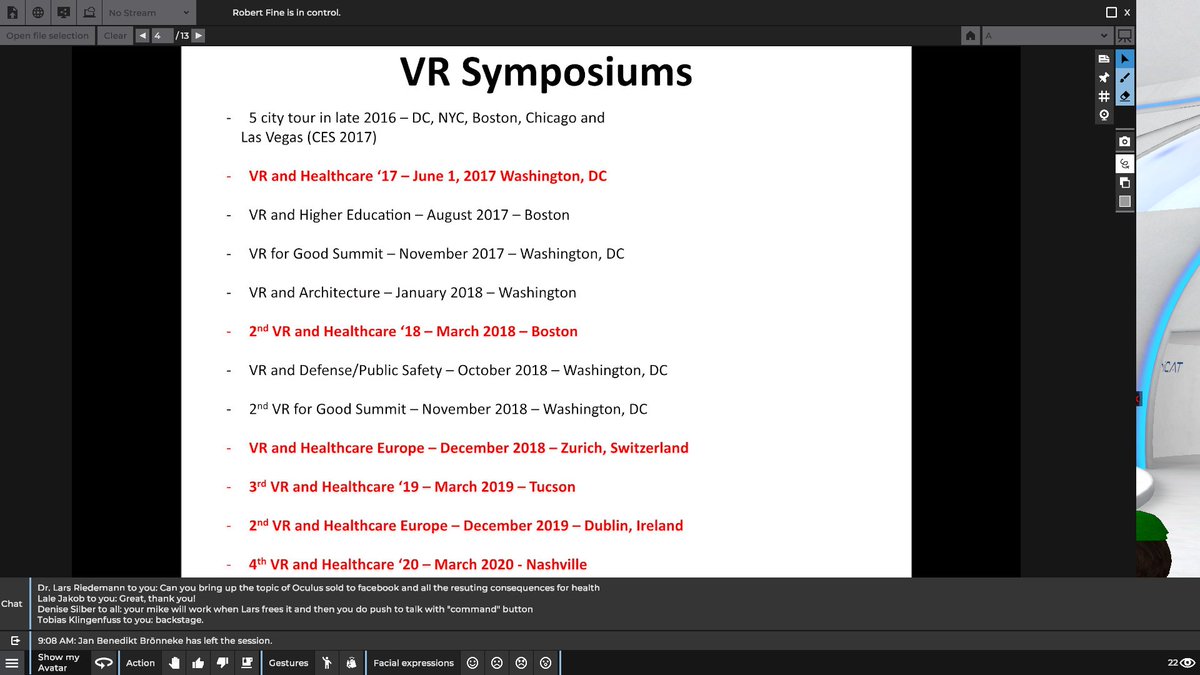
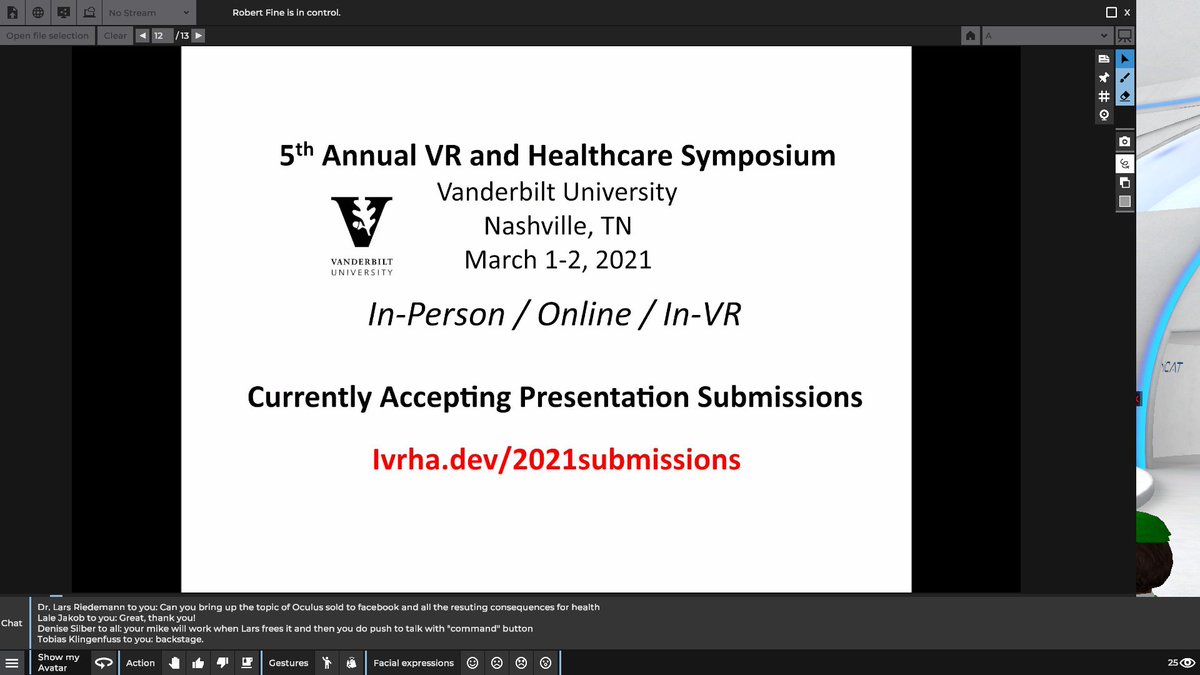
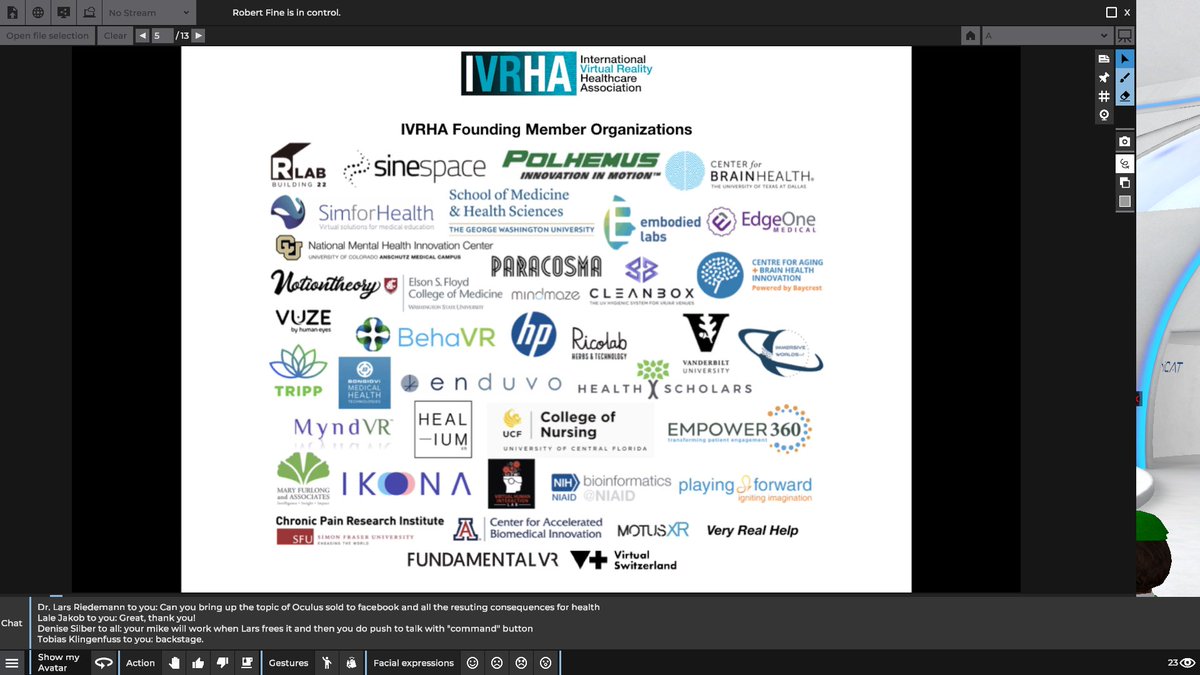
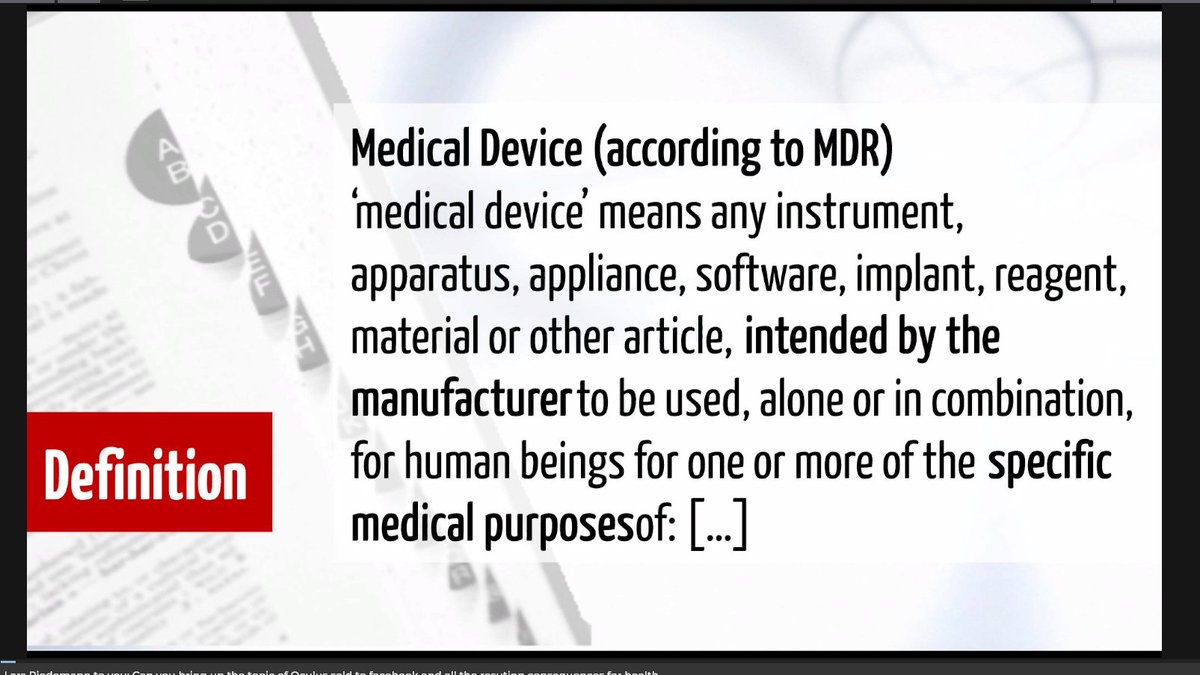
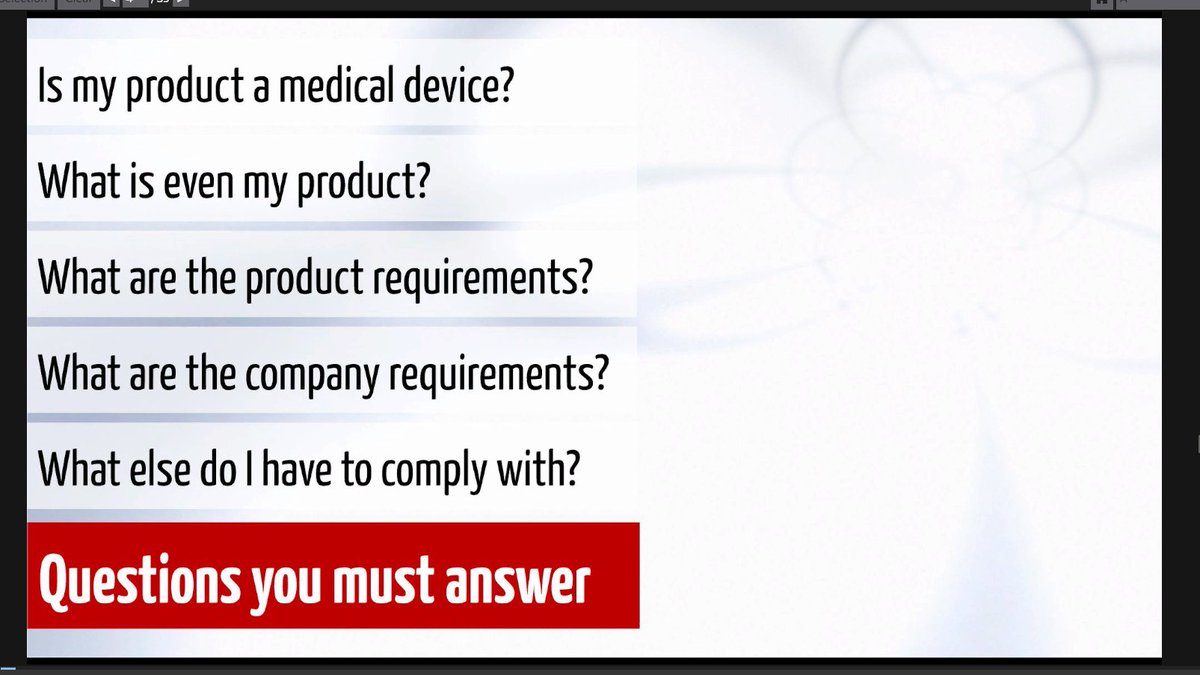

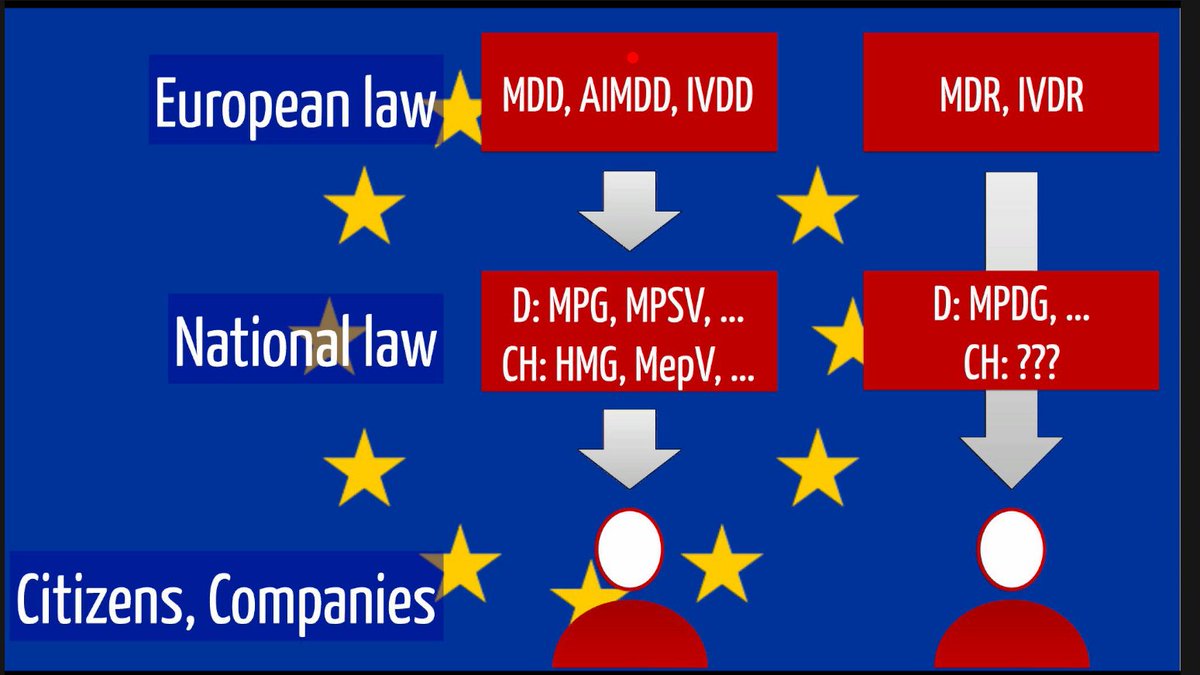
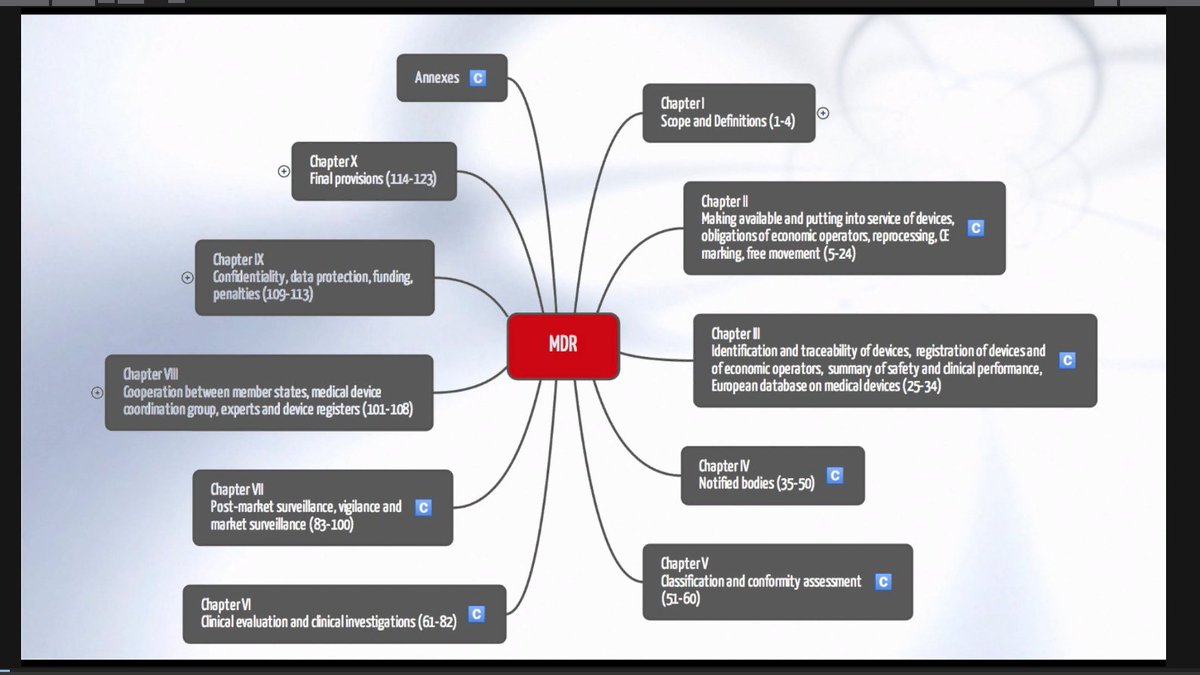
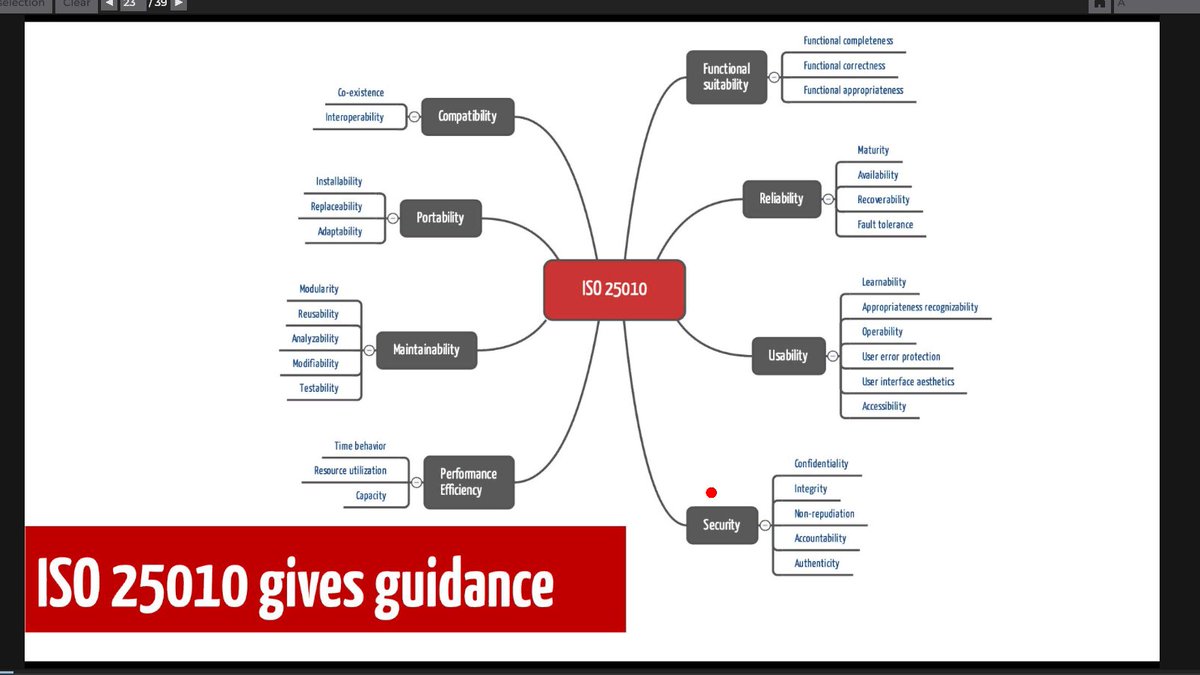
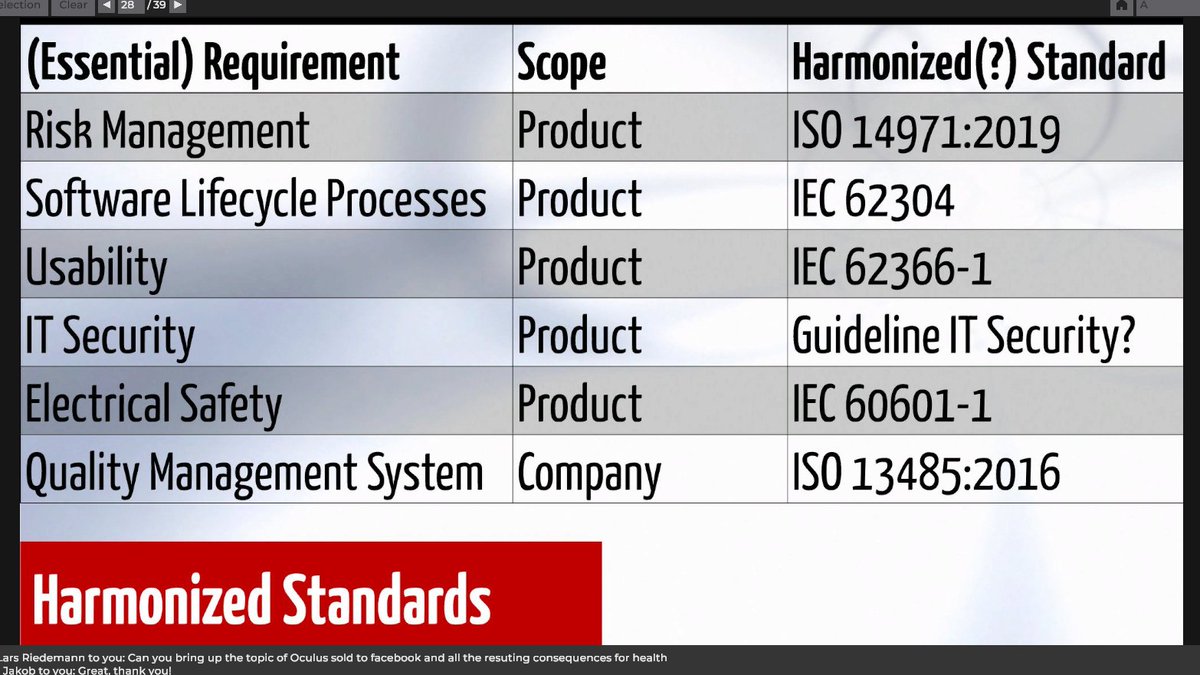
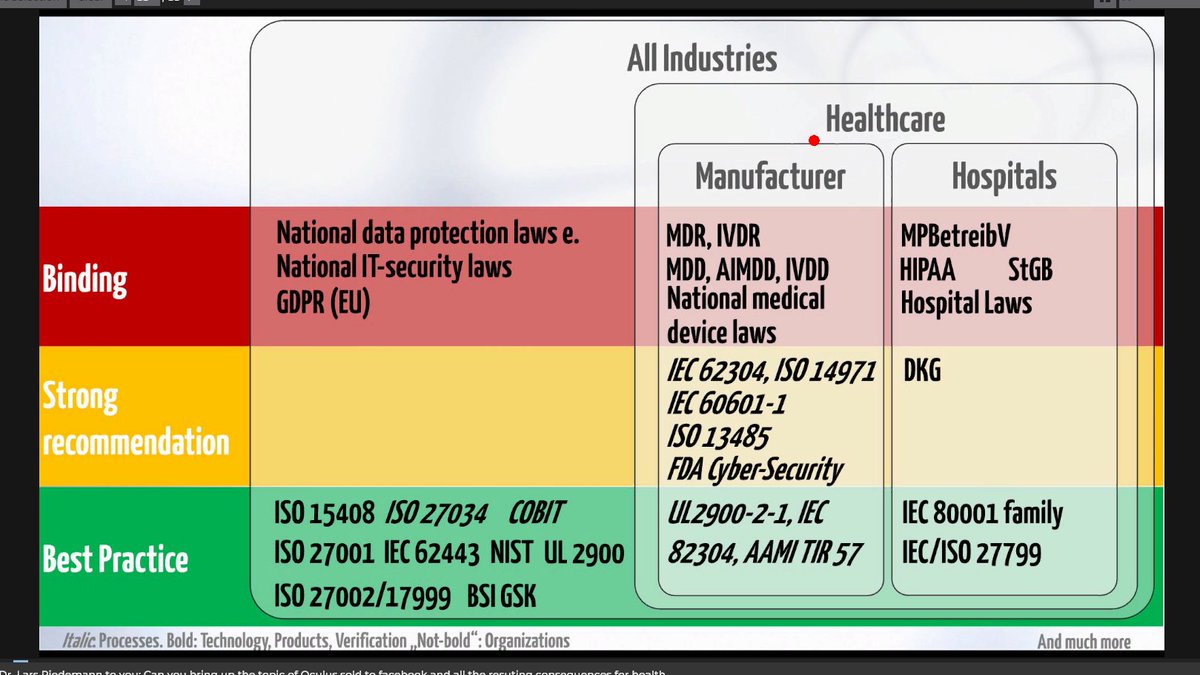
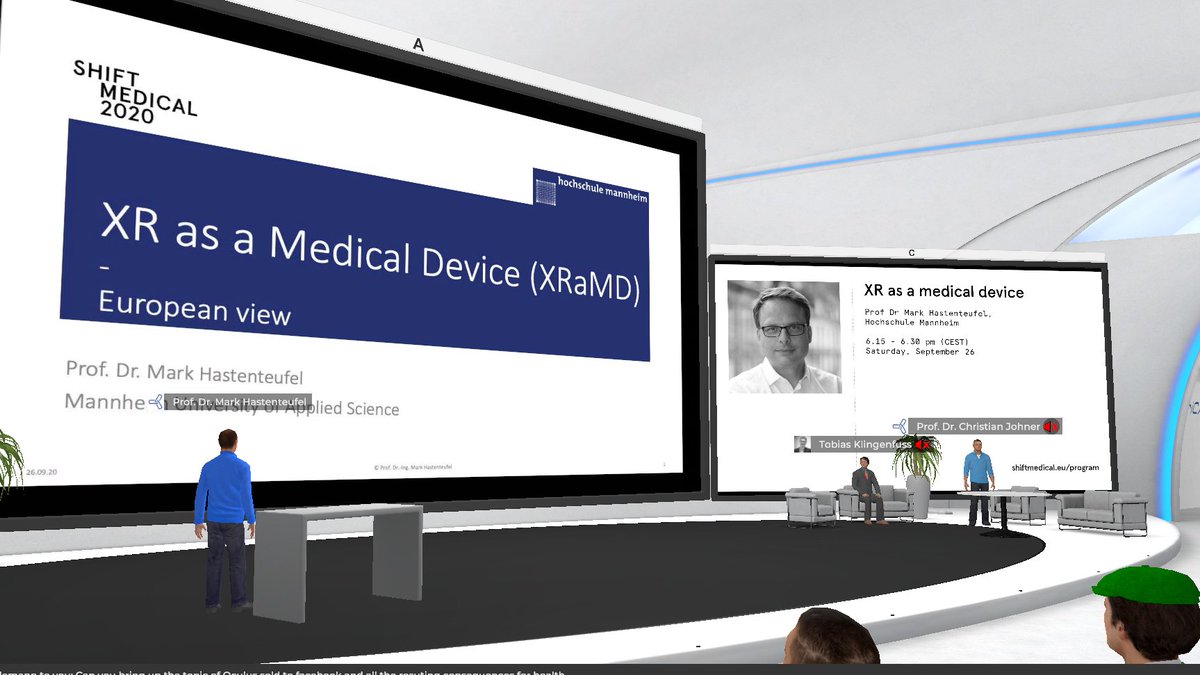
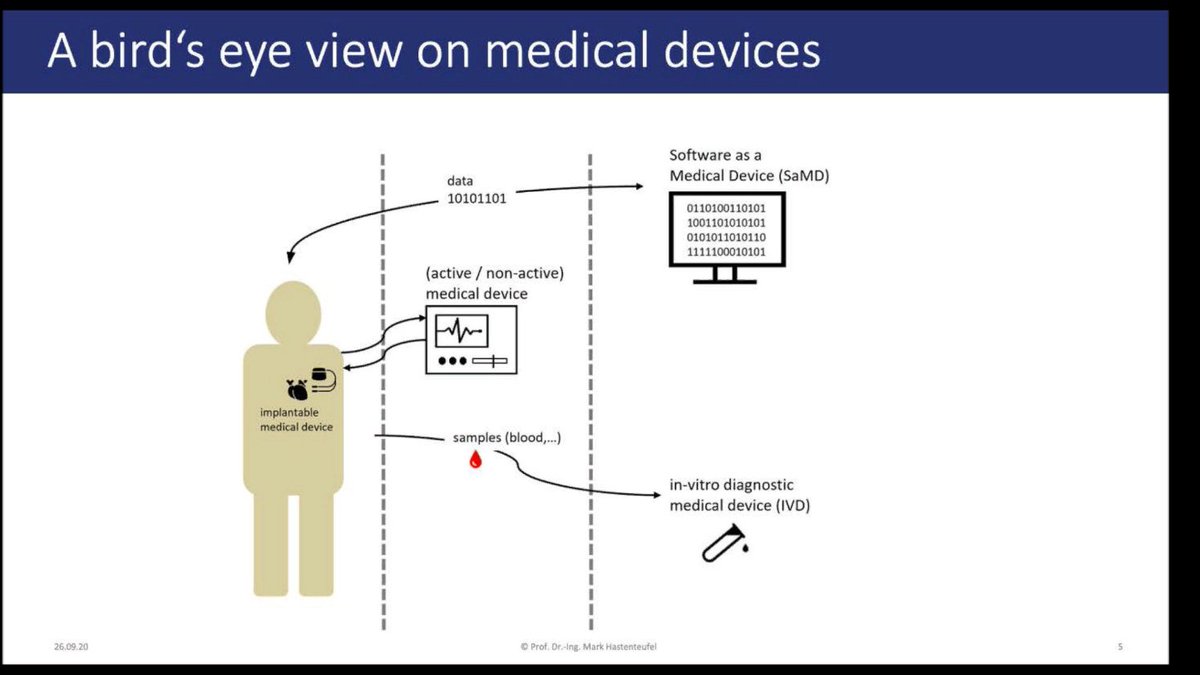
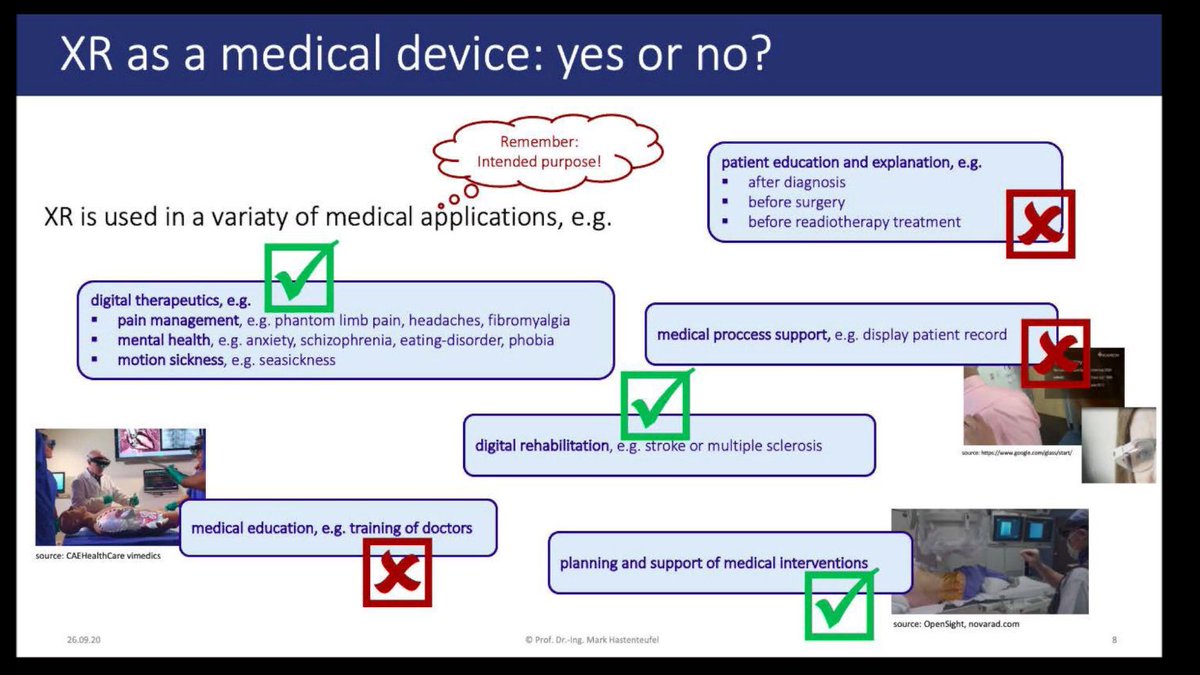

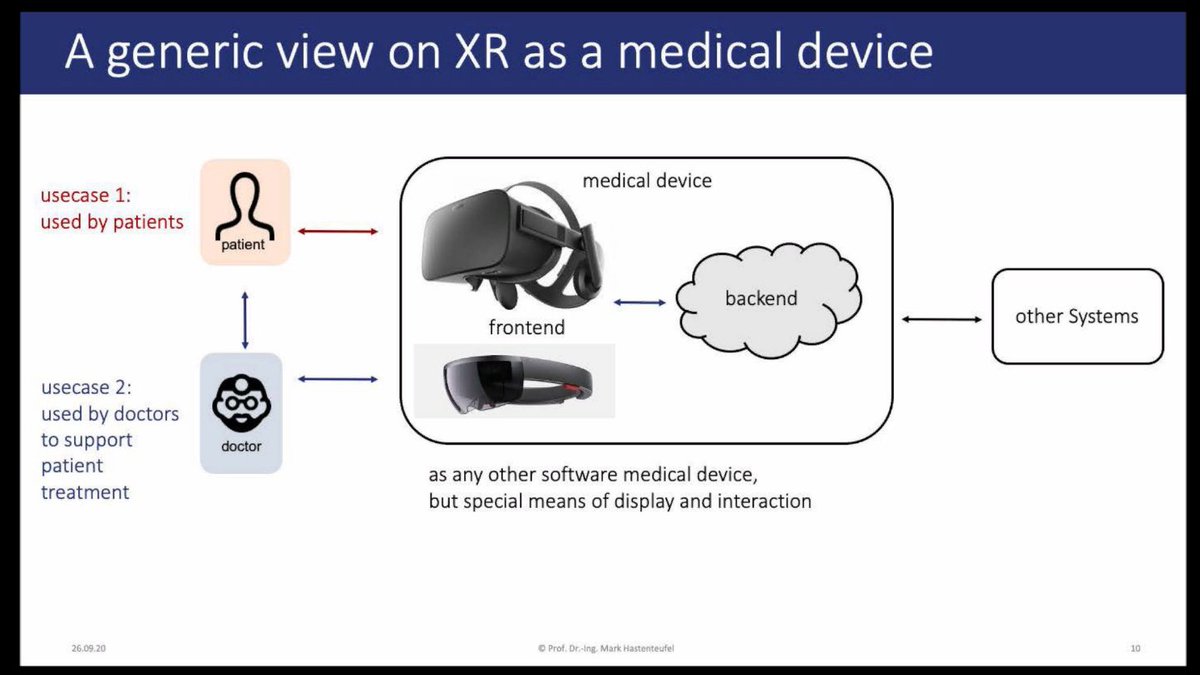
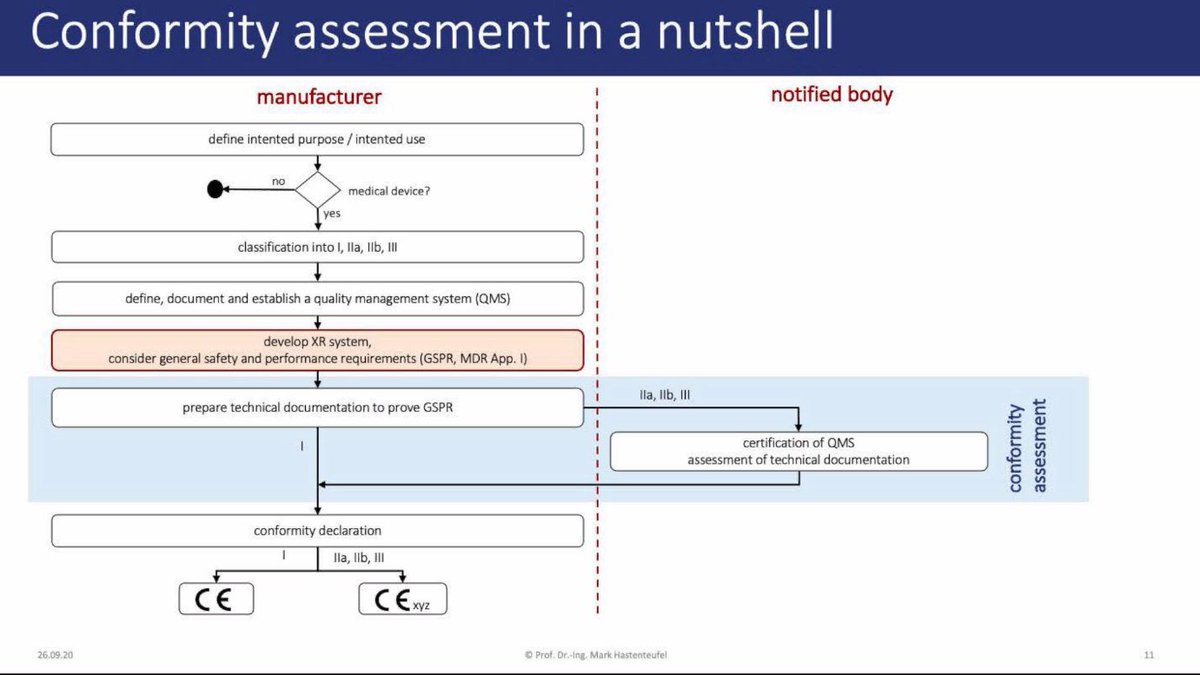
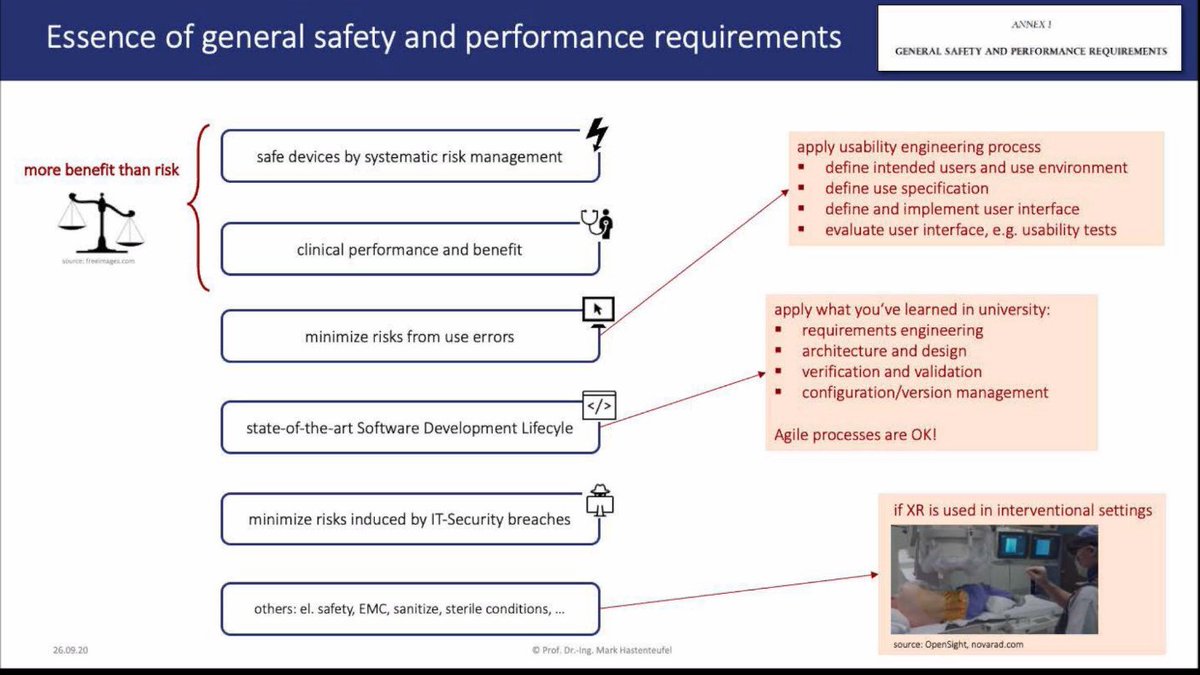
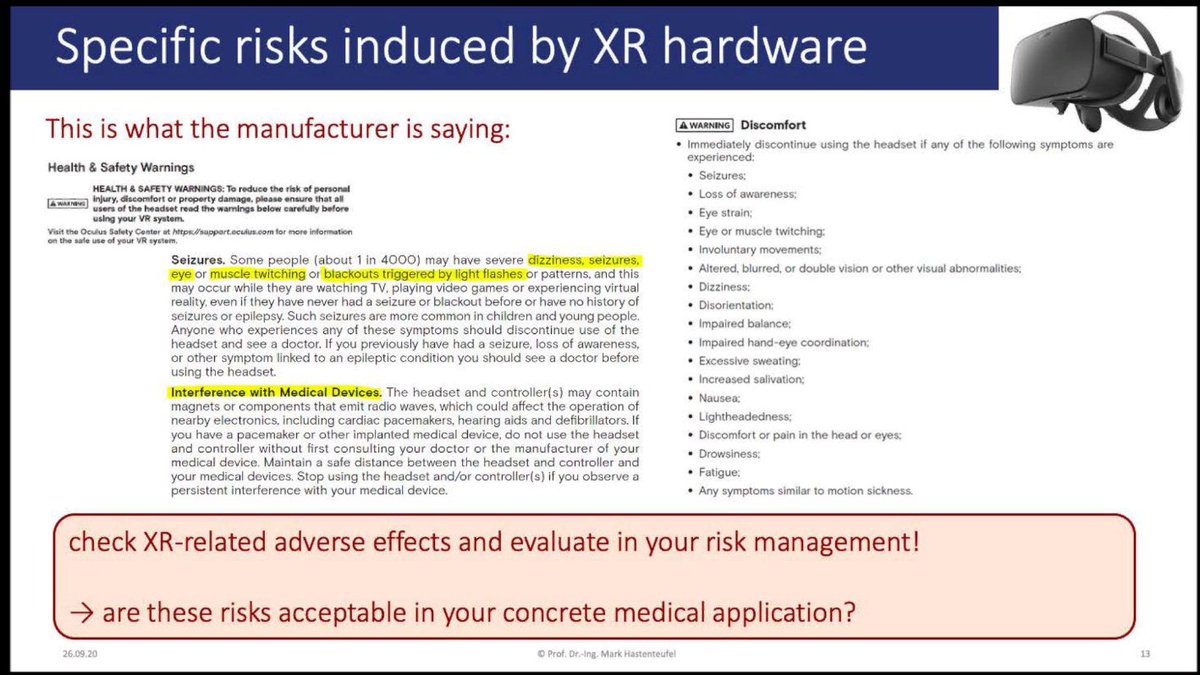

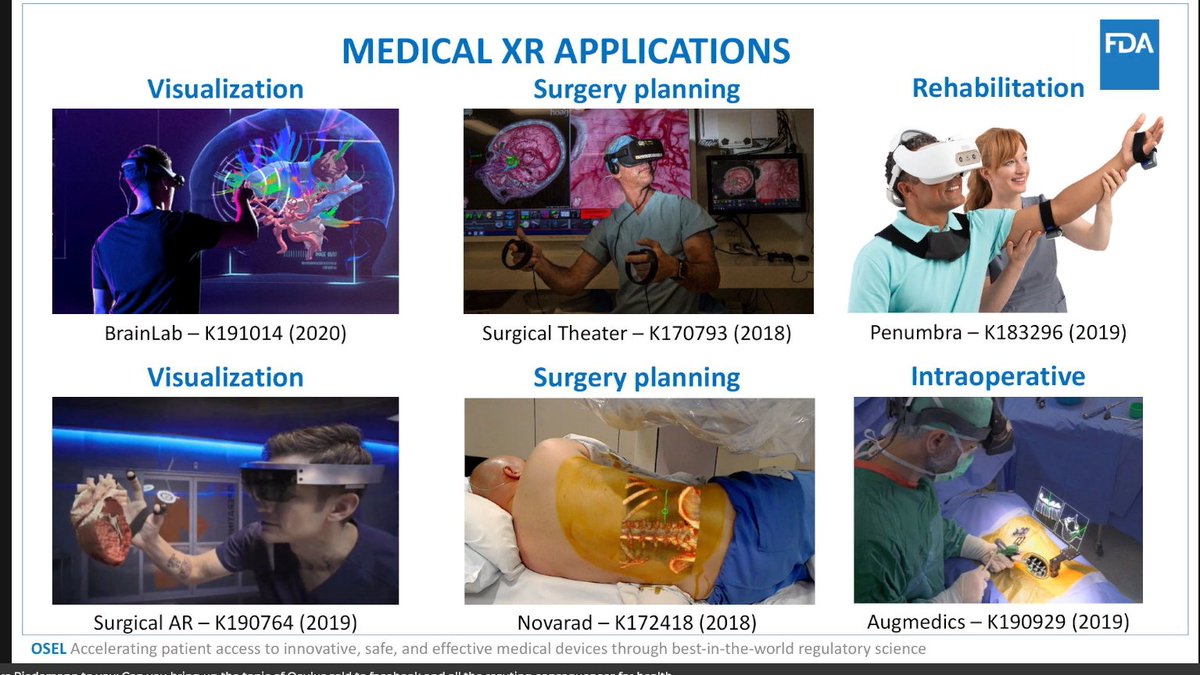

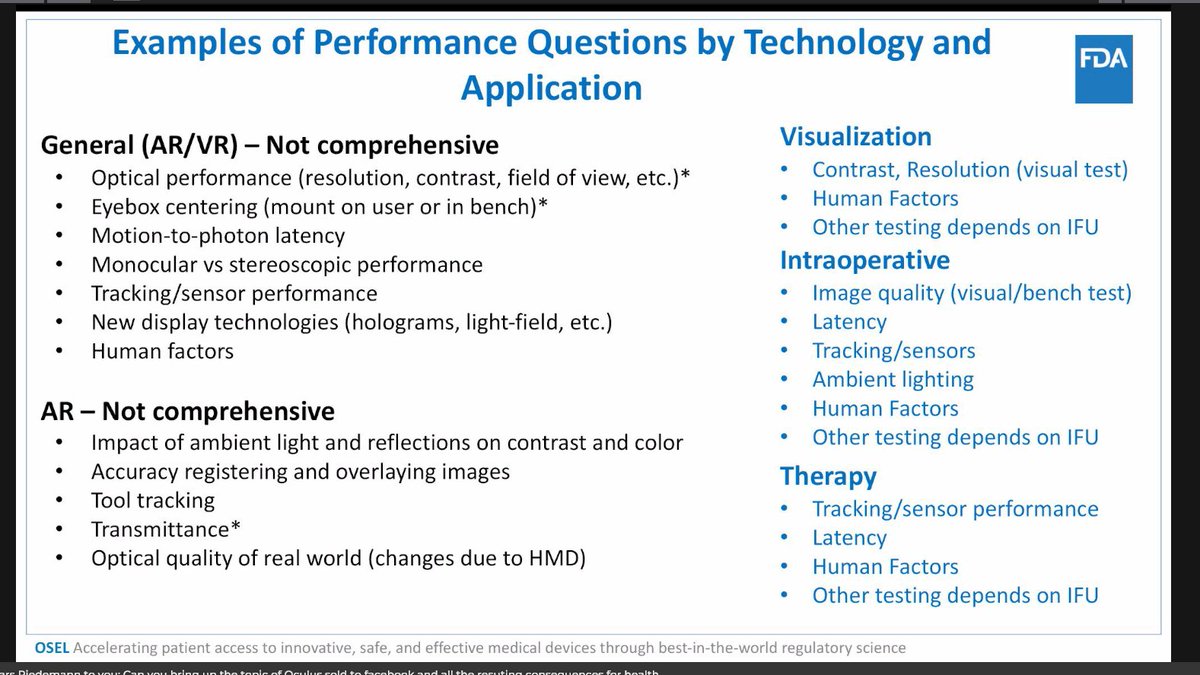
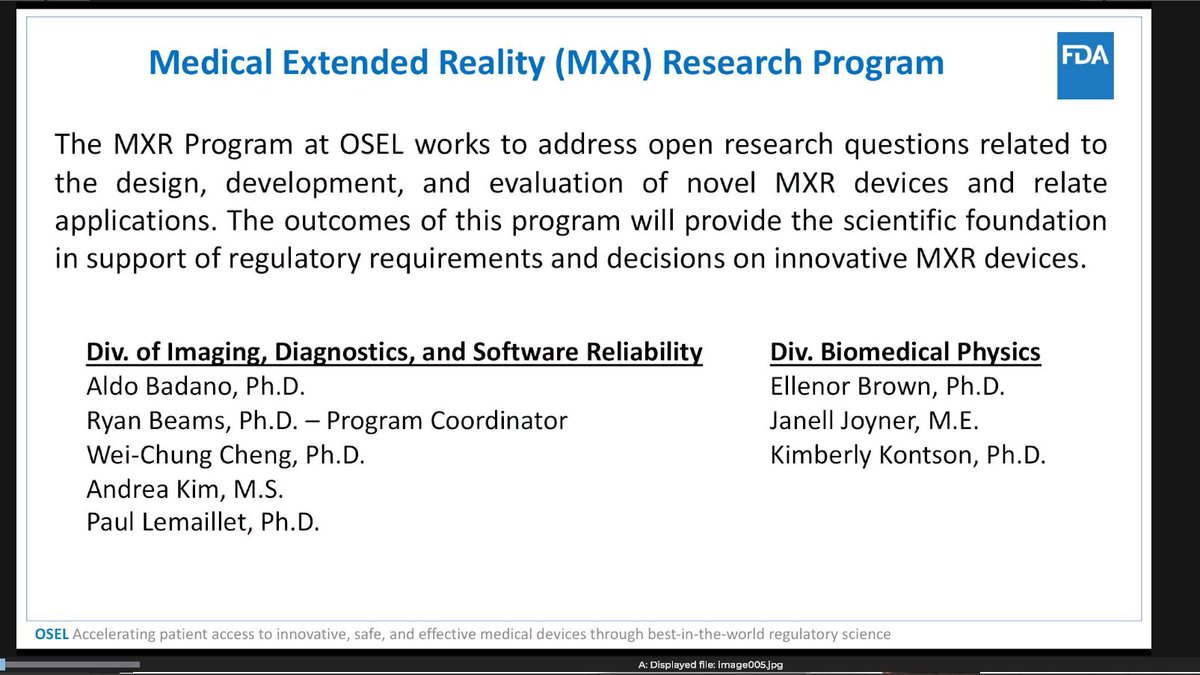
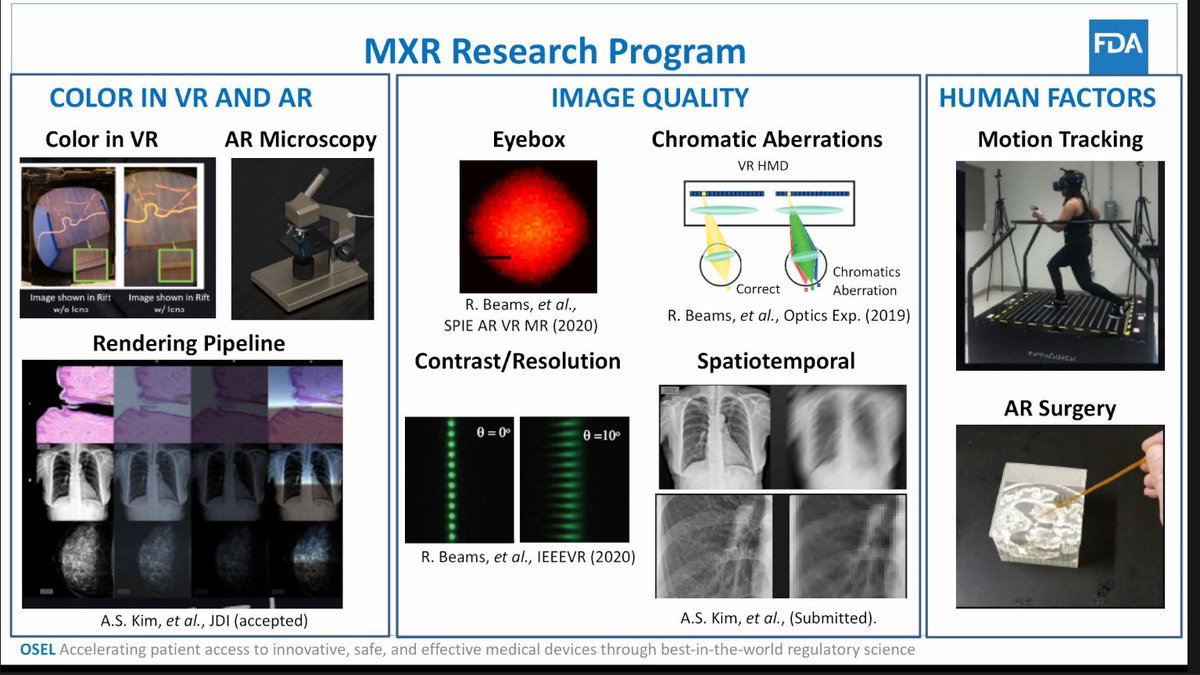
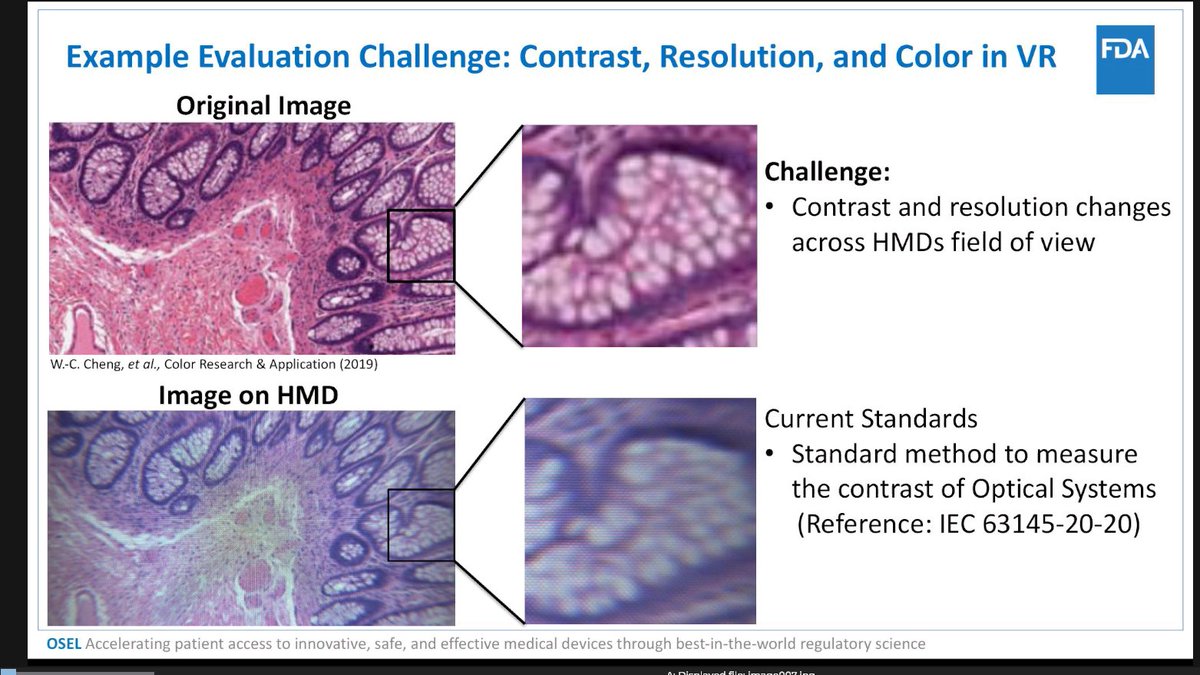
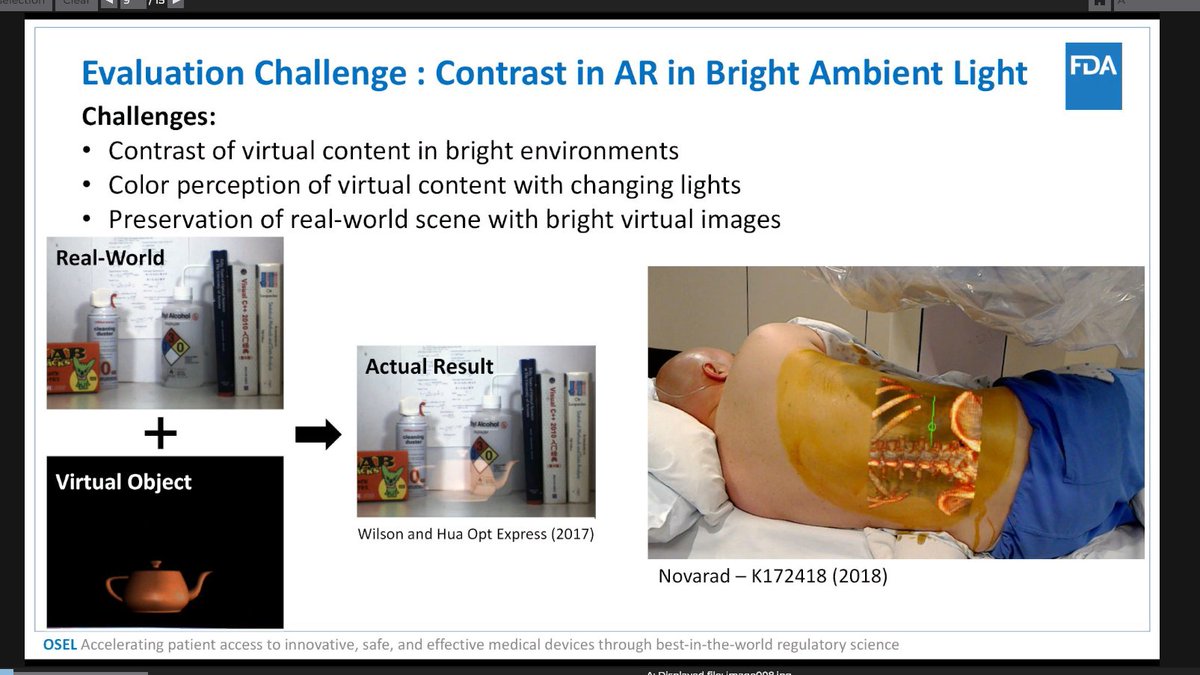
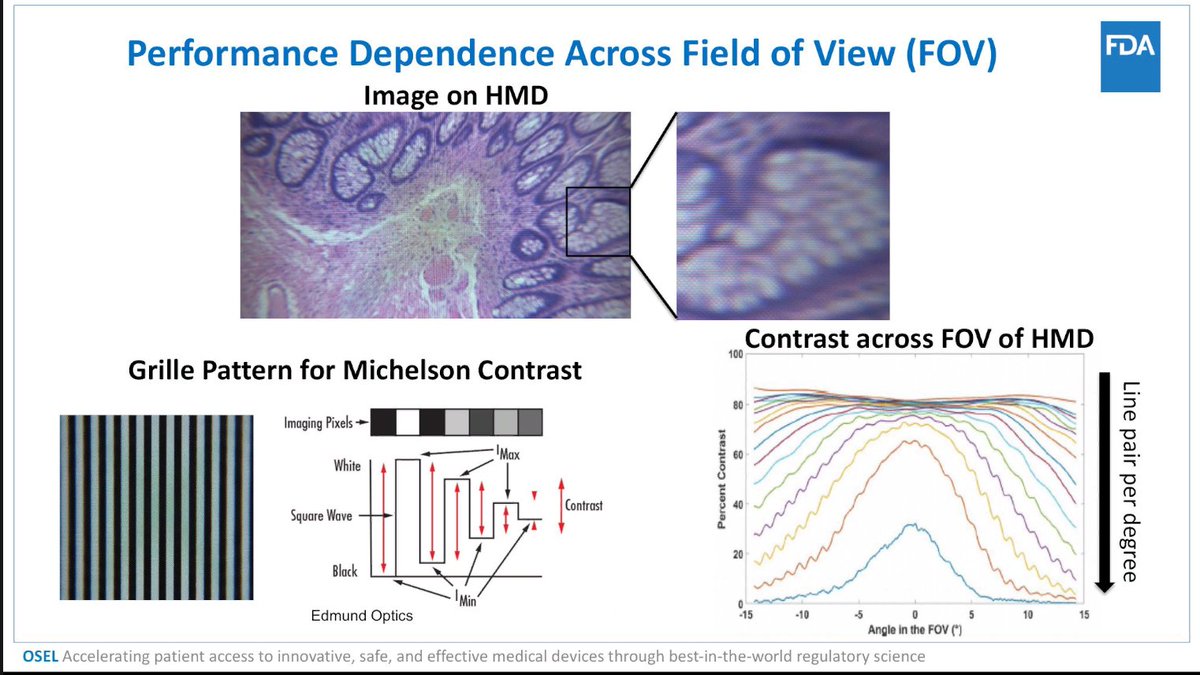
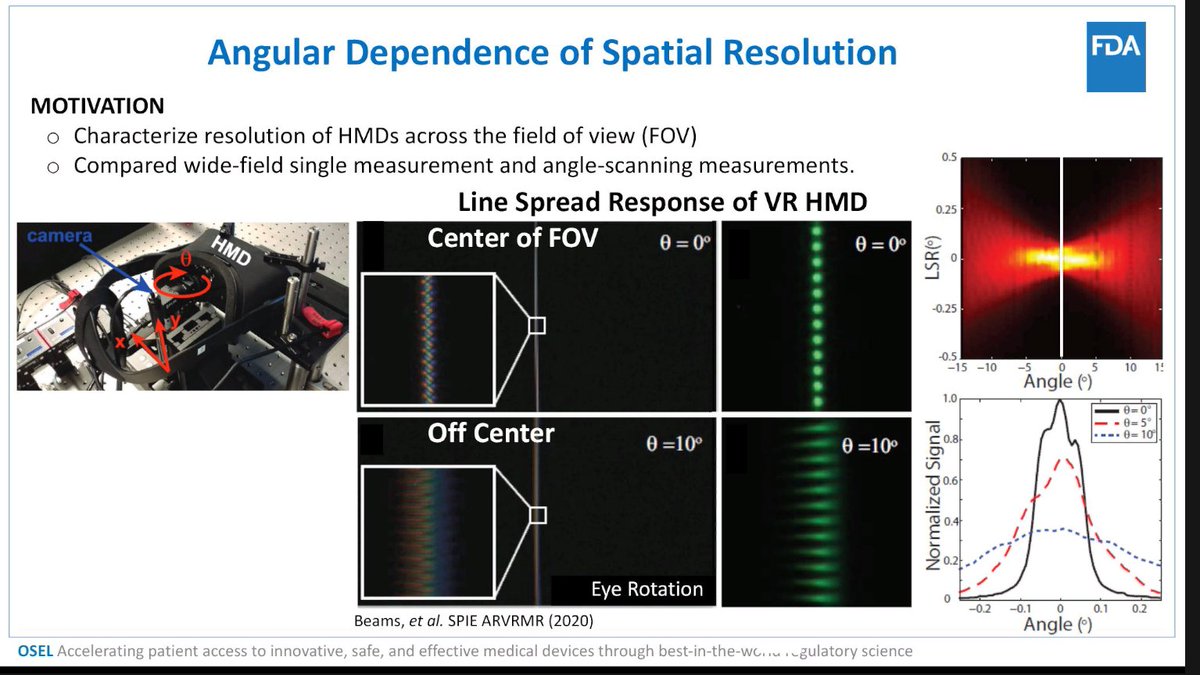
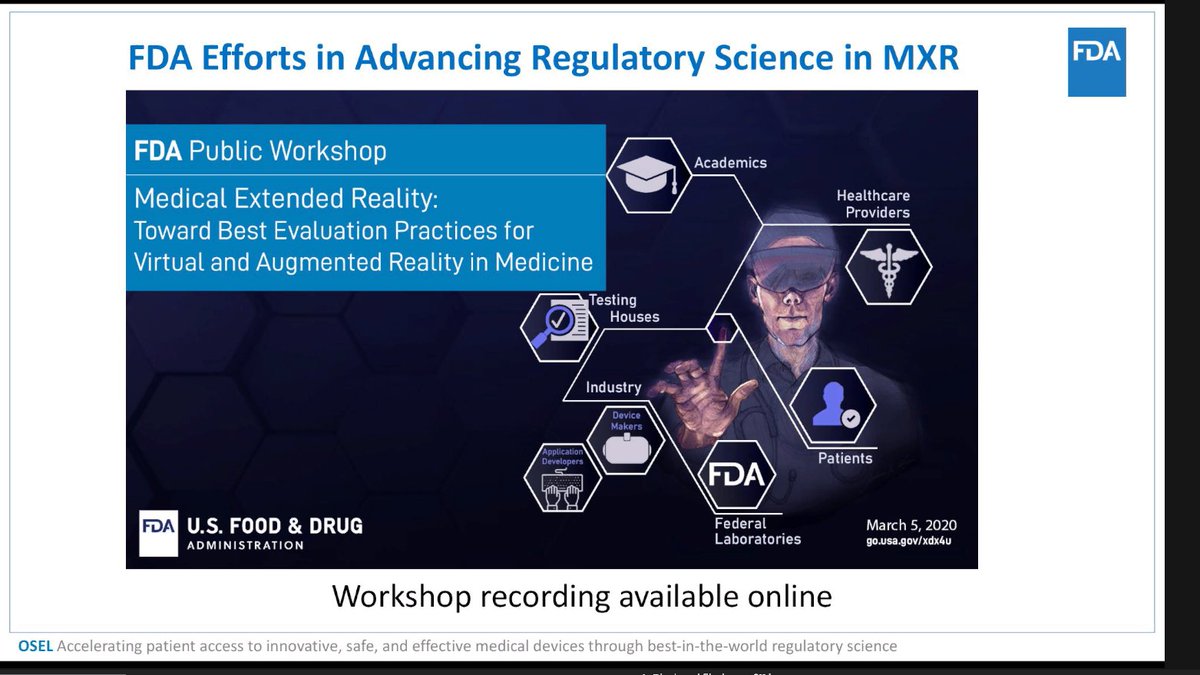
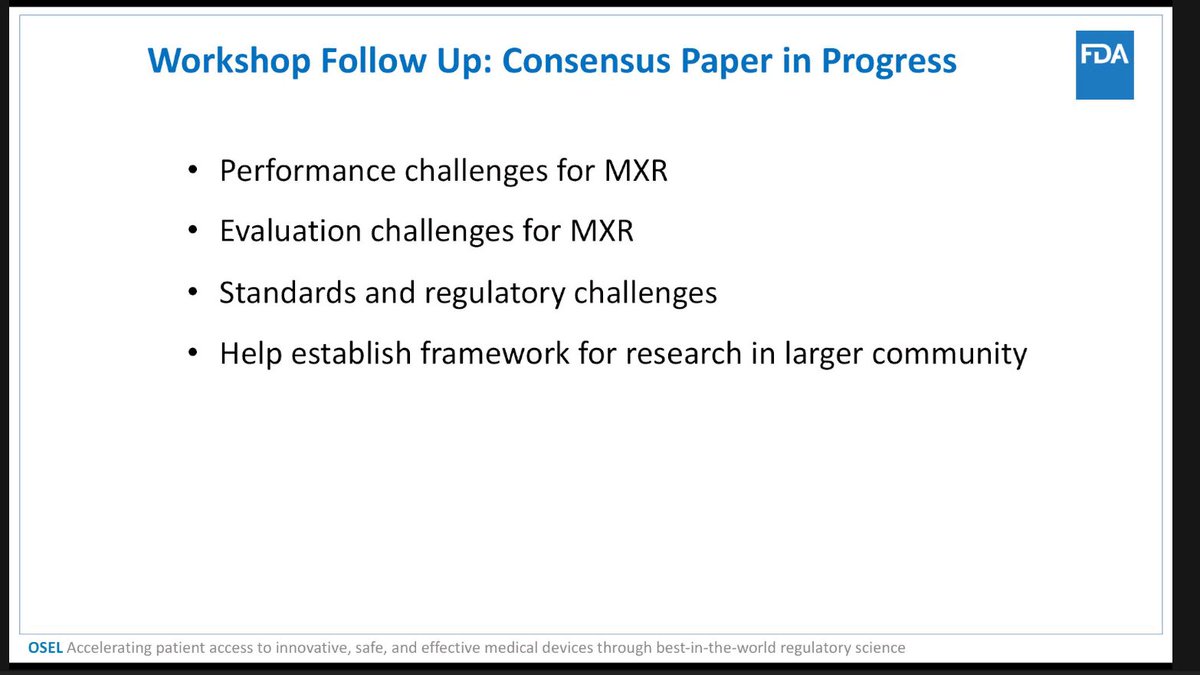
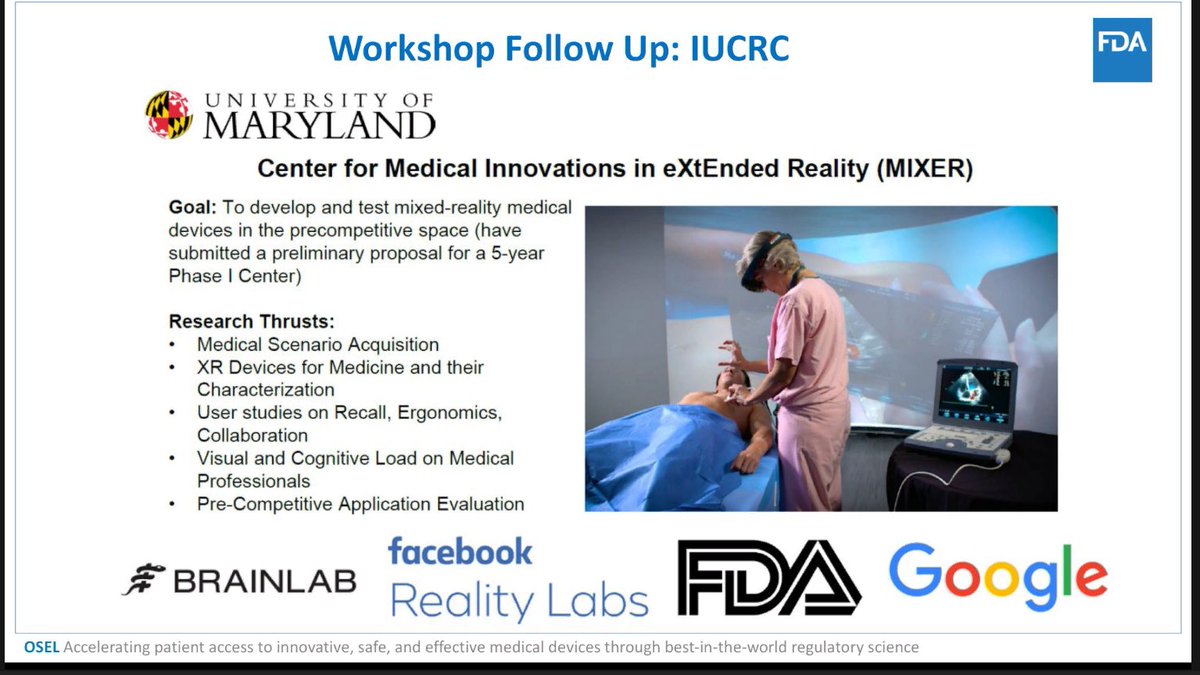
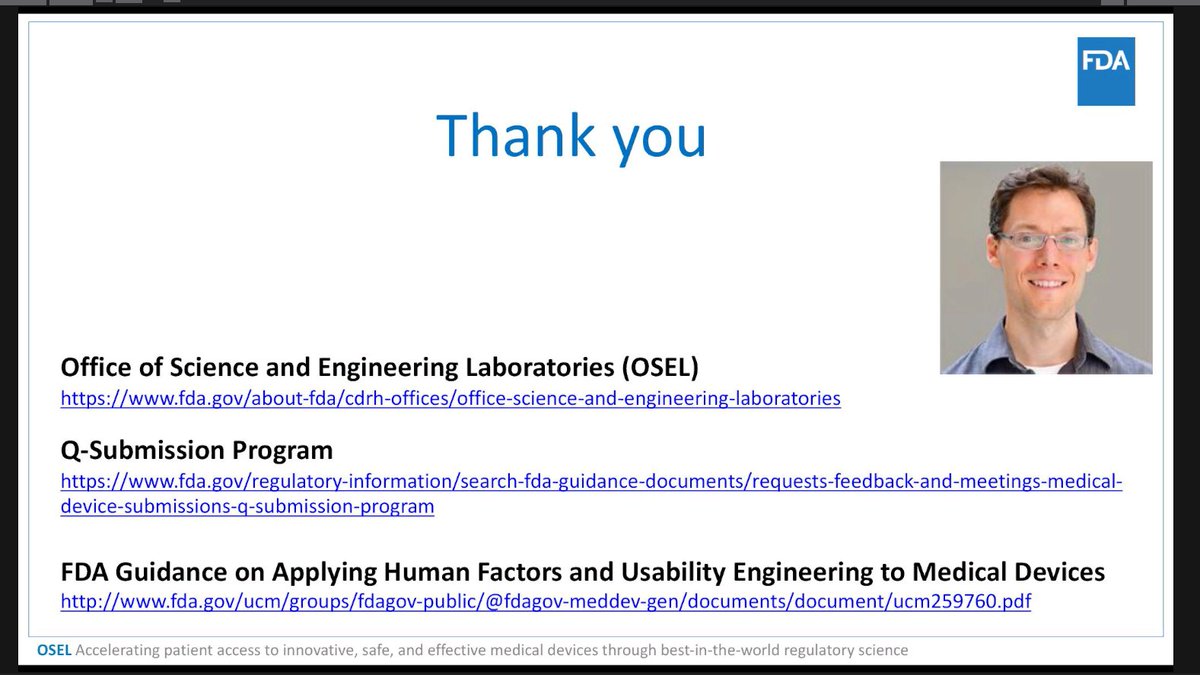
![44/ "How to get started [in getting your XR medical device approved by regulators]- First steps towards the mountain peak" - Tobias Klingenfuss, TWT Digital Health GmbH ( @twtdigihealth).This talk gives a high-level overview of some of the EU-specific considerations. 44/ "How to get started [in getting your XR medical device approved by regulators]- First steps towards the mountain peak" - Tobias Klingenfuss, TWT Digital Health GmbH ( @twtdigihealth).This talk gives a high-level overview of some of the EU-specific considerations.](https://pbs.twimg.com/media/Ei3CrUtU0AAhG7r.jpg)
![44/ "How to get started [in getting your XR medical device approved by regulators]- First steps towards the mountain peak" - Tobias Klingenfuss, TWT Digital Health GmbH ( @twtdigihealth).This talk gives a high-level overview of some of the EU-specific considerations. 44/ "How to get started [in getting your XR medical device approved by regulators]- First steps towards the mountain peak" - Tobias Klingenfuss, TWT Digital Health GmbH ( @twtdigihealth).This talk gives a high-level overview of some of the EU-specific considerations.](https://pbs.twimg.com/media/Ei3DnZ8U4AEUwcI.jpg)
![44/ "How to get started [in getting your XR medical device approved by regulators]- First steps towards the mountain peak" - Tobias Klingenfuss, TWT Digital Health GmbH ( @twtdigihealth).This talk gives a high-level overview of some of the EU-specific considerations. 44/ "How to get started [in getting your XR medical device approved by regulators]- First steps towards the mountain peak" - Tobias Klingenfuss, TWT Digital Health GmbH ( @twtdigihealth).This talk gives a high-level overview of some of the EU-specific considerations.](https://pbs.twimg.com/media/Ei3DqHZU8AIeX_P.jpg)
![44/ "How to get started [in getting your XR medical device approved by regulators]- First steps towards the mountain peak" - Tobias Klingenfuss, TWT Digital Health GmbH ( @twtdigihealth).This talk gives a high-level overview of some of the EU-specific considerations. 44/ "How to get started [in getting your XR medical device approved by regulators]- First steps towards the mountain peak" - Tobias Klingenfuss, TWT Digital Health GmbH ( @twtdigihealth).This talk gives a high-level overview of some of the EU-specific considerations.](https://pbs.twimg.com/media/Ei3EF4mVgAALRq8.jpg)


